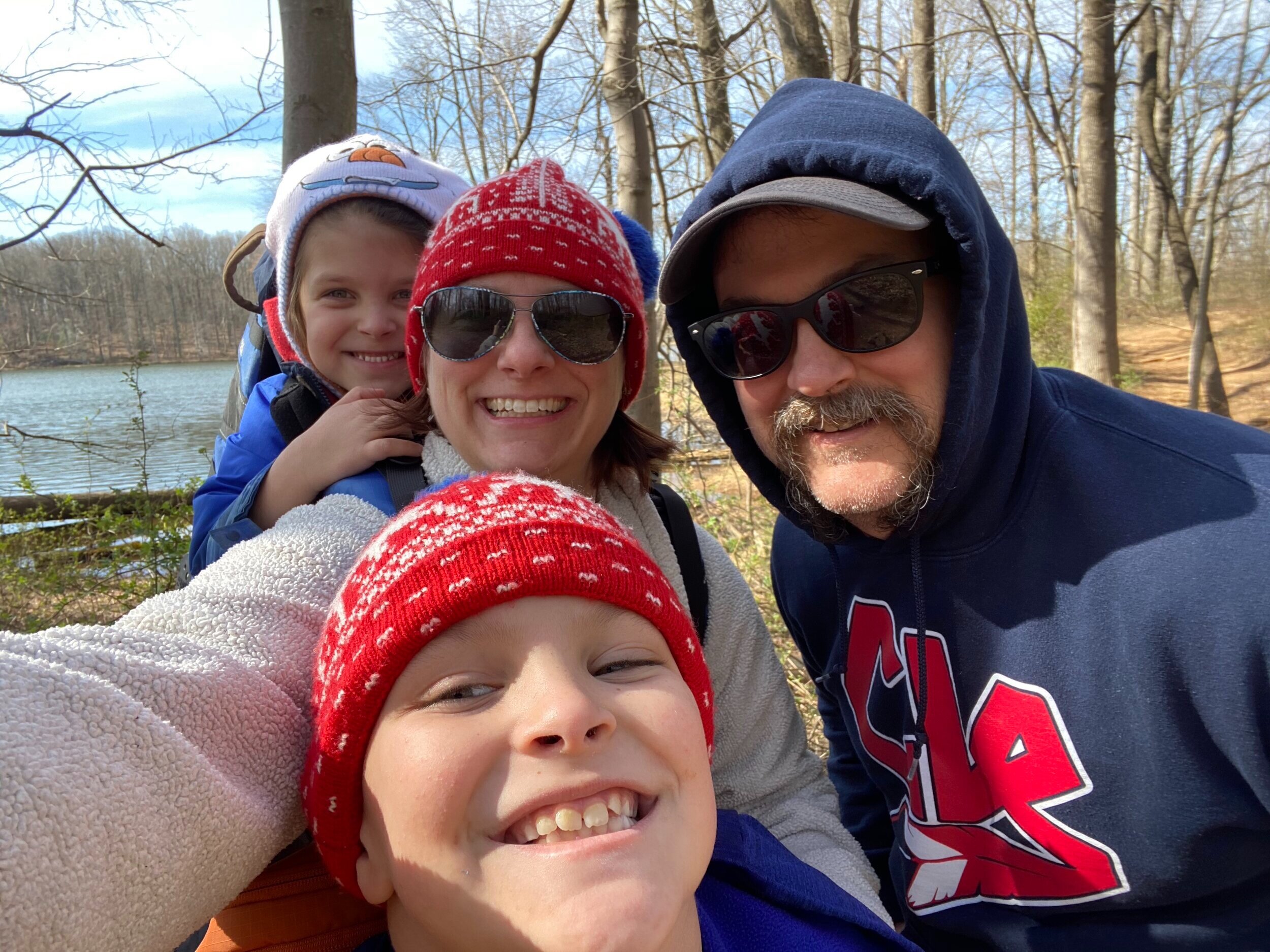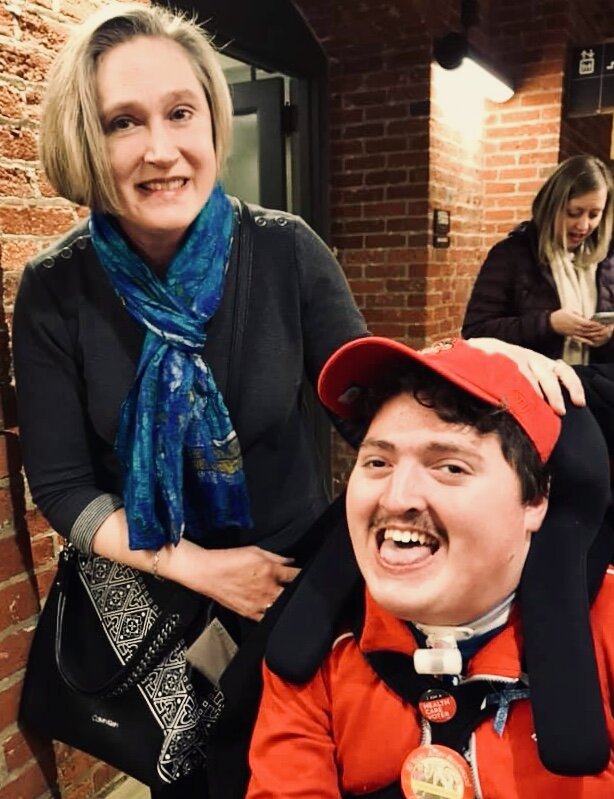Rob Stone and his dad advocating with Little Lobbyists [image description: A young white man with short, curly dark hair, poses in his wheelchair, his supportive vest covered in political buttons. His head rest supports a sign that says, “Little Lobbyists: Please Save Our Health Care.” An older white man stands just behind him. Both wear royal blue t-shirts.]
As parents of children and young adults with disabilities, we should always work to be better allies. Being an ally means empowering our kids and asking ourselves some challenging questions: Are we letting our children speak for themselves? Are we giving them the means and the platform to become their own advocates? As we advocate, are we centering our own experience as caregivers, or their experience as disabled people?
As a writer, I know that how we use our words matters. We, ourselves, may have heard certain terms used in a medical setting that we think are ok to use, or heard slurs directed at our kids that we know not to use. But have we listened enough to people with disabilities themselves and how they would like us to use language? Soon enough, our own children will be grown. Listening to the disability community and using appropriate language helps us raise them with a sense of dignity and awareness, with the understanding that they are allowed and encouraged to challenge the words used to describe them, and that their lives are their own.
So let’s talk about a few terms in use by nondisabled people that are not preferred! These terms can be infantilizing, misleading, or derogatory. The best way to unlearn them is to understand why they are harmful and what we can say instead.
Special Needs: We should say our children have needs, just like anyone else! They need to eat, dress, go to school, breathe, and thrive. They might access these activities with medical interventions or social accommodations, but their needs are still the same. Disabled people feel that referring to their needs as “special” perpetuates the idea that disabled people are not like their peers when inclusion is really a matter of access and accommodation for everyone, disabled and nondisabled.
Wheelchair-bound: This phrase suggests that the person using the wheelchair is stuck or imprisoned in their chair, when, in fact, many wheelchair users see their chair as their freedom and means of accessing their world. This phrasing also suggests that the wheelchair user cannot make their own choices, or spends all their time in one seated position. Wheelchair users have dignity. They decide where they want to go (and when), and when they want to use other physical supports (bean bag chairs, beds, walkers, other chairs). A wheelchair is a means of being independent.
[Insert disability or medical condition] Mom/Dad/Parent: As parents, we provide a lot of support to our children, but that doesn’t mean we share their disabilities. When a family caregiver uses this label, they are centering their own experience as caregivers, instead of our child’s experience as a disabled person. We need to let our children have their own identities, and we, as family caregivers, need to develop identities of our own. Try saying, “I’m the parent of an autistic child,” instead.
Nonverbal: Many disabled people rely on gestures, sounds, and facial expressions, and/or assistive technology, such as tablets, symbol and letter boards, or other computerized devices in order to communicate. This does not mean they don't understand language; they simply may not use their mouths and vocal chords to generate words, i.e., “speak.” Try saying that someone is nonspeaking instead.
Medically Fragile: By referring to our children using this phrase, we’re perpetuating an image that they are less capable than they really are. Referring to someone as “fragile” gives others the impression they need to be sheltered and kept apart from their communities. Disabled people with all sorts of medical needs (tracheostomies, ventilators, tube-feeding) are present in their communities every day! By referring to your child as medically complex, you’re not shying away from their high medical needs, but you’re emphasizing their capability.
High/Low Functioning: Drawing distinctions among people based on assumptions about their capabilities, whether cognitive or physical, isn’t the way nondisabled people would refer to other nondisabled people. So why use these terms with disabled people? Your friends are good at some things, not so great at others. Instead, describe the supports your child might need to participate, such as, “My child needs instructions in plain language,” or “My child can play baseball, but must hit the ball from a tee, and needs help swinging the bat.”
SpEd Kids/Special Education: As with “special needs,” we must emphasize that our children’s need for an education isn’t “special”; it’s as universal a need as anything else. While school systems refer to “special education” for the time being, as parents we can avoid using that phrase in our conversations with friends and family, as well as the phrase, “SpEd kids.” Try just saying, “My child attends elementary school.” If you need to explain anything else, try saying, “My child receives learning accommodations, just as “gifted” children and other groups do.”
Crazy/Insane/Nuts: Mental health should never be treated lightly, nor turned into a joke. But the use of words like “crazy” or “insane” to describe feelings, events, or actions is everywhere. It can be challenging to stop using these words, but we all need to try. Instead, you could substitute “wild,” “amazing,” for stuff we enjoy, or “uncalled for,” “inappropriate” for actions or encounters we can’t understand or condone, or “unsettled,” “scattered,” “that annoys me,” for feelings.
Dumb/Idiot/Moron: These words were used along with “mental retardation” in medical diagnostic manuals during the 19th and 20th centuries to define levels of cognitive ability. They’ve since migrated into casual conversation, but it isn’t right to judge anyone’s intelligence, even if you think you’re just kidding. Try substituting “insensitive” or “mean” or be more descriptive and say, “My boss is a really bad boss.” Or just don’t use them at all.
R-word (some people STILL don’t know): Just don’t use this slur. It conjures up everything ugly about you. People use “r*tard” because they think it’s the only acceptable slur left after racial and ethnic slurs have become unconscionable to use. It’s not a joke, either, nor a term of “endearment.”
The R-word is an unconscionable word because it implies that disabled people are completely other and different from everyone else. And that’s really the issue, disabled people are not different, they’re just like everyone else. Their needs, to be listened to and respected, are also the same as everyone else’s. As parents and caregivers, fulfilling that need starts with us.
Jeneva Stone is the Little Lobbyists blog manager. Have an idea for a blog post? Email Jeneva!





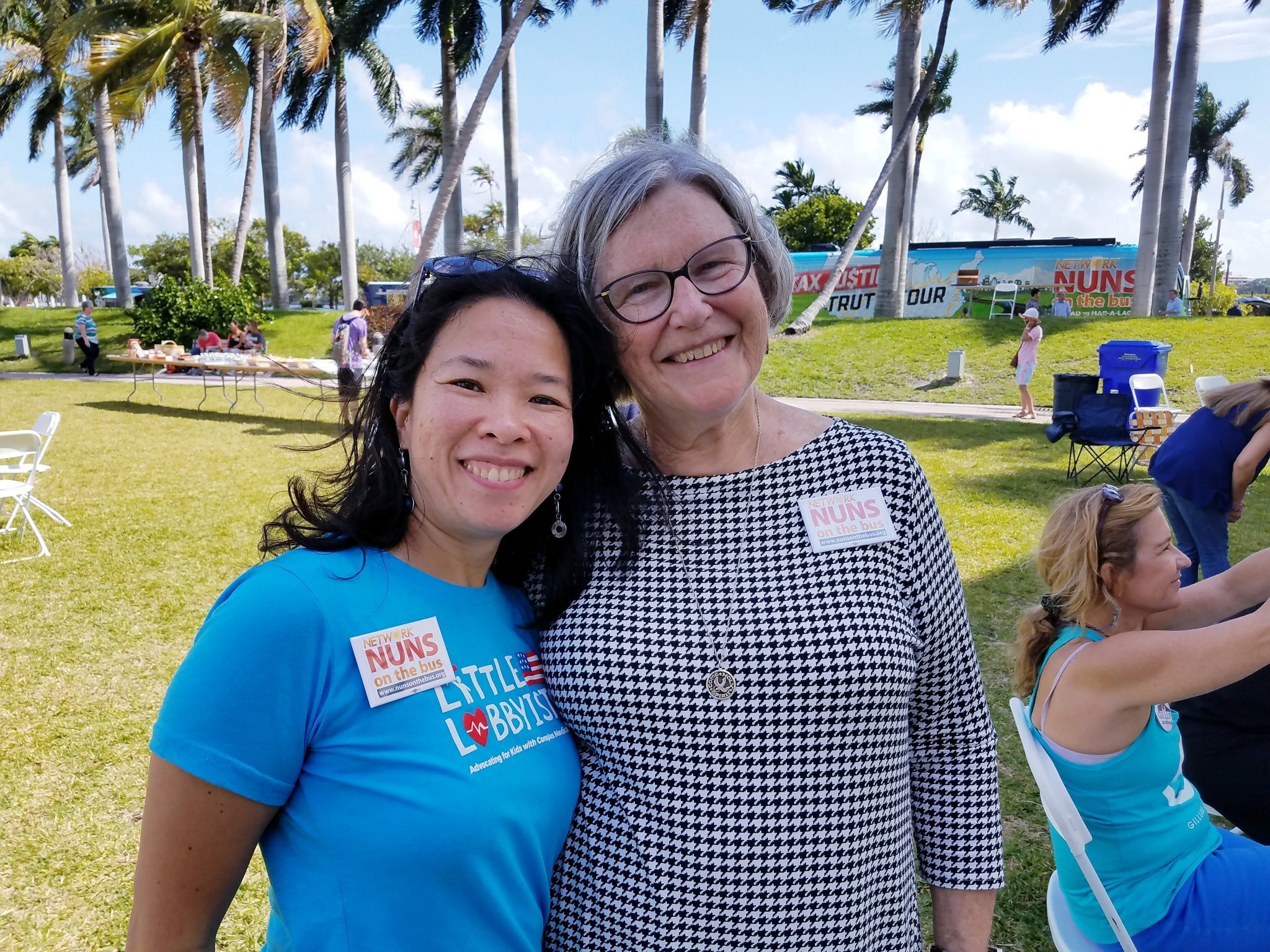
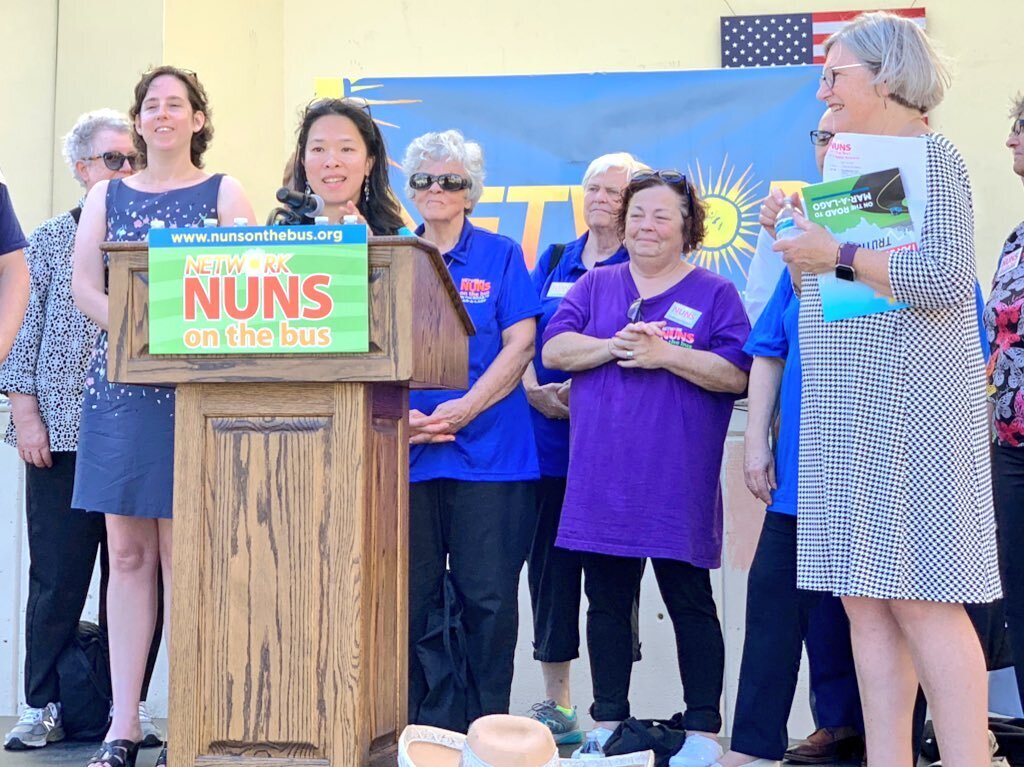
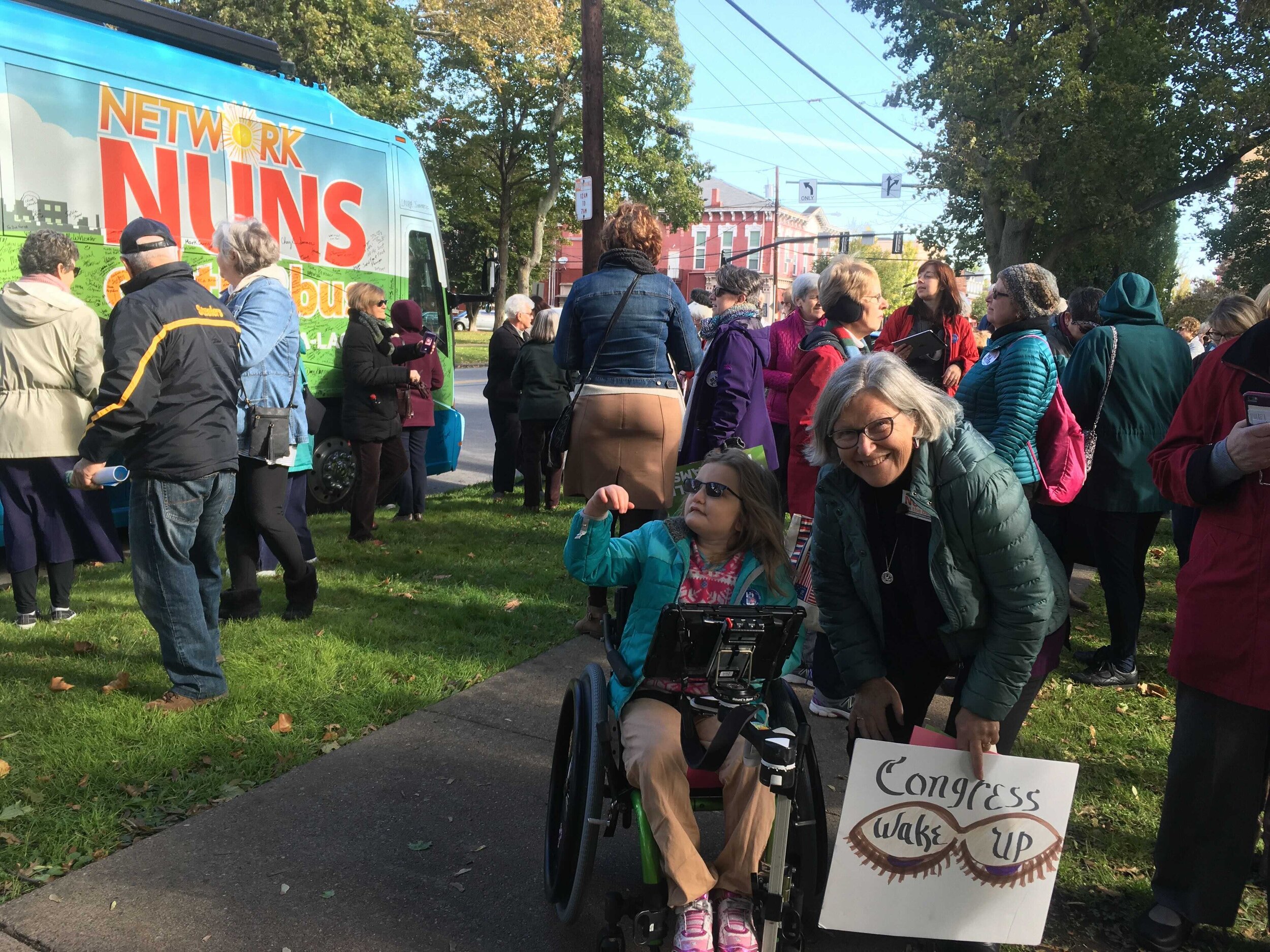
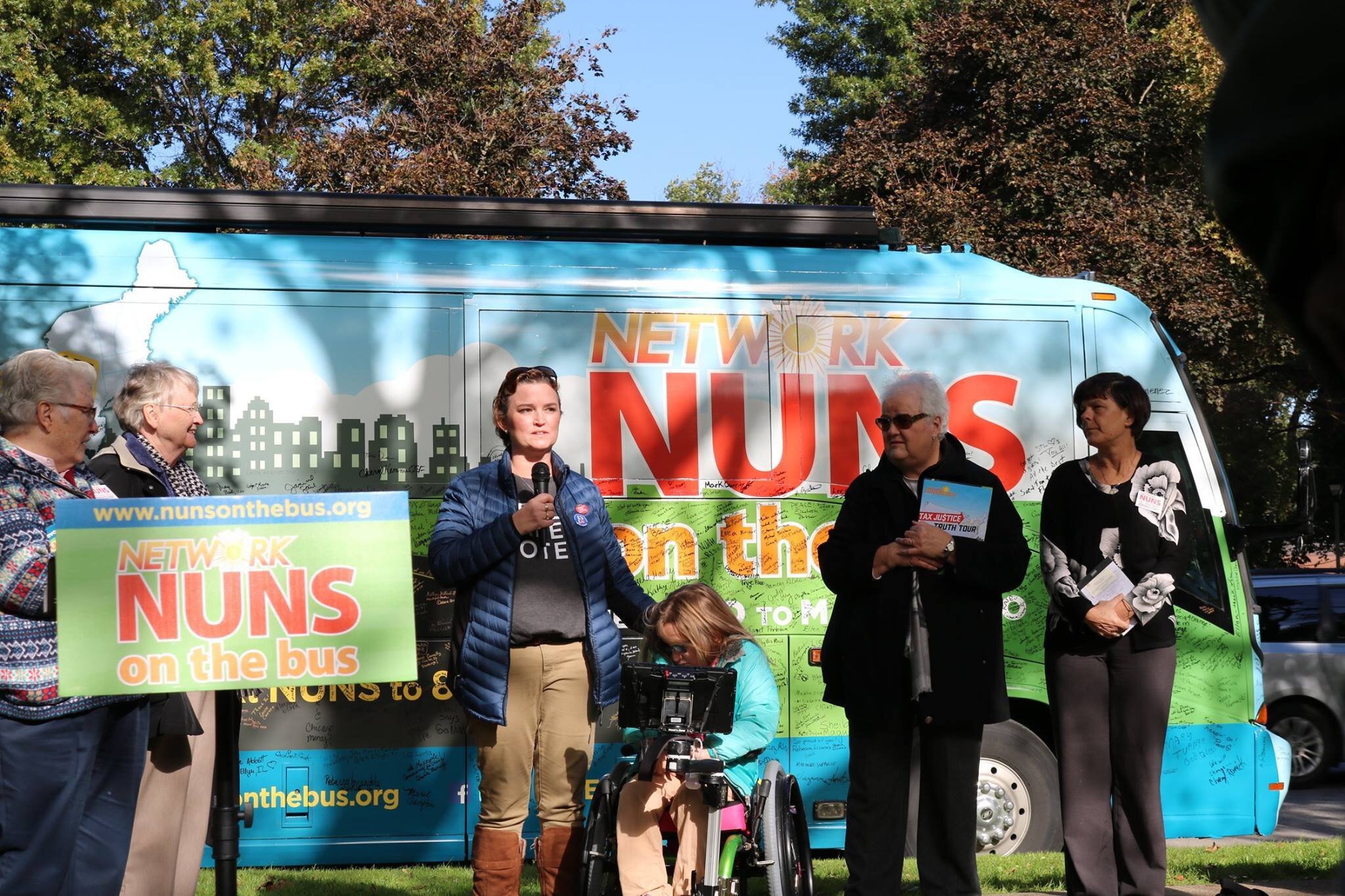
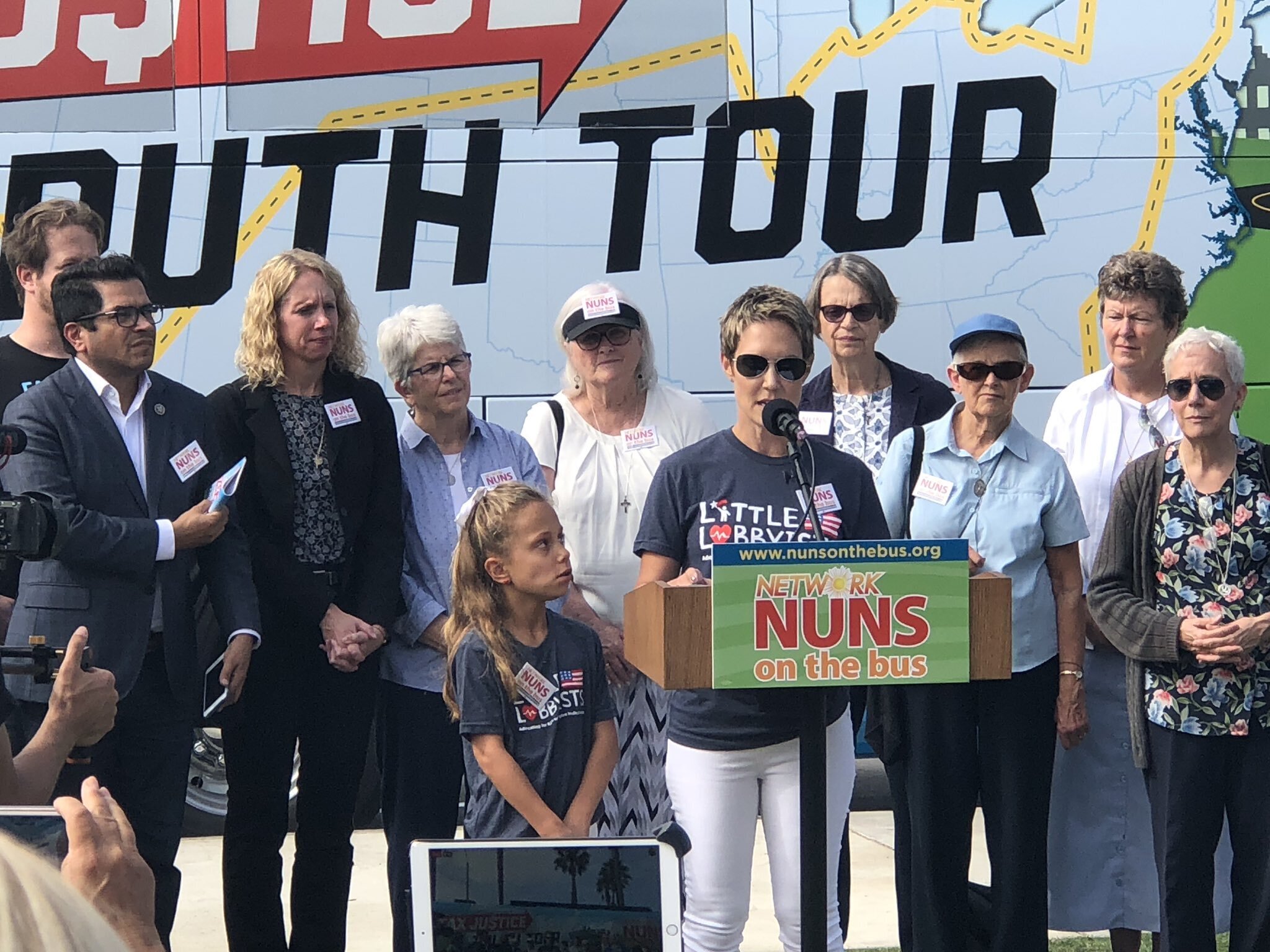
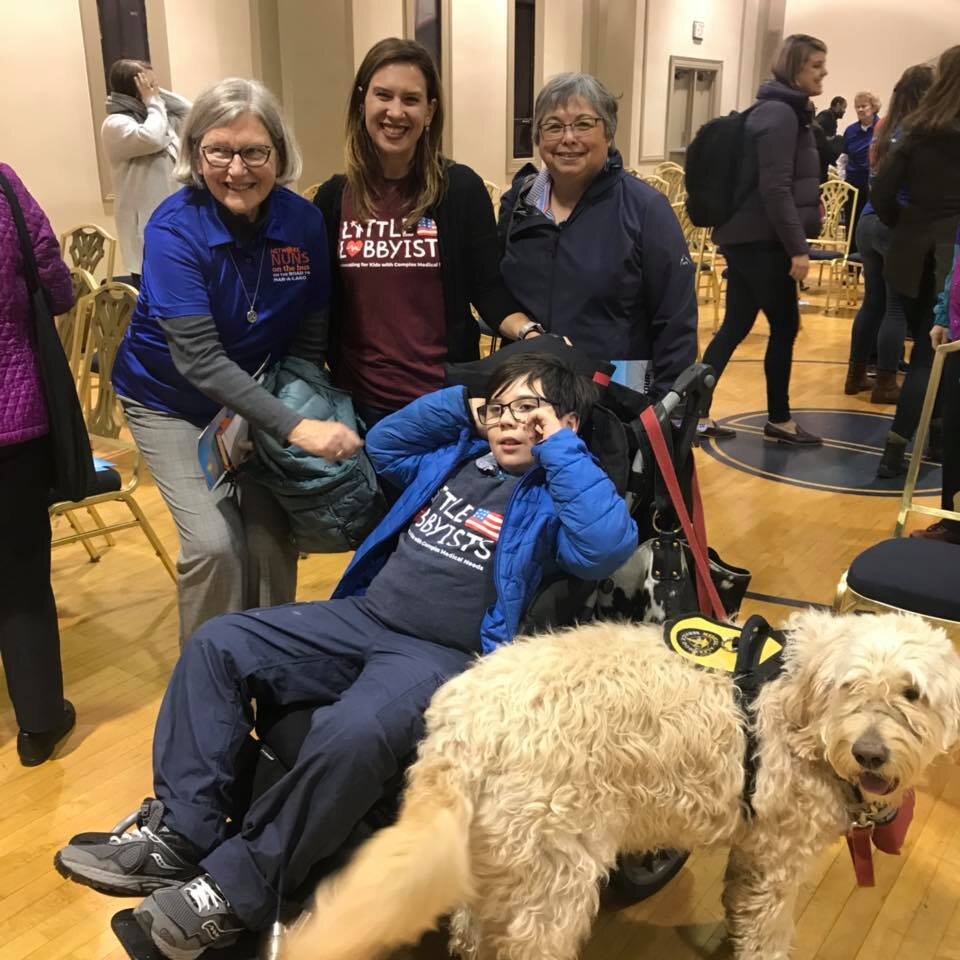
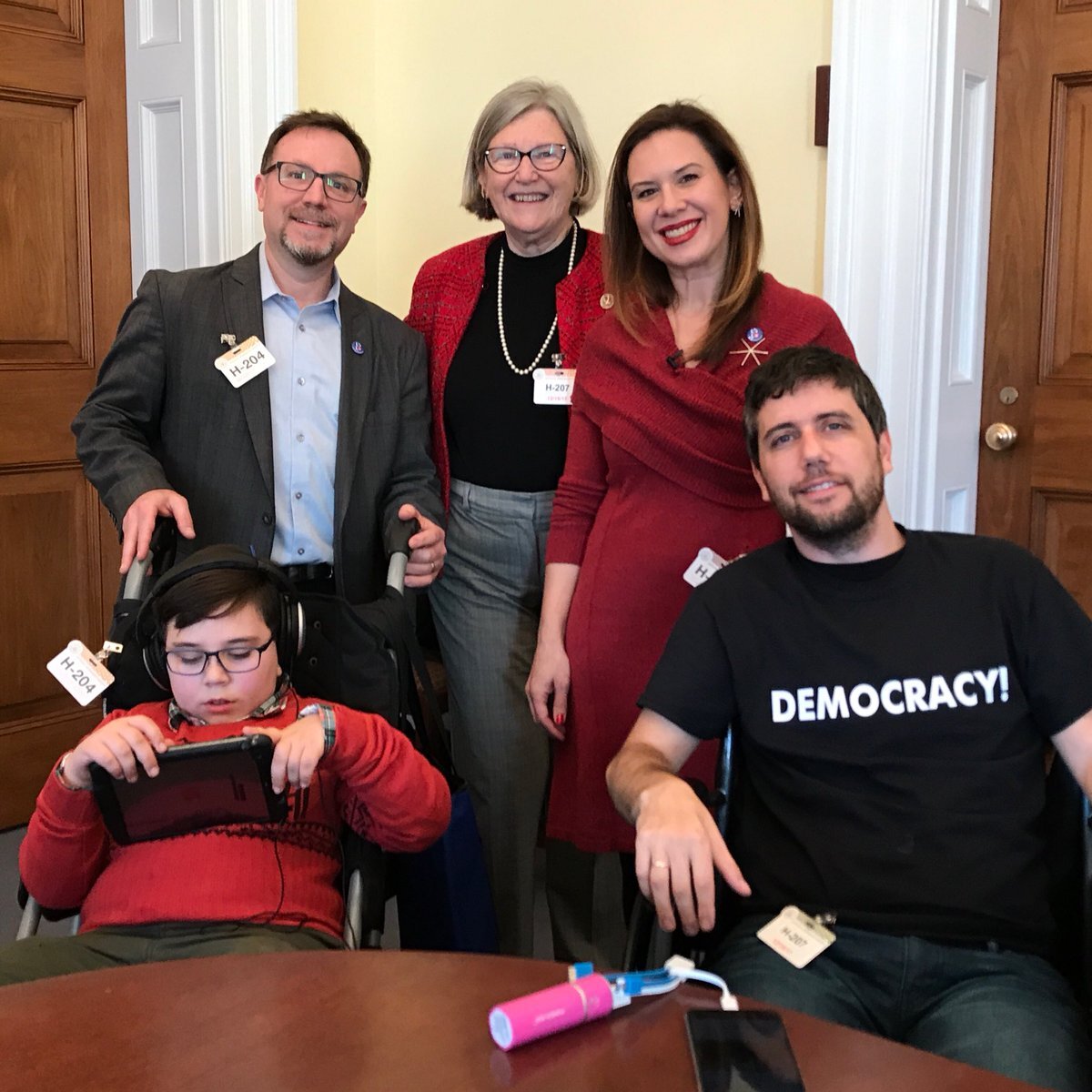
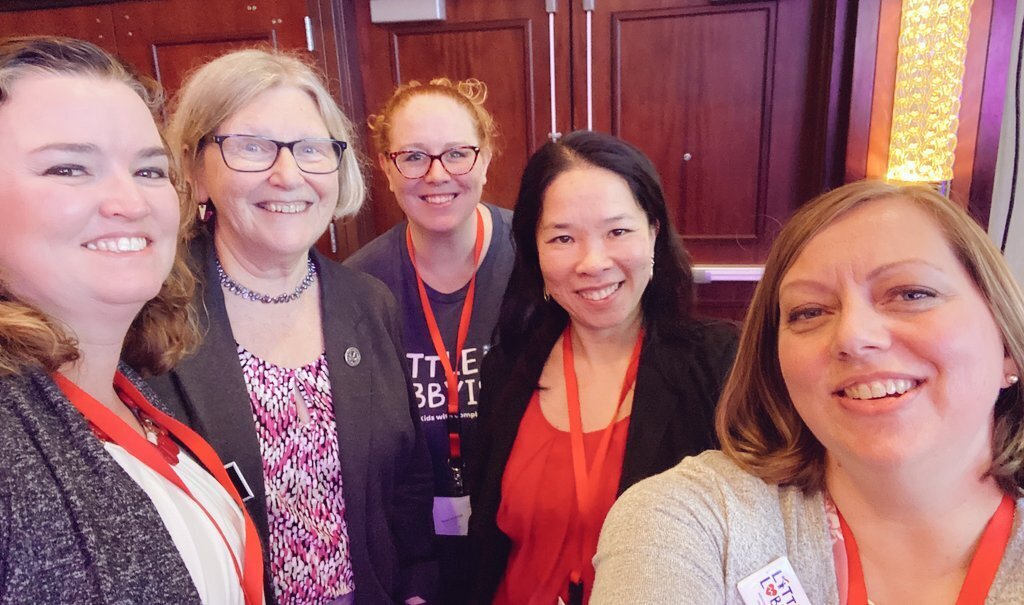
![Amadou, Zana, and Amy. [image description: A Black family poses on a couch. The dad wears a black & white plaid shirt, the son wears a colorful striped shirt, and the mom wears a gray shirt, her hair pulled back into a bun.]](https://images.squarespace-cdn.com/content/v1/59d8124080bd5eadd869b8b7/1616081735327-ITLL549R6QJC96E9N8V2/Amy%252C%2BAmadou%2B%2526%2BZana.jpg)
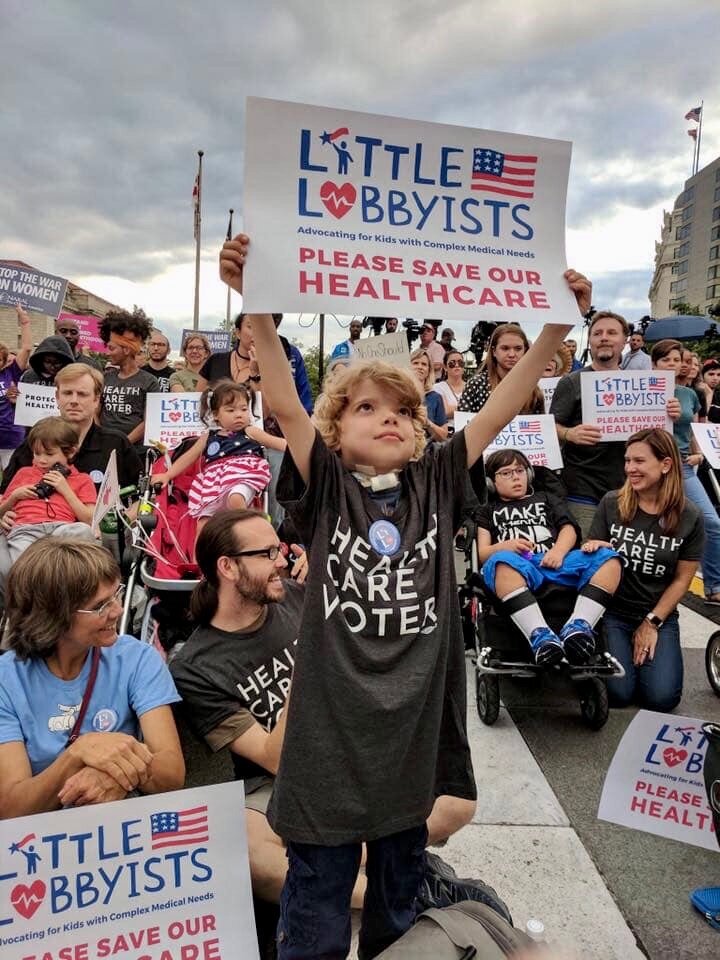
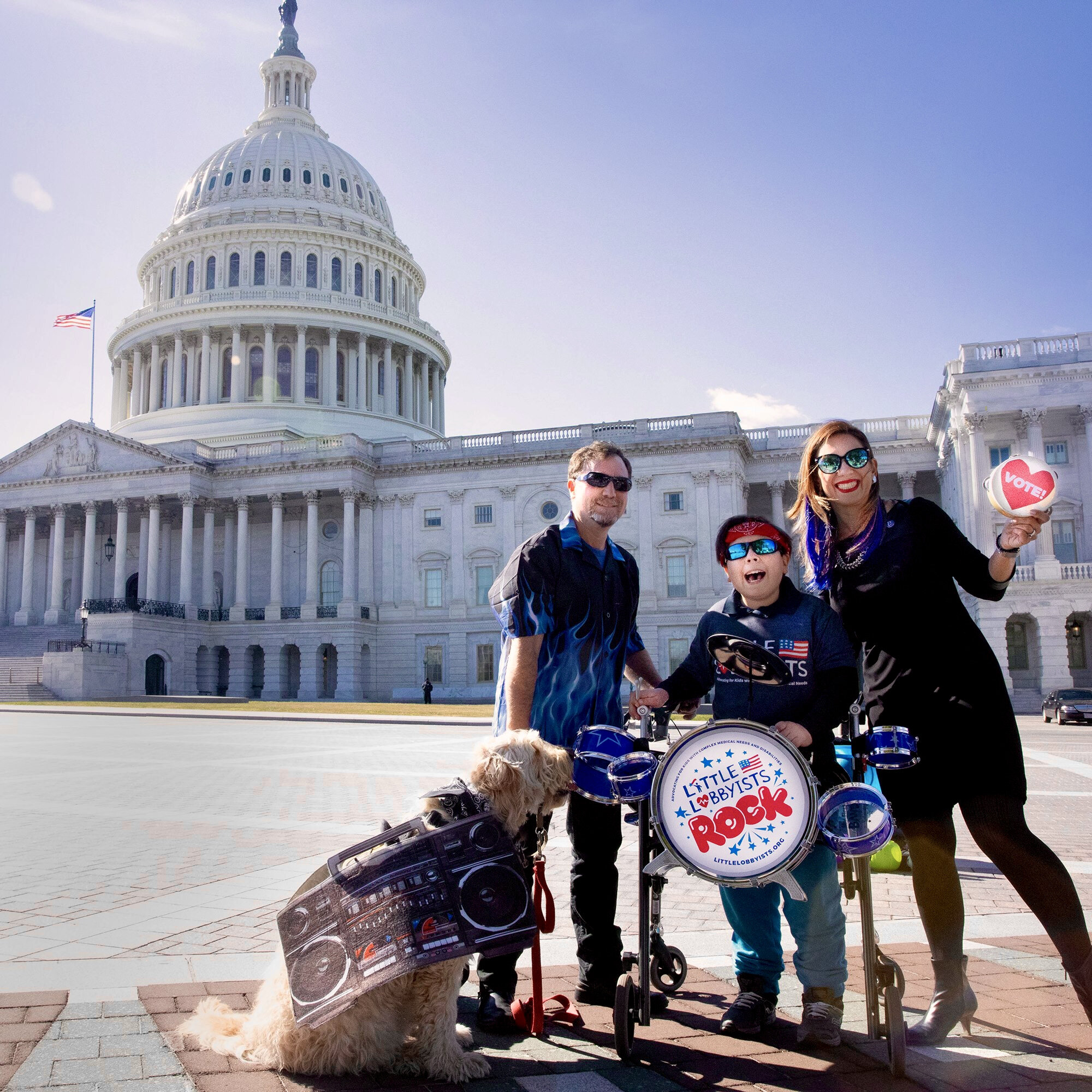
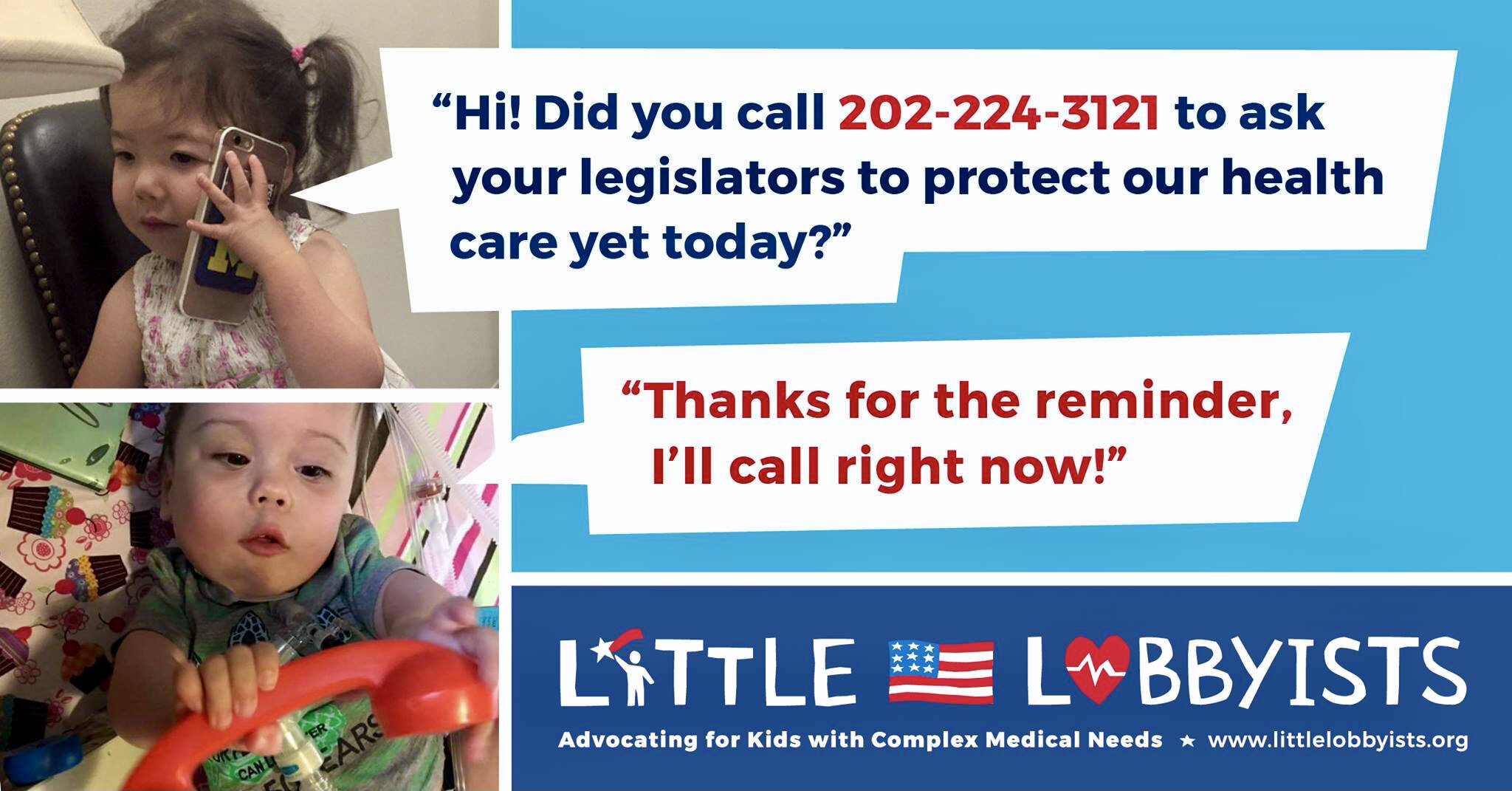
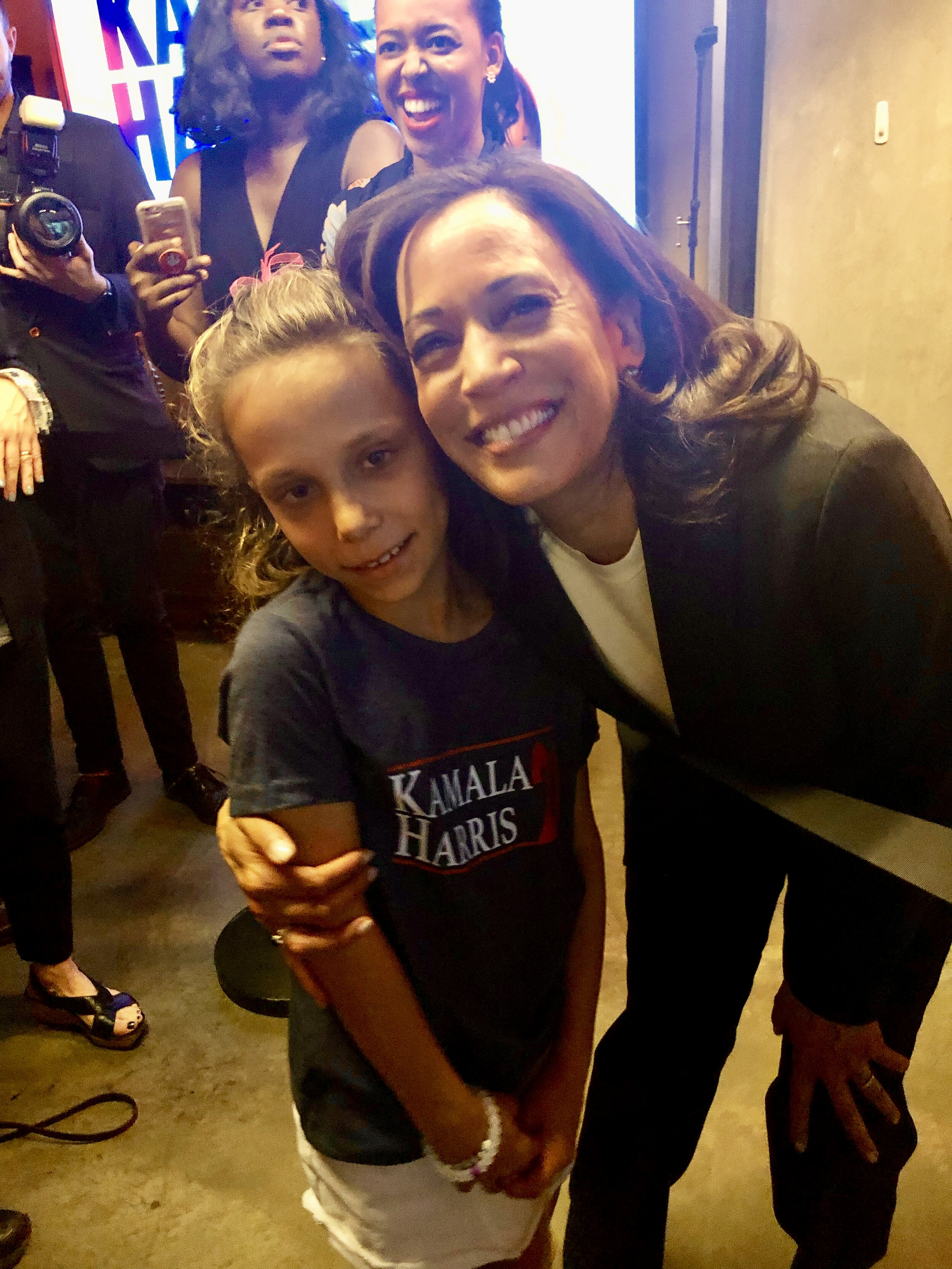
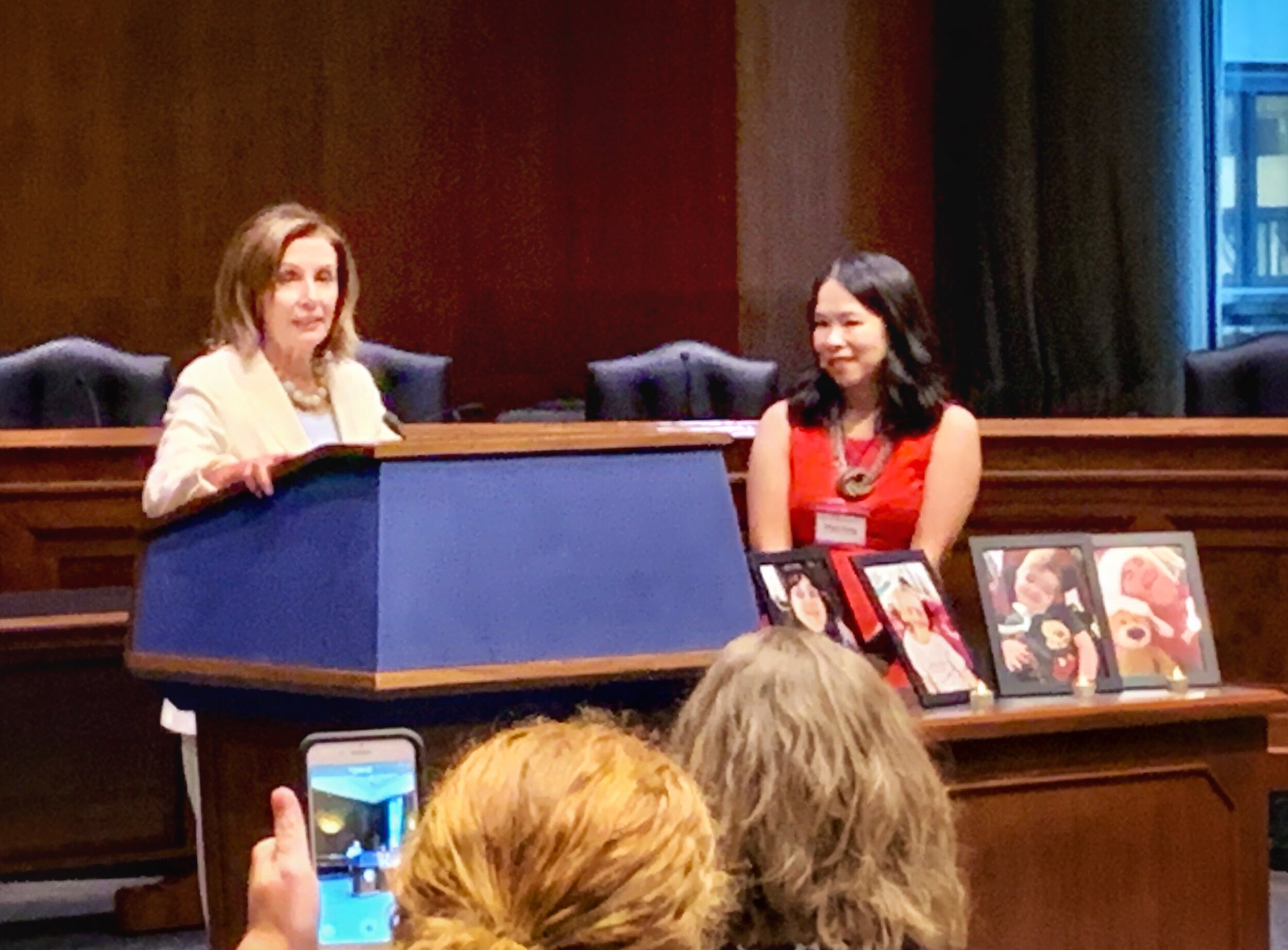
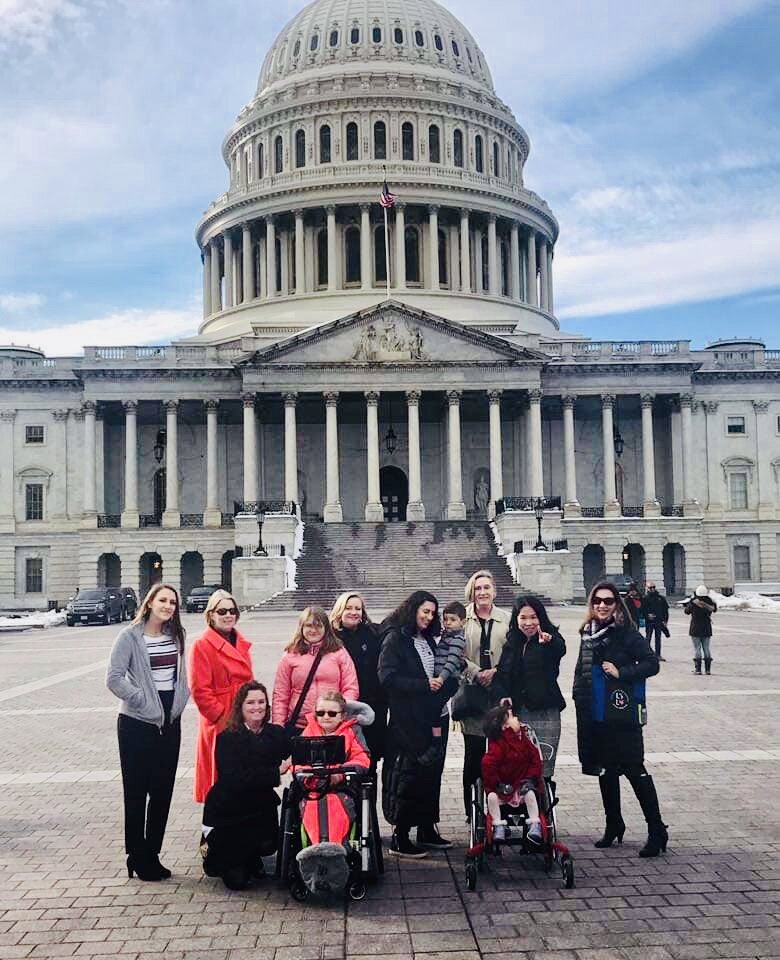
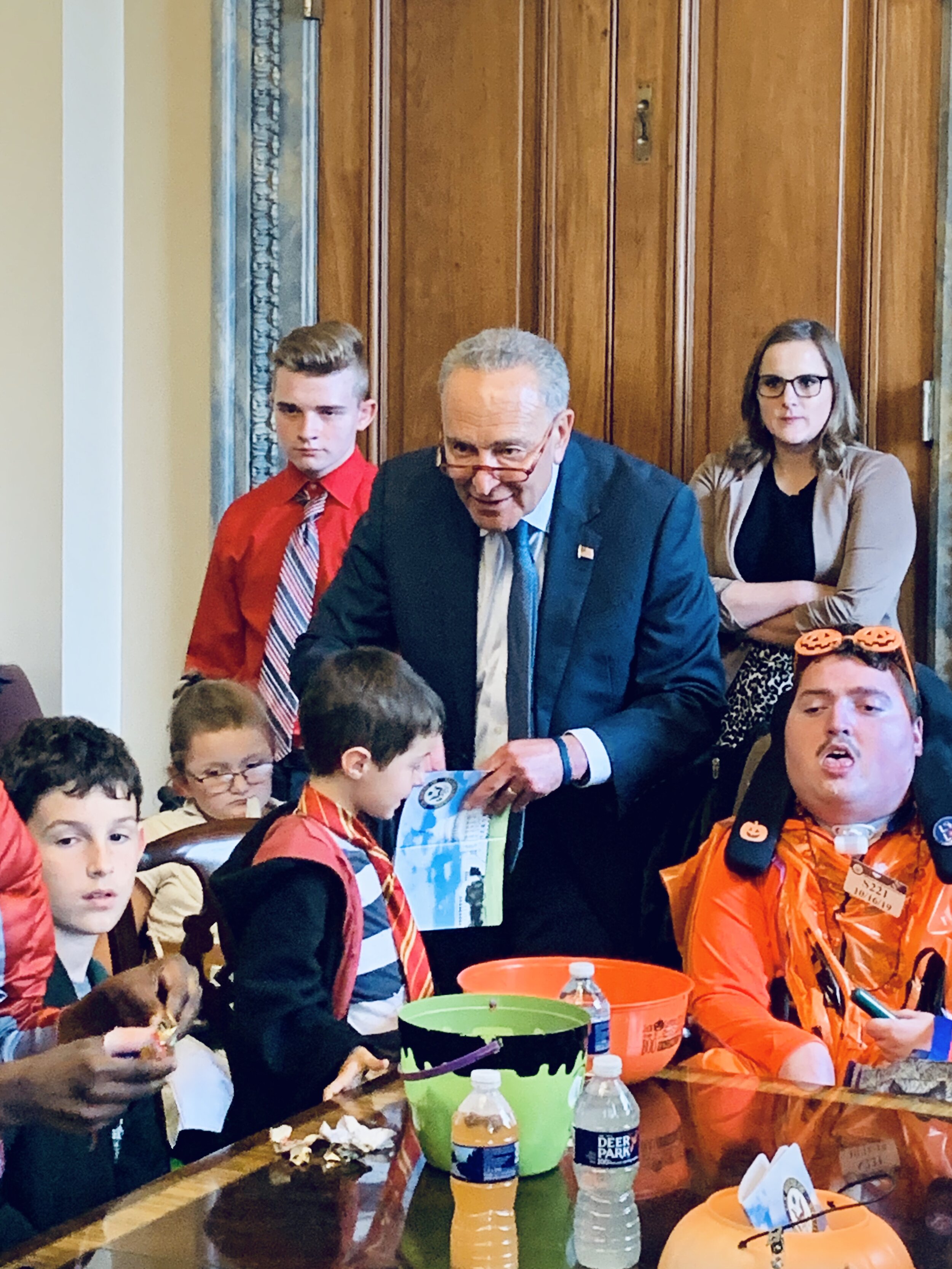
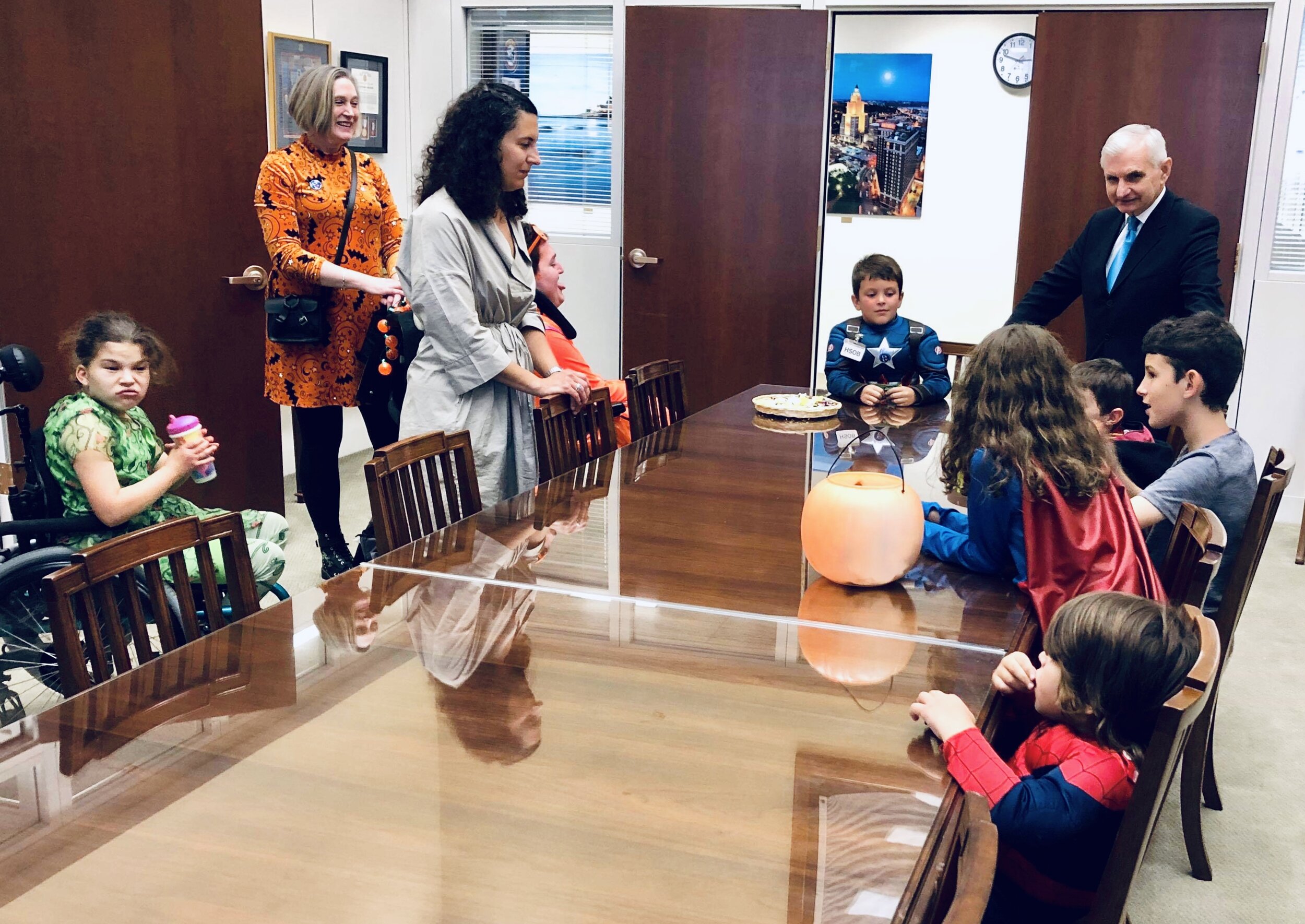
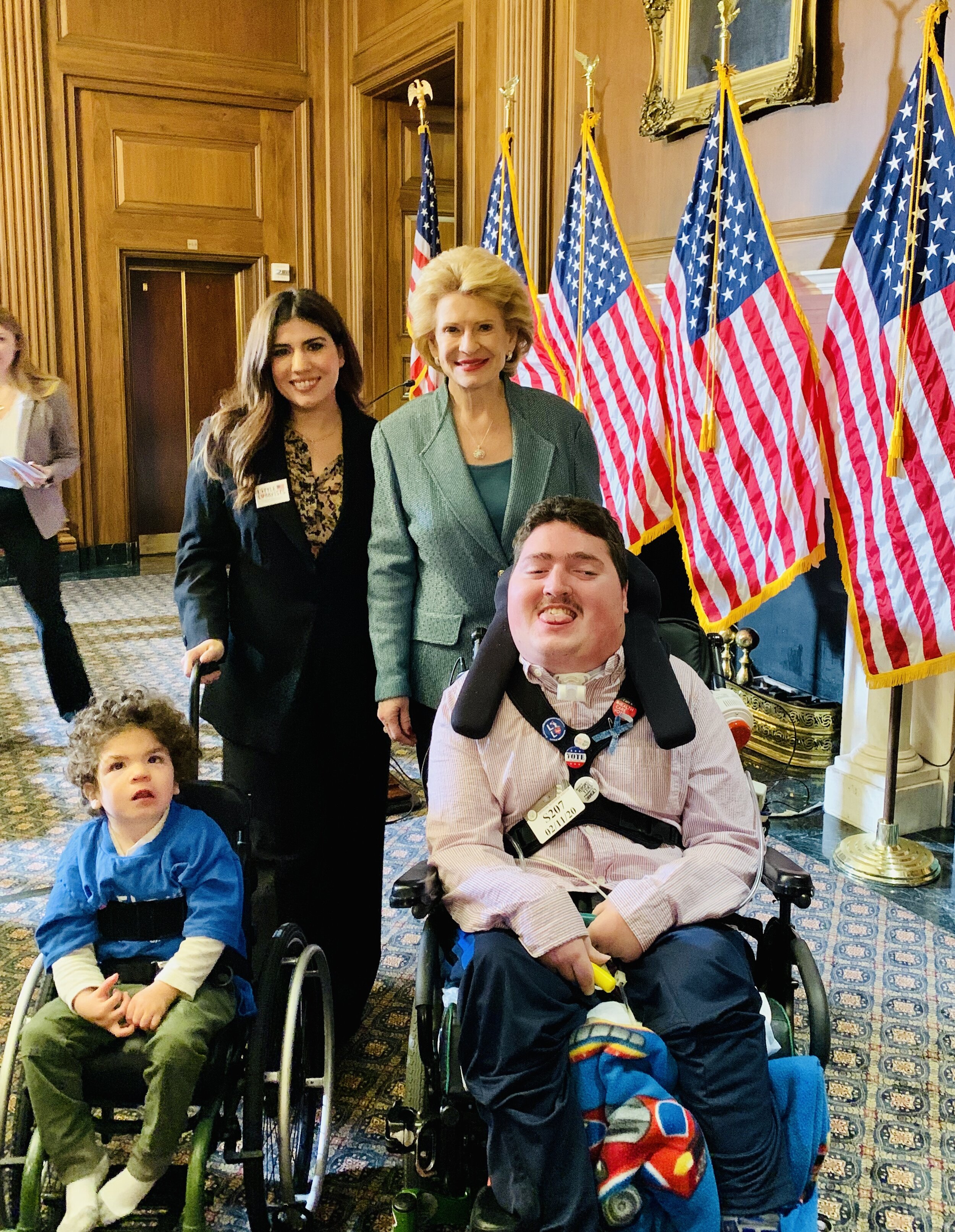
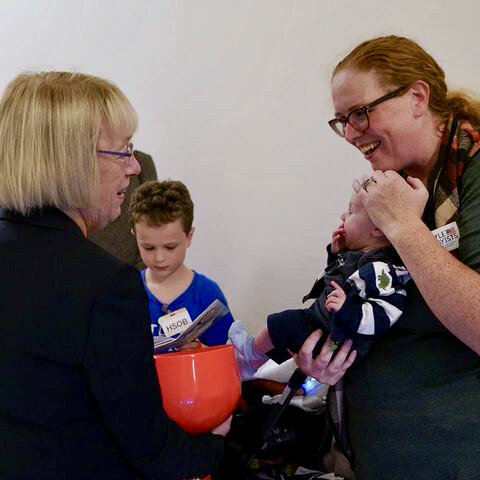
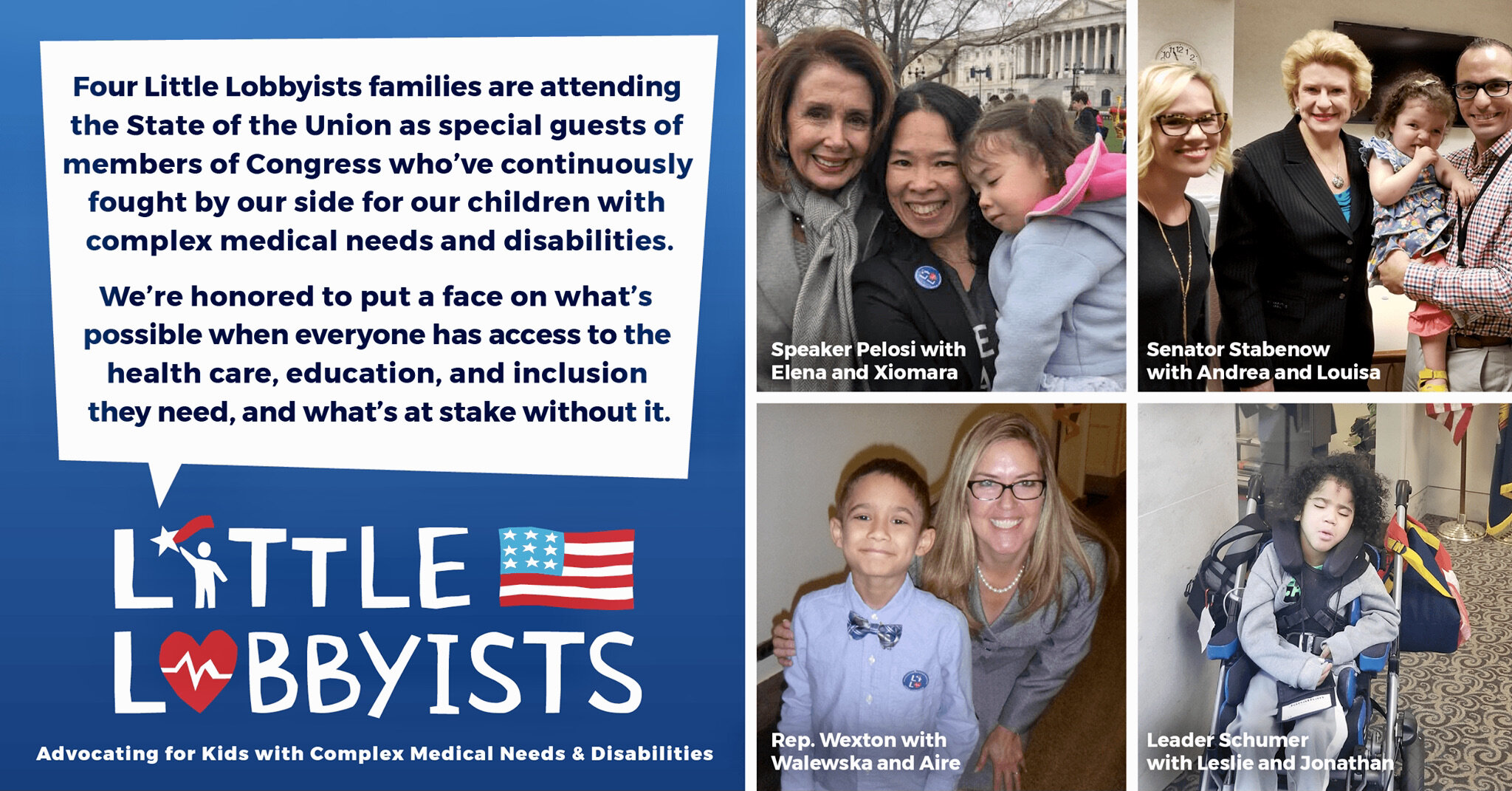
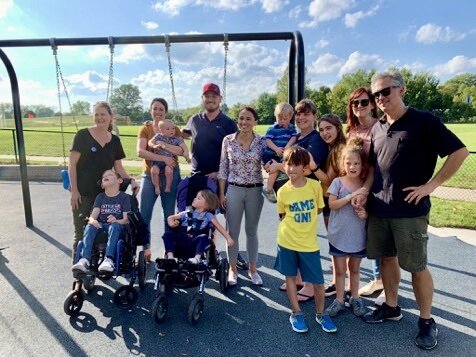
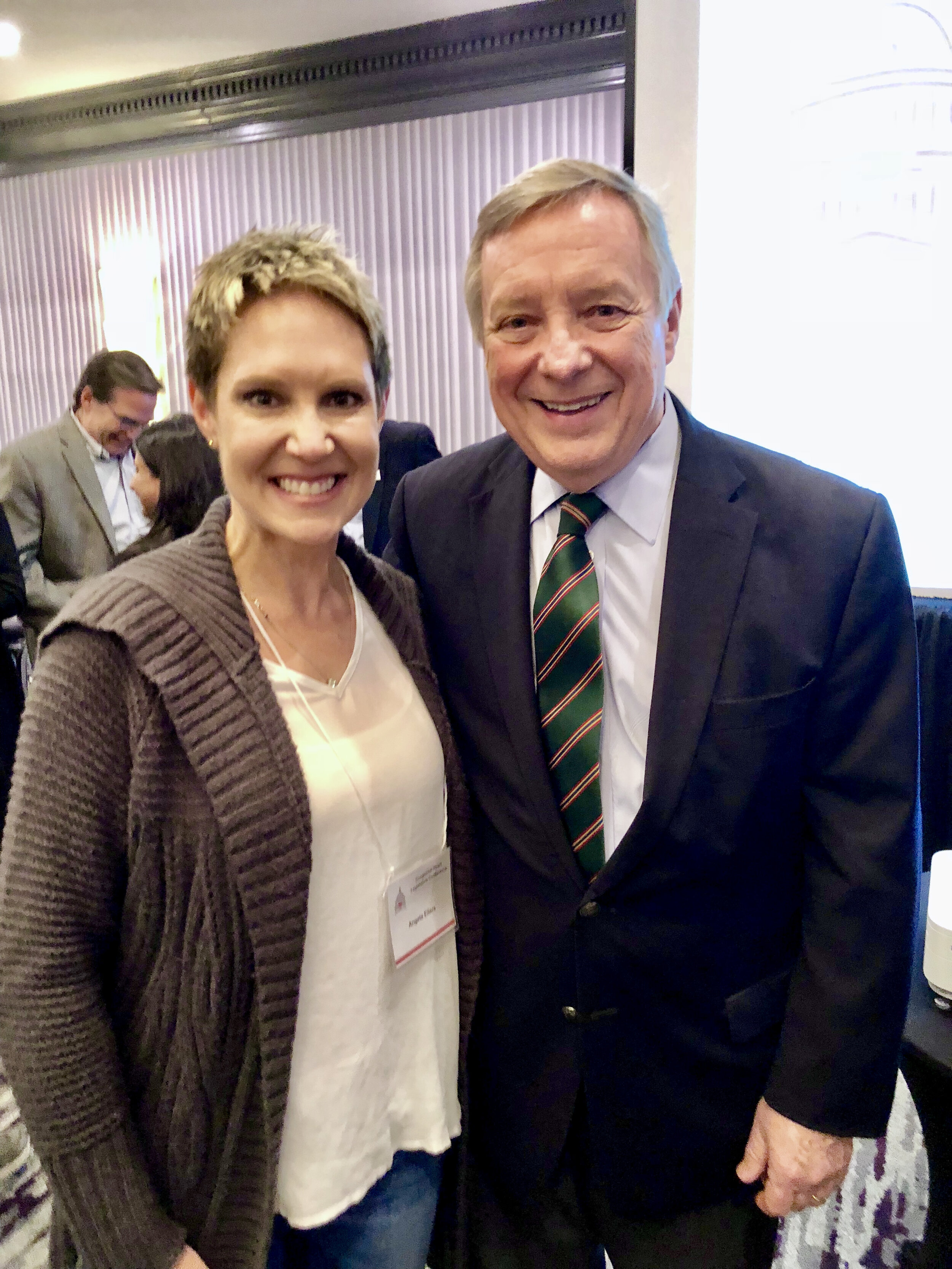
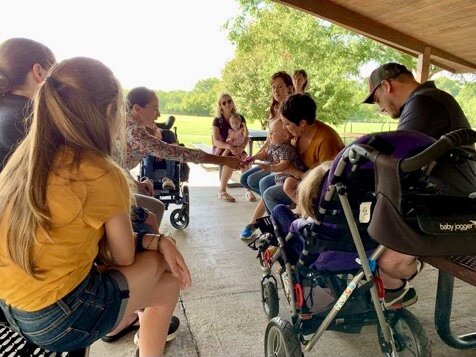
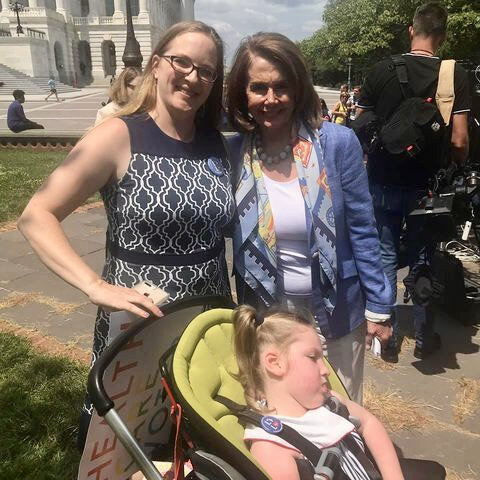
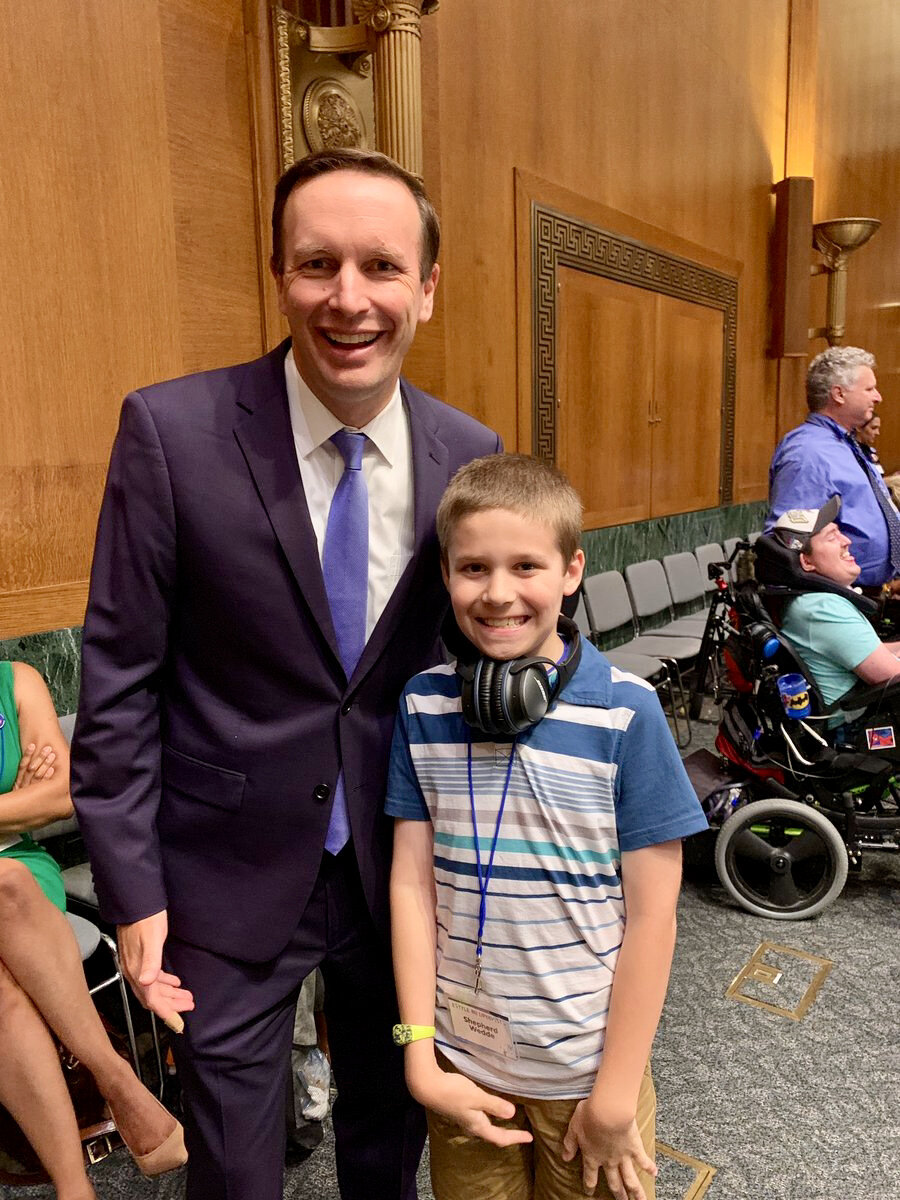
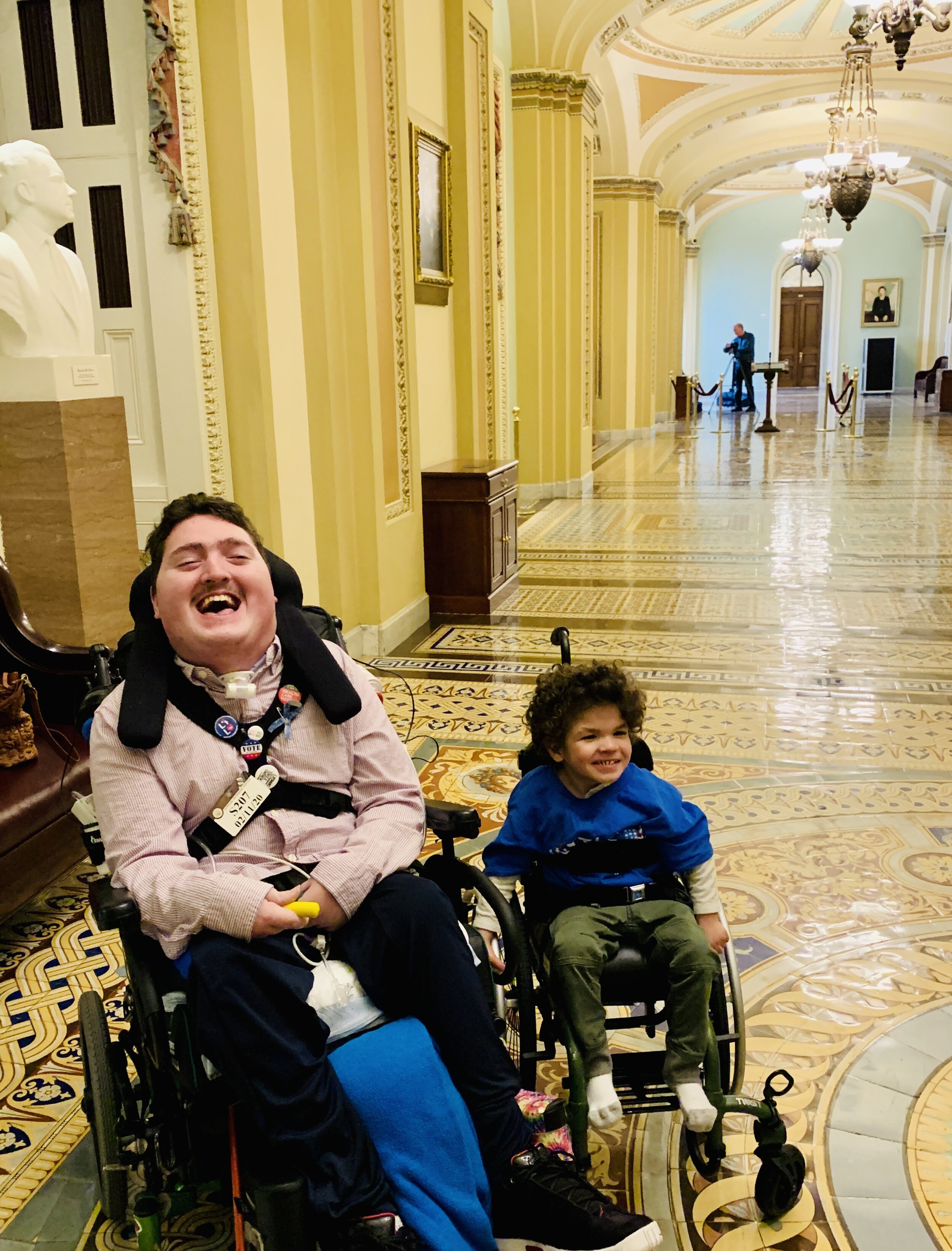
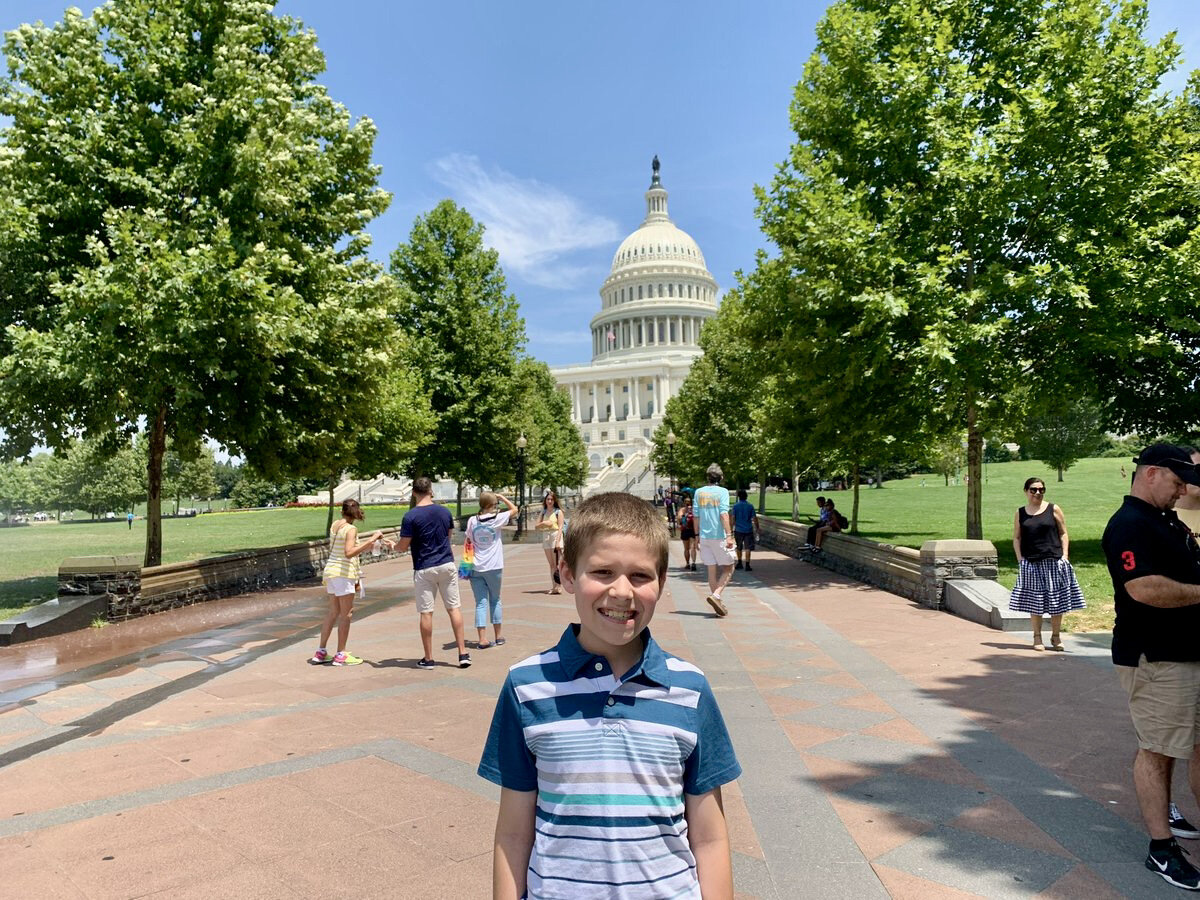
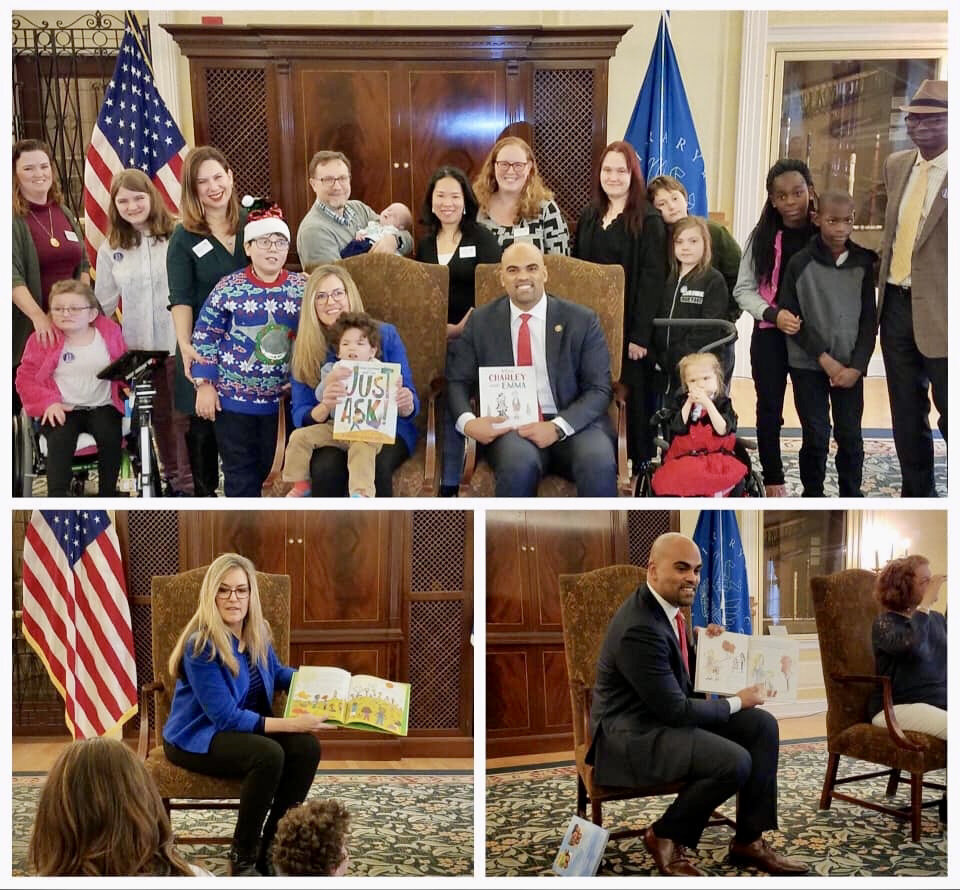
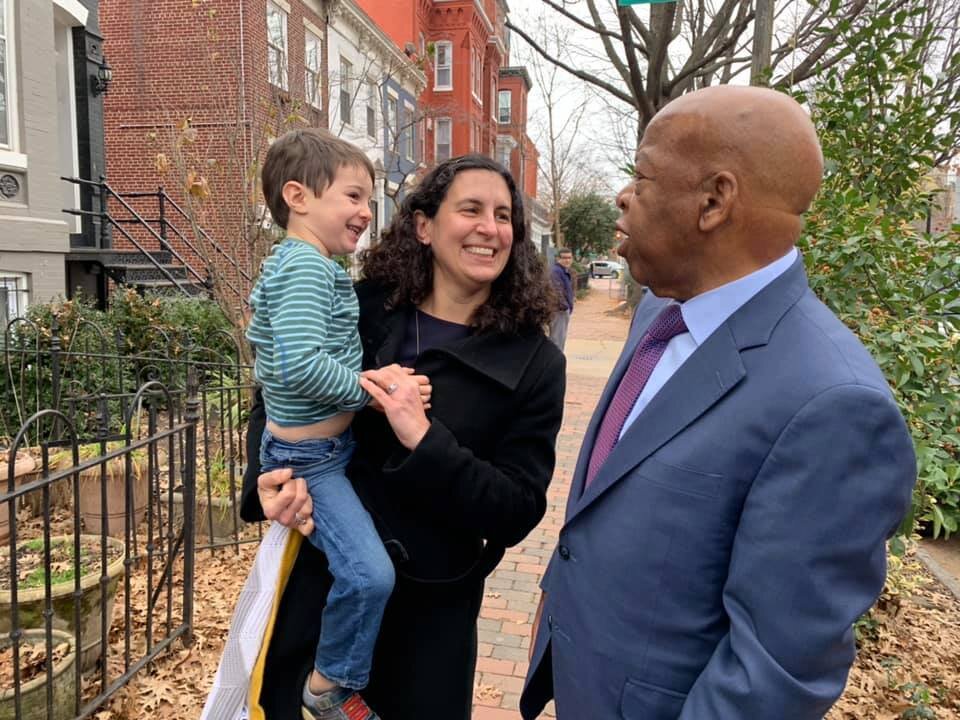
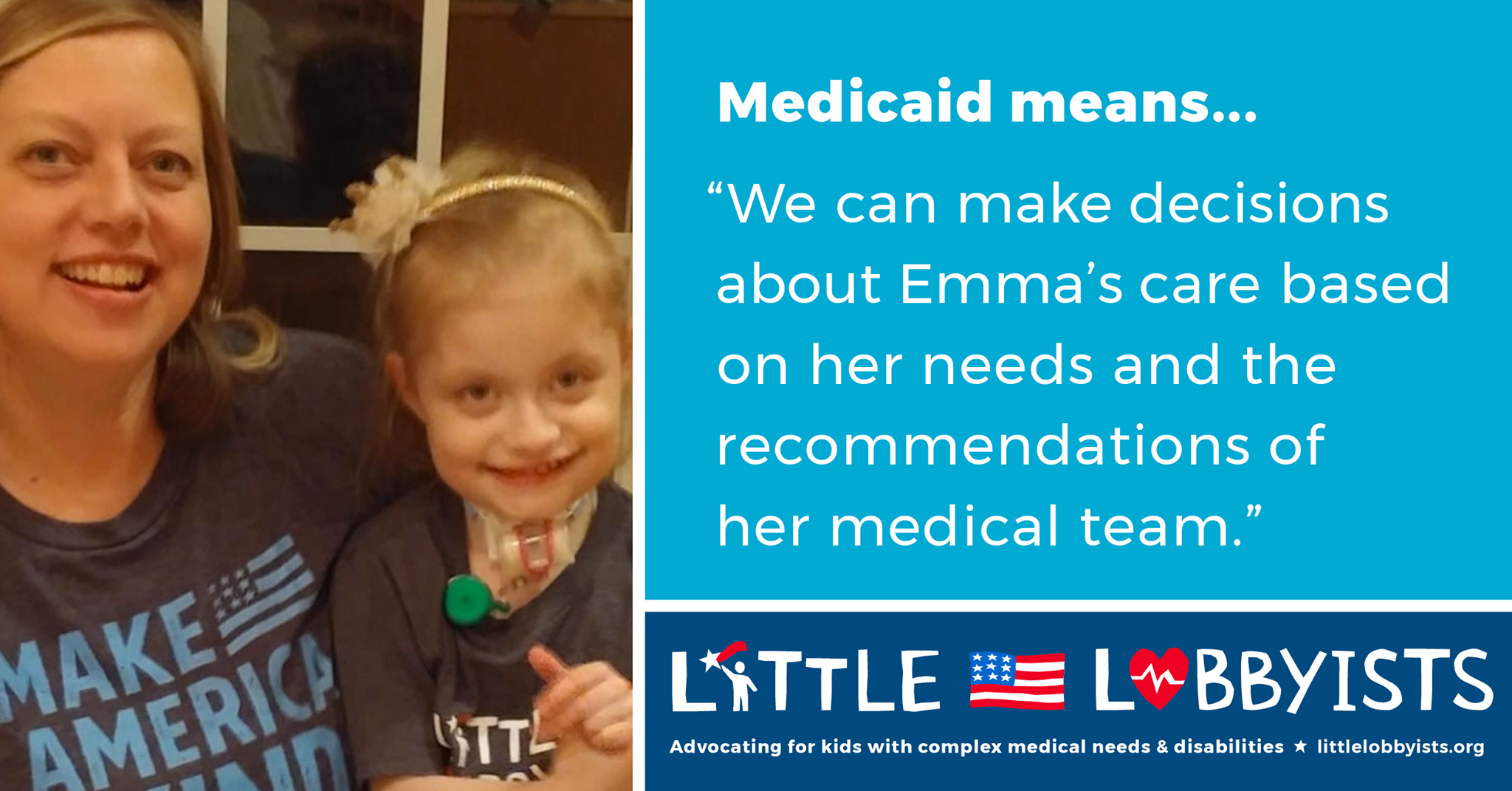
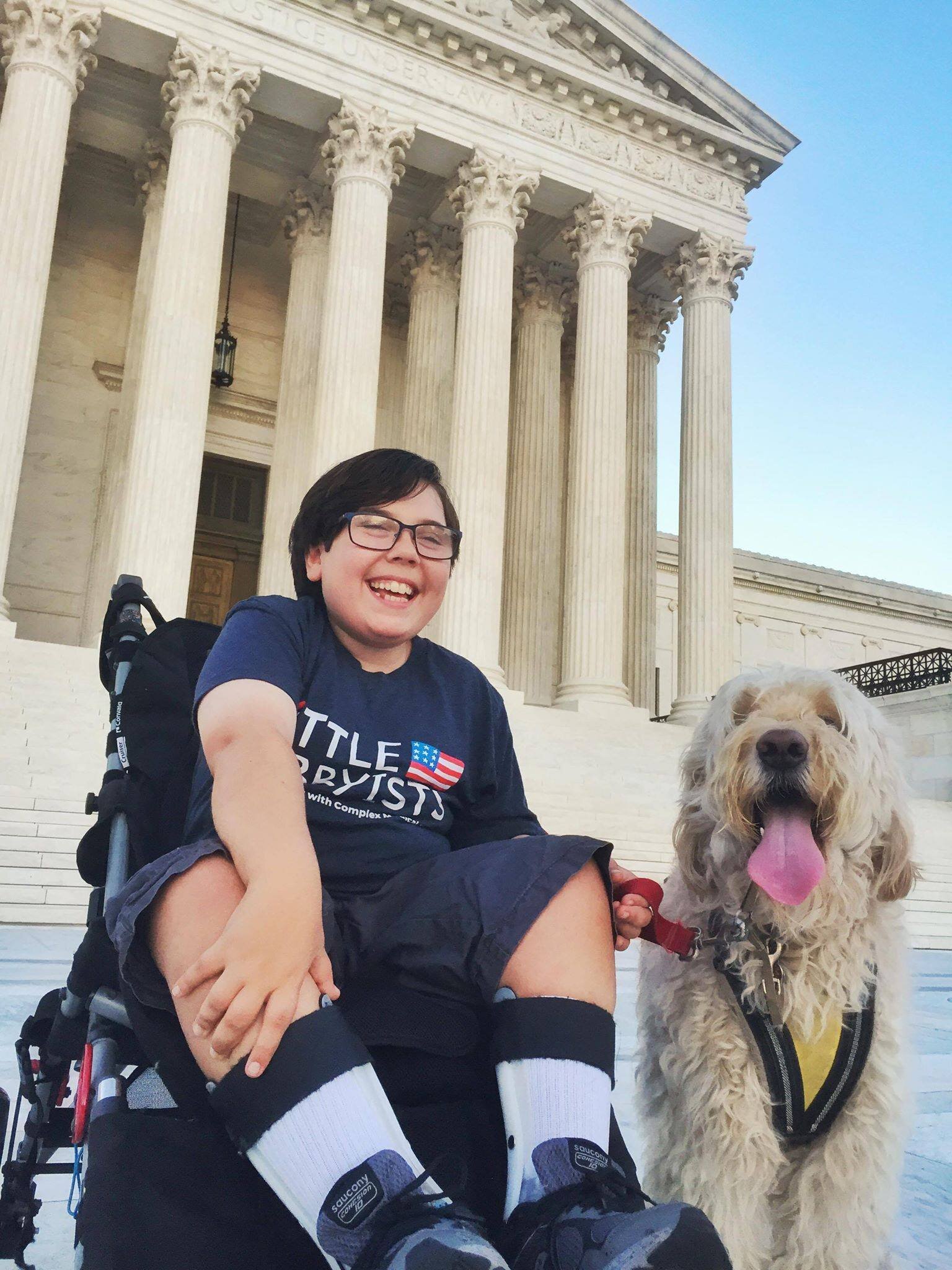
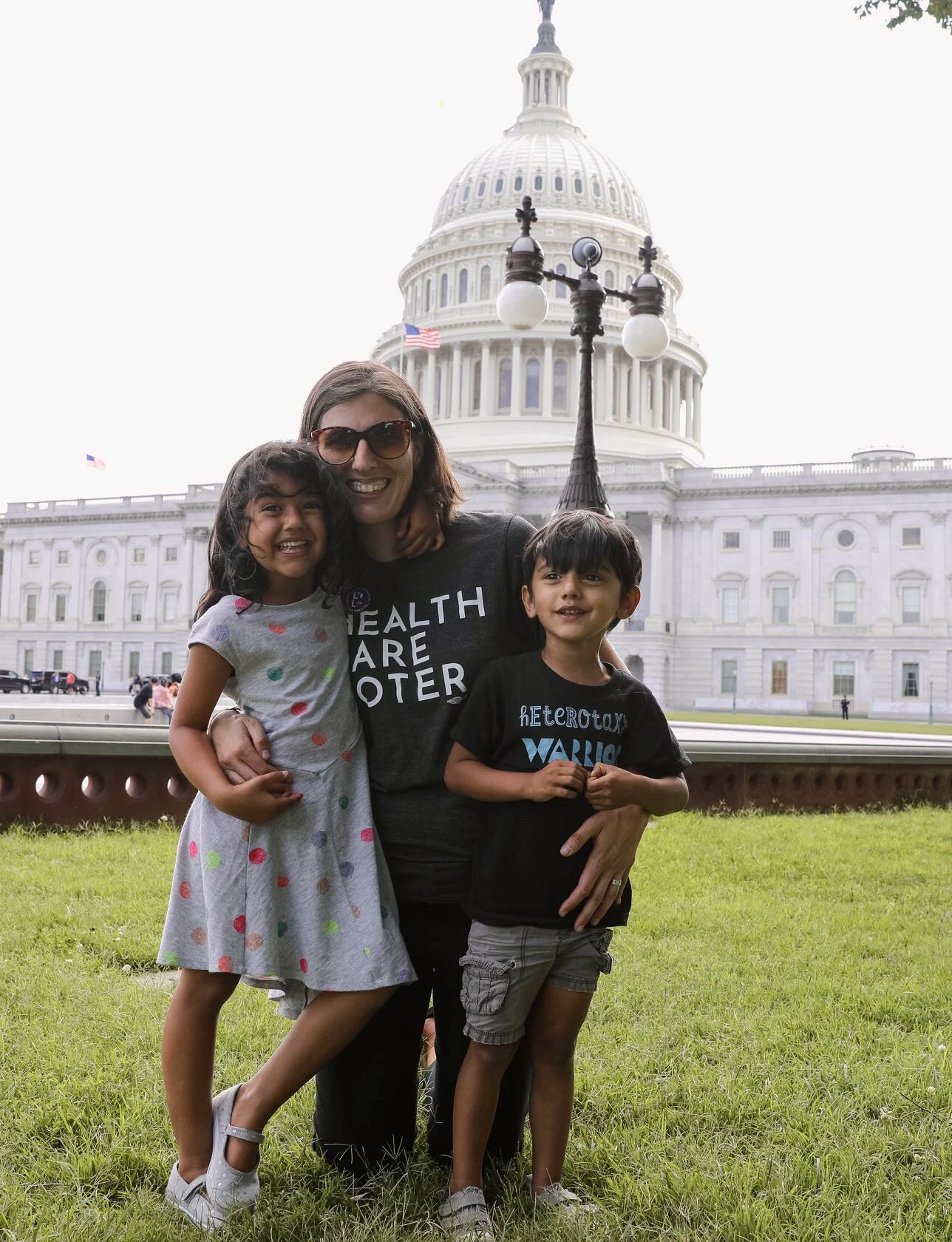
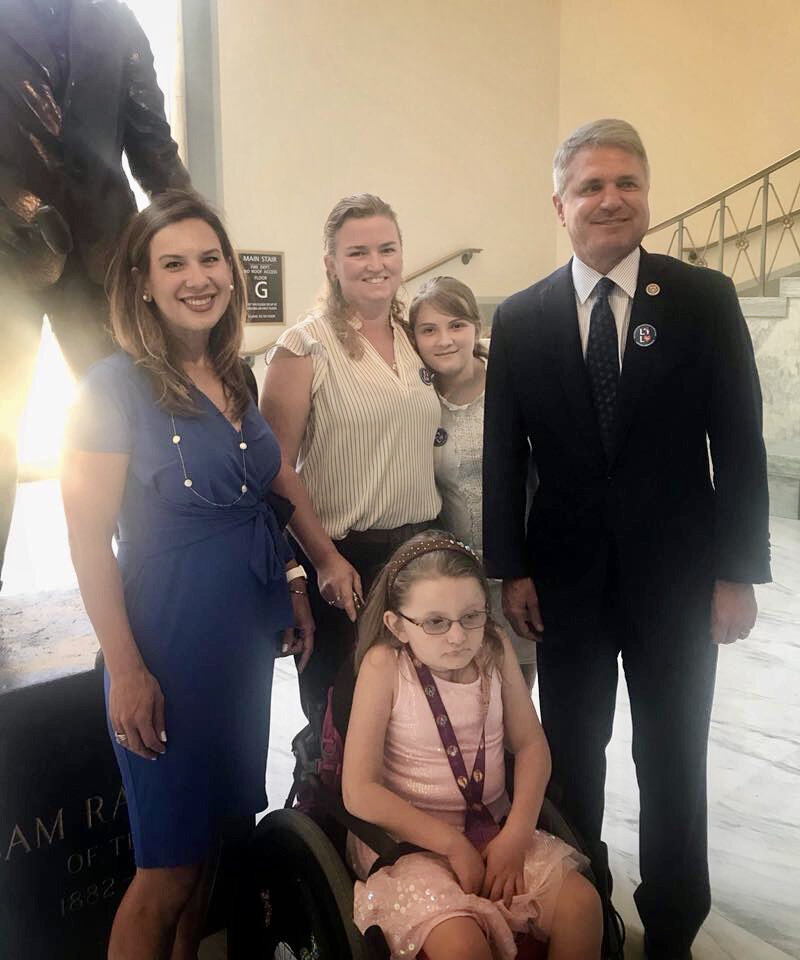
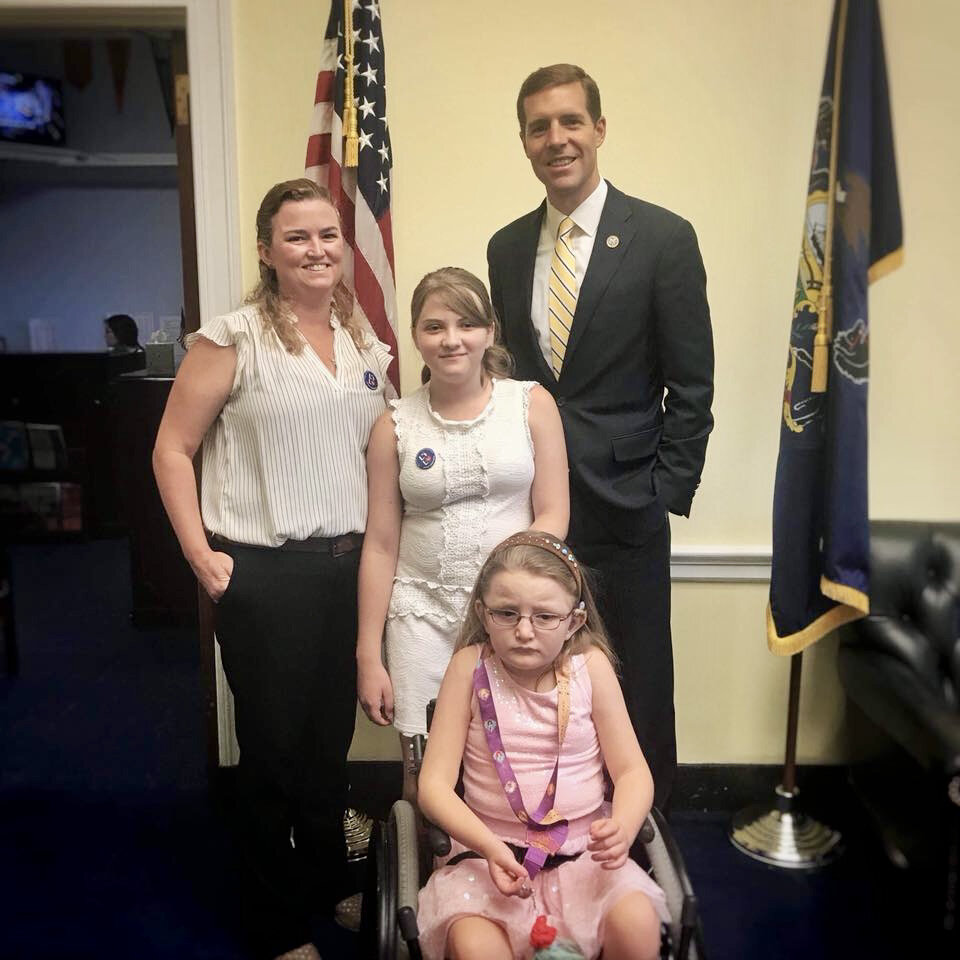
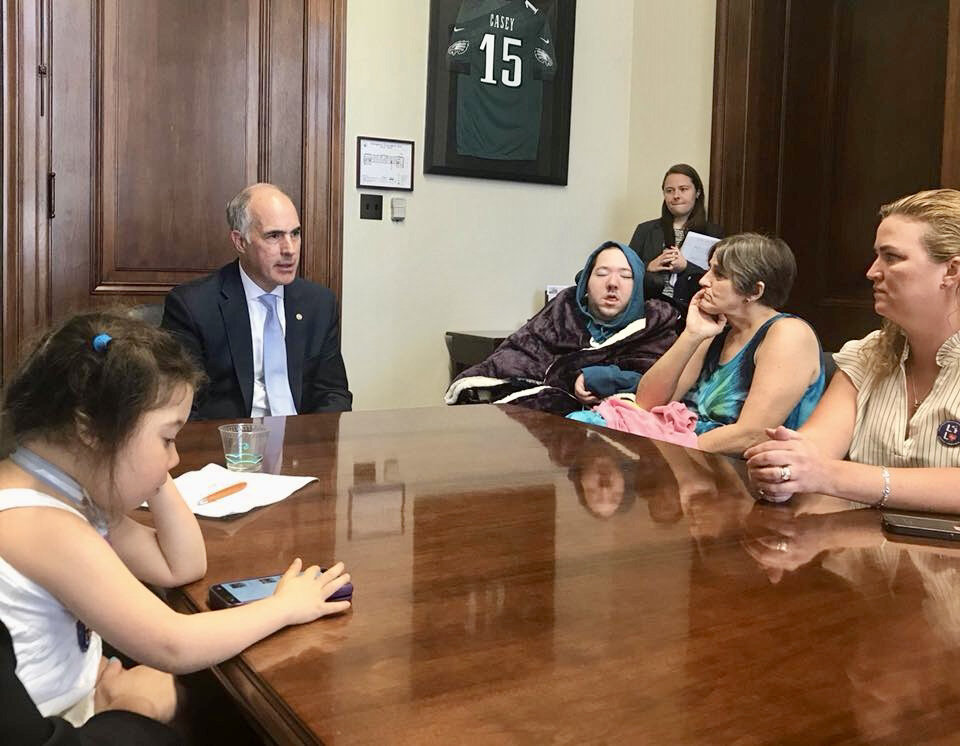
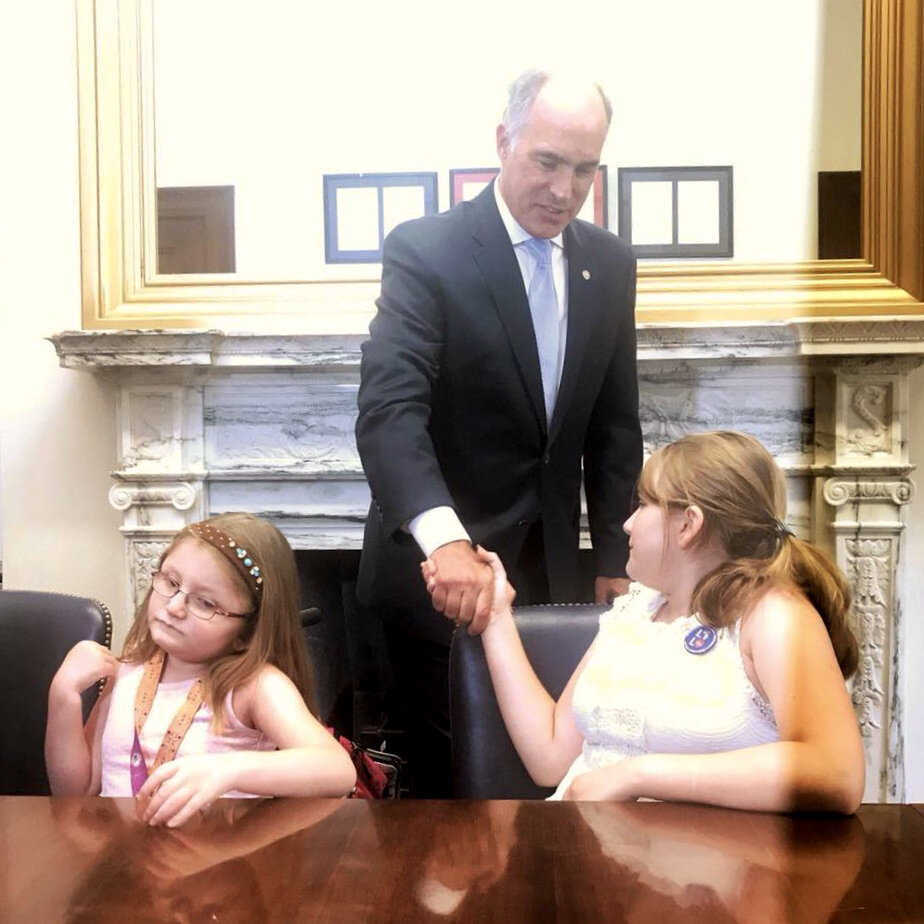
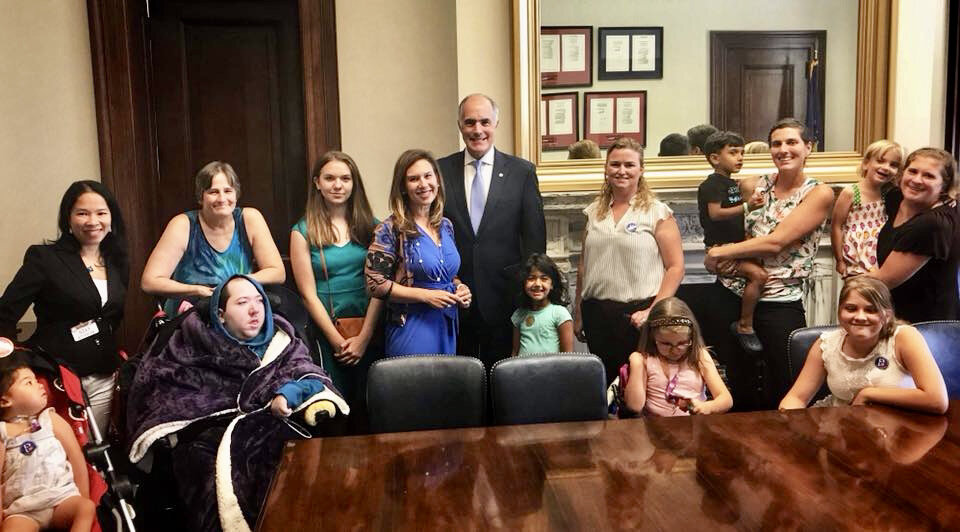
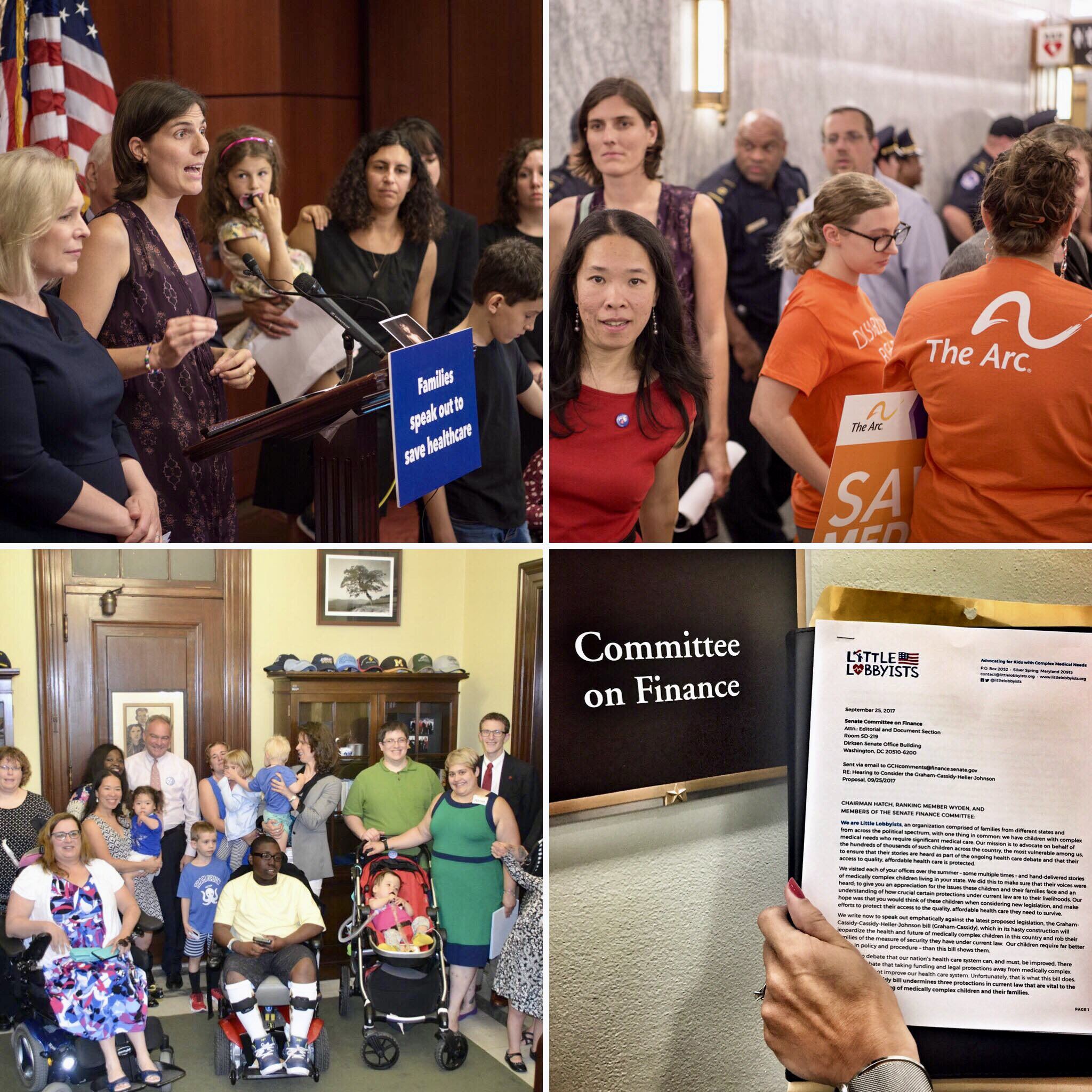
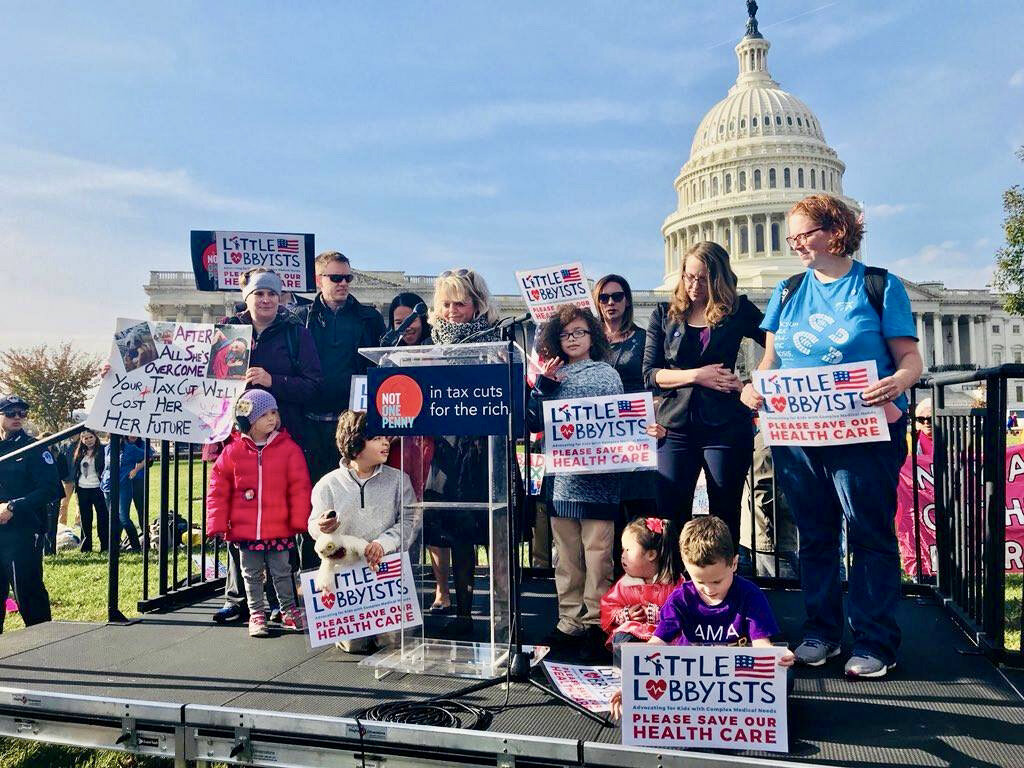
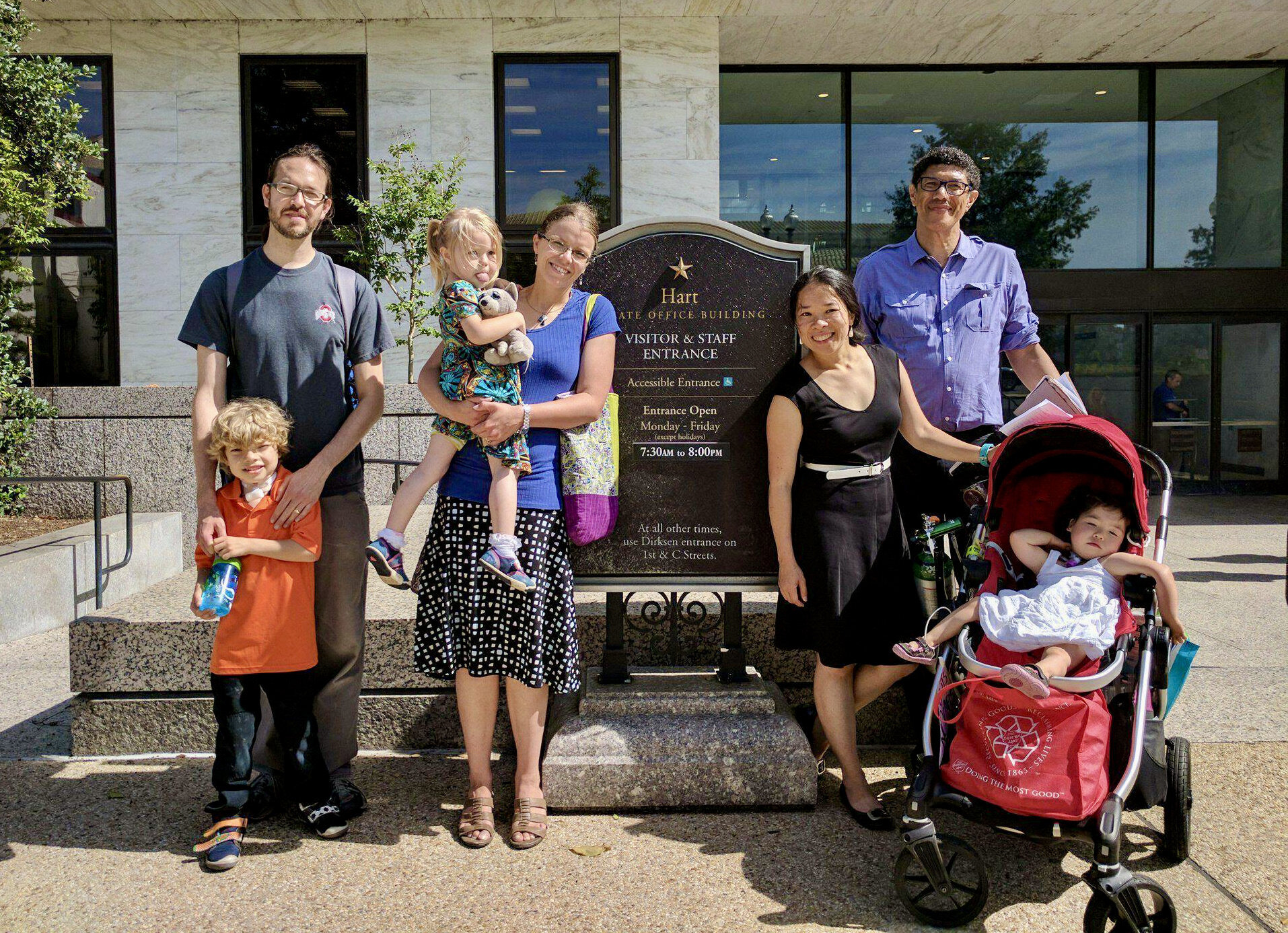
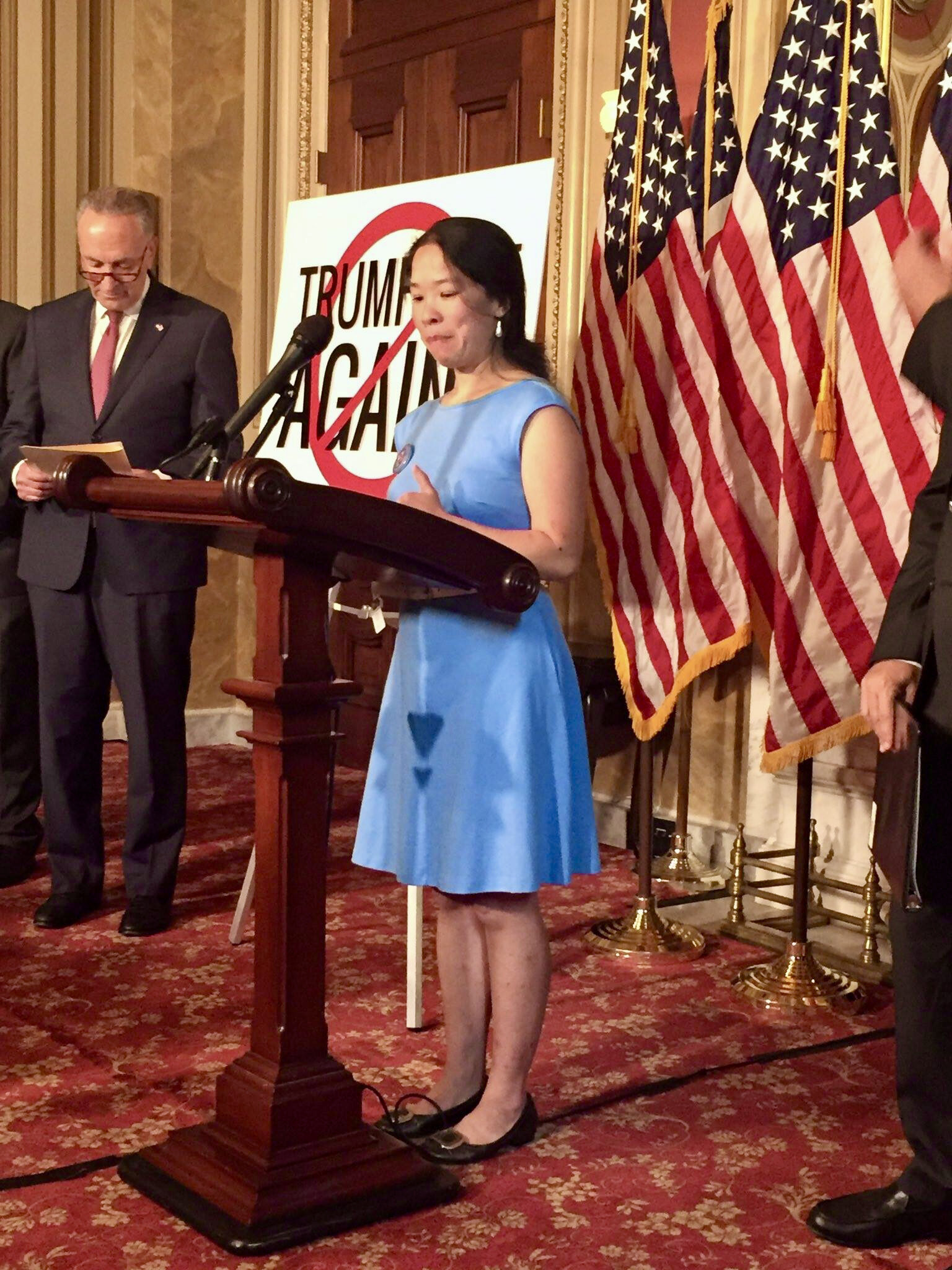
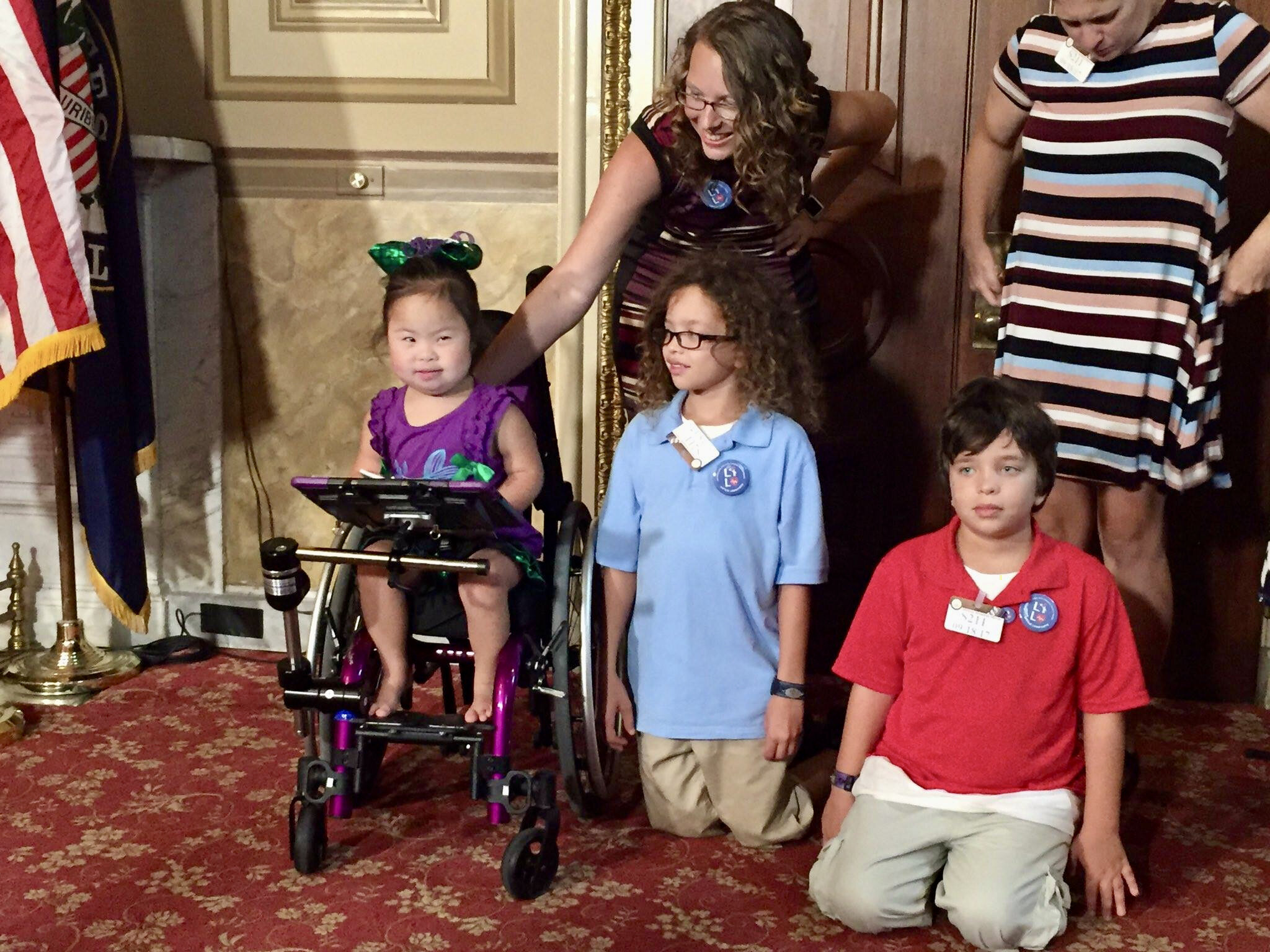
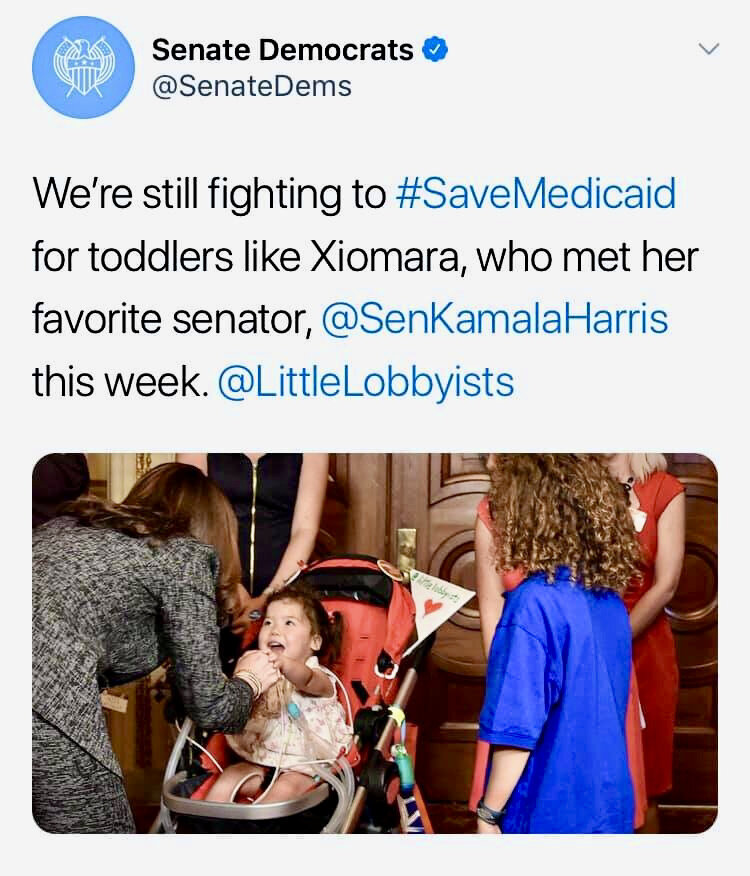
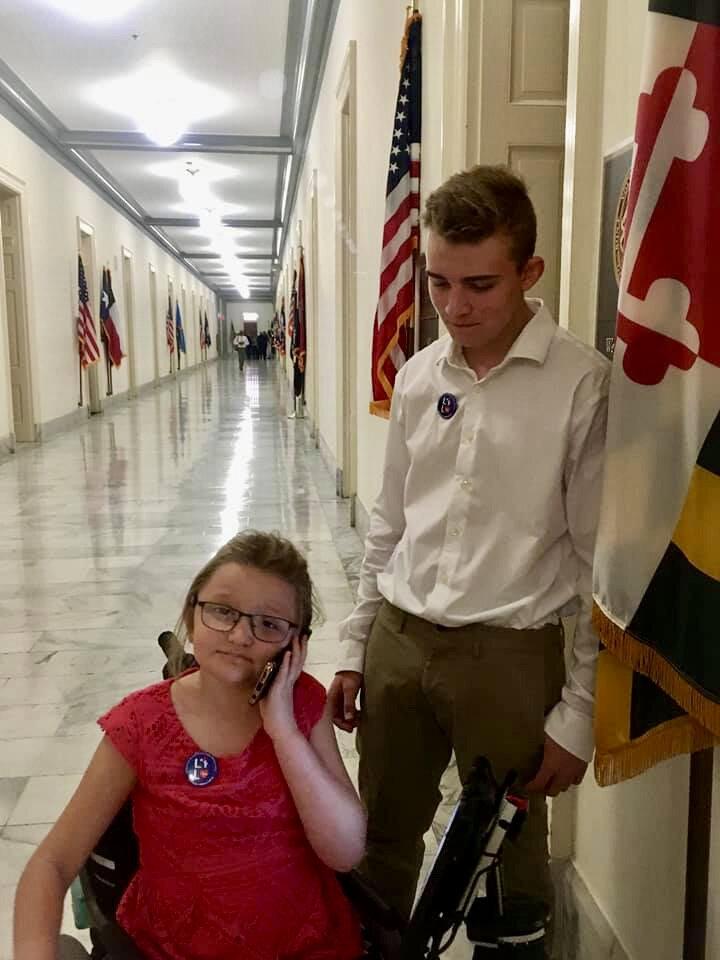
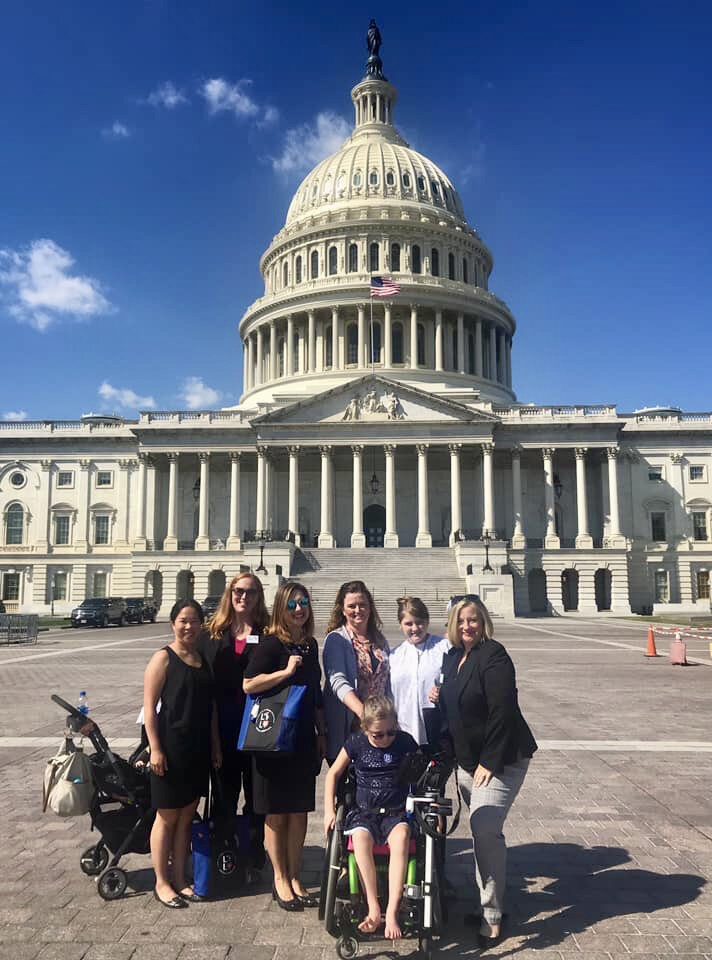
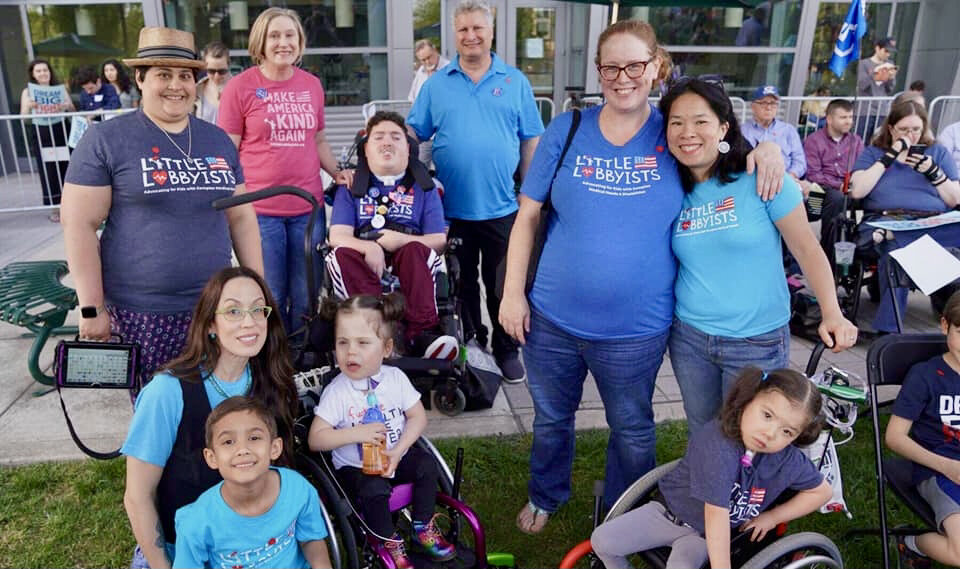
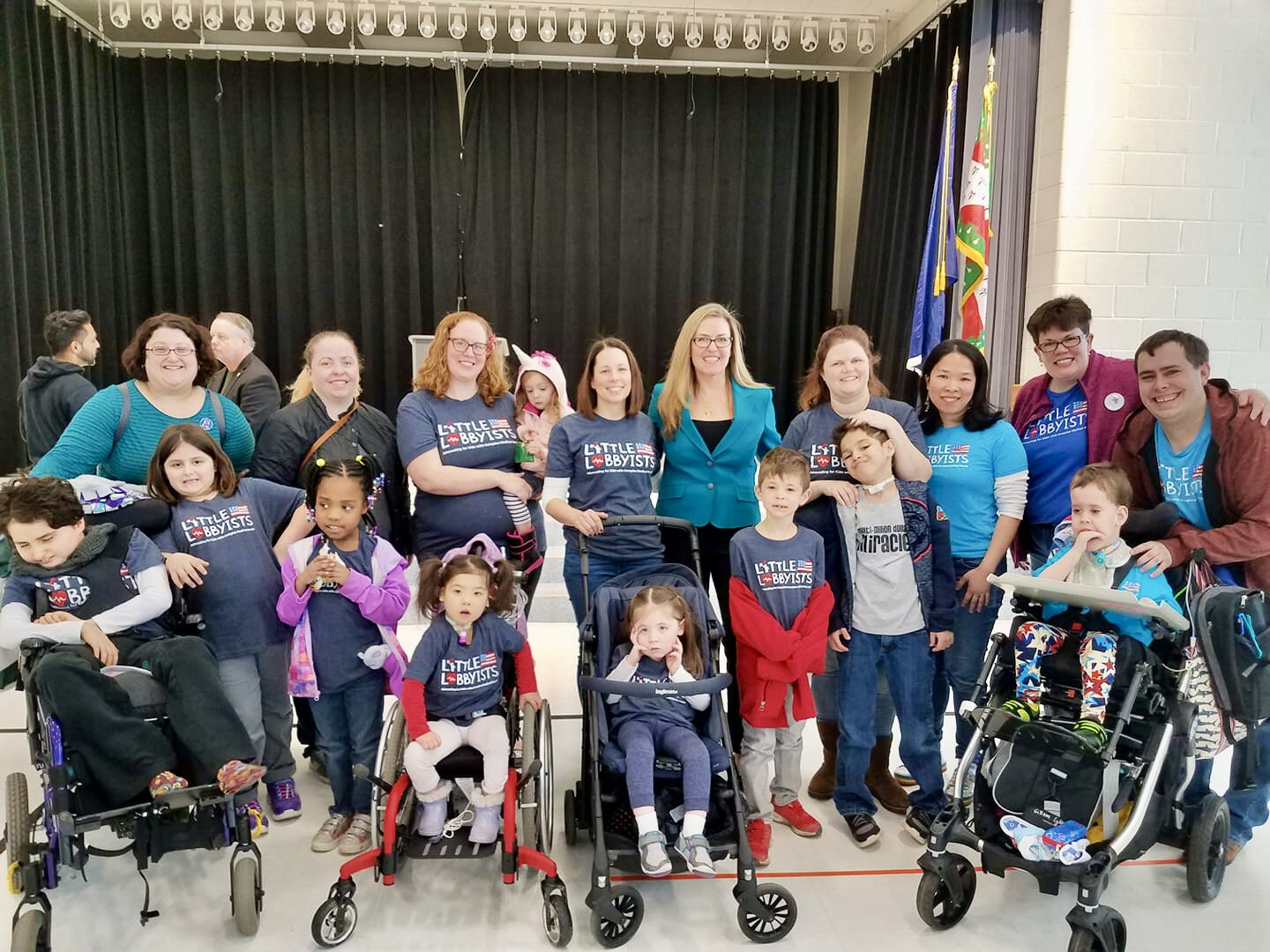
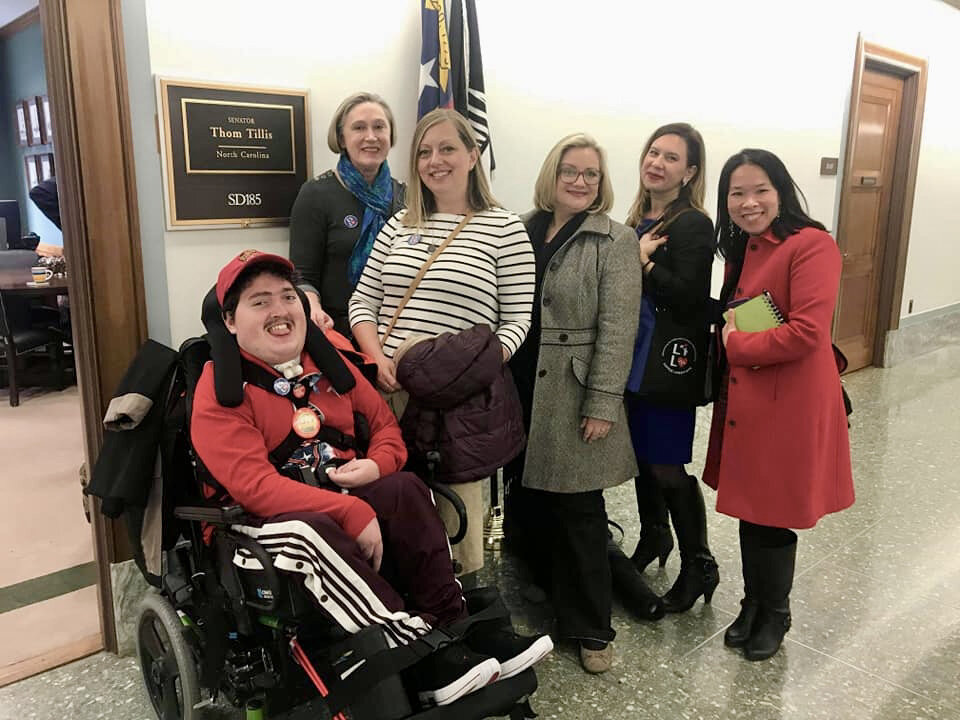
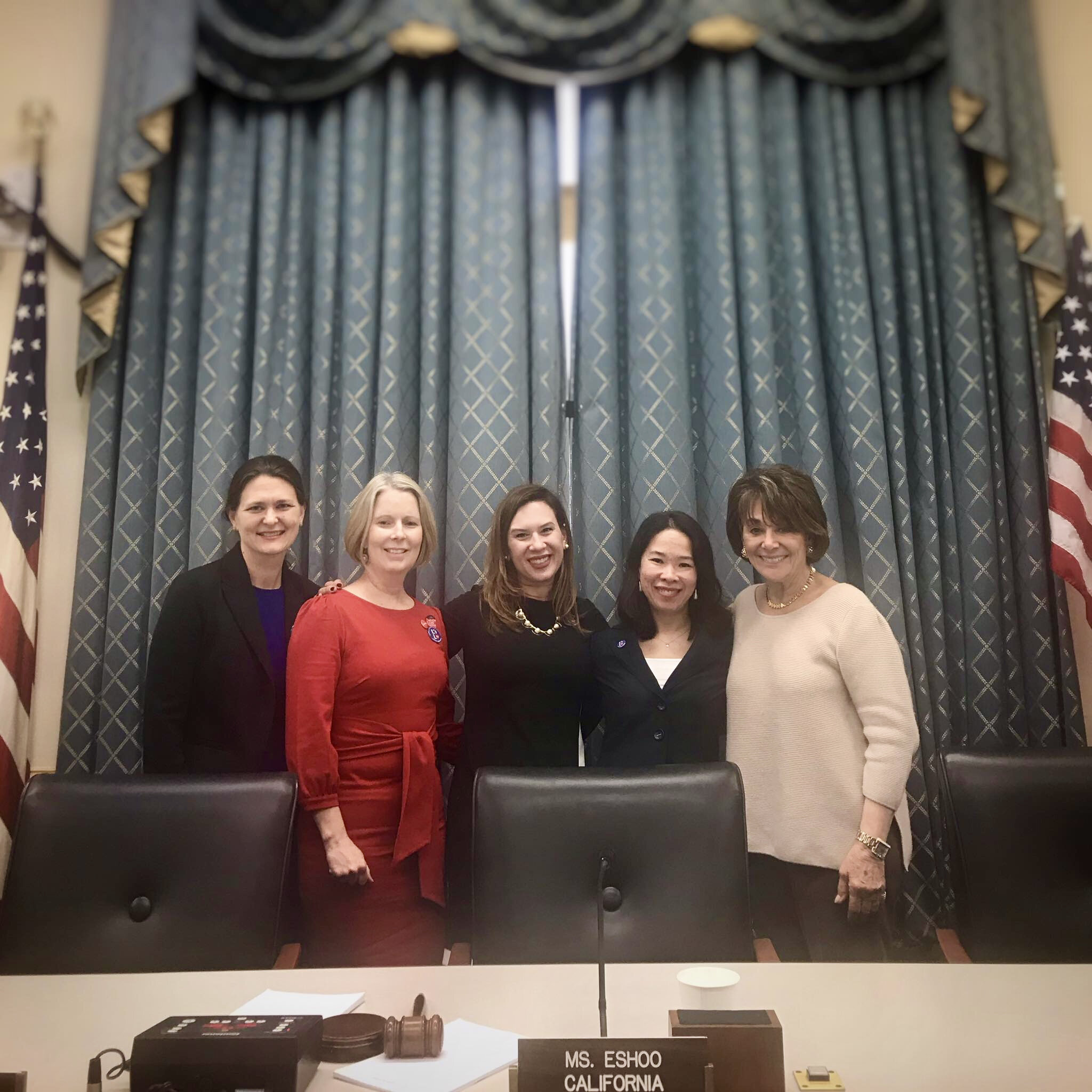
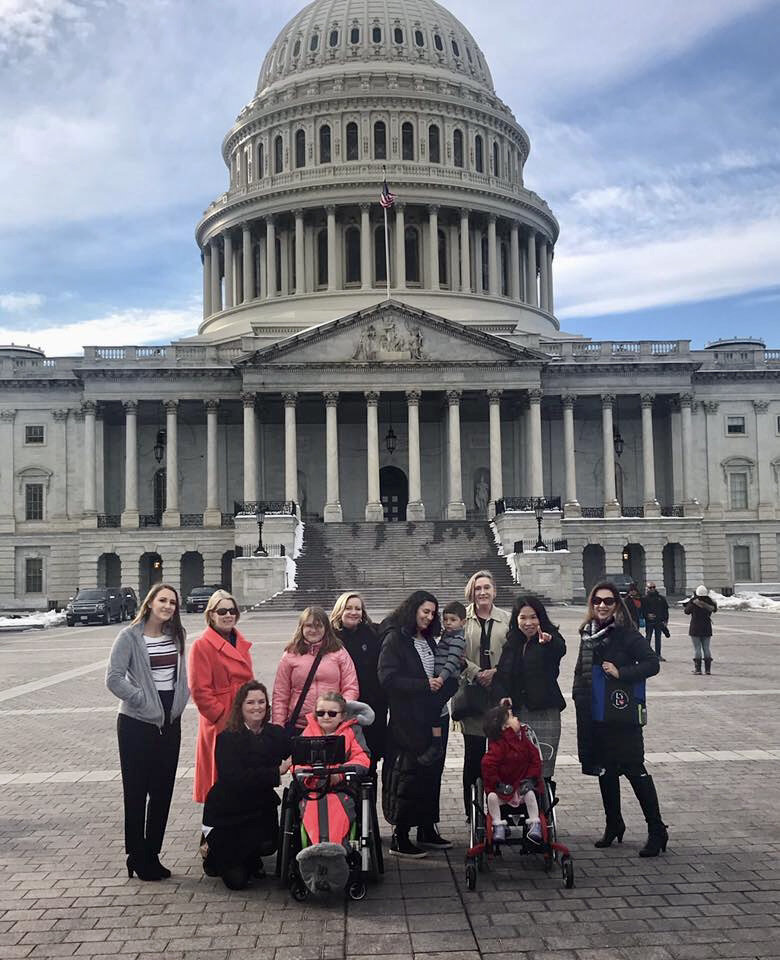
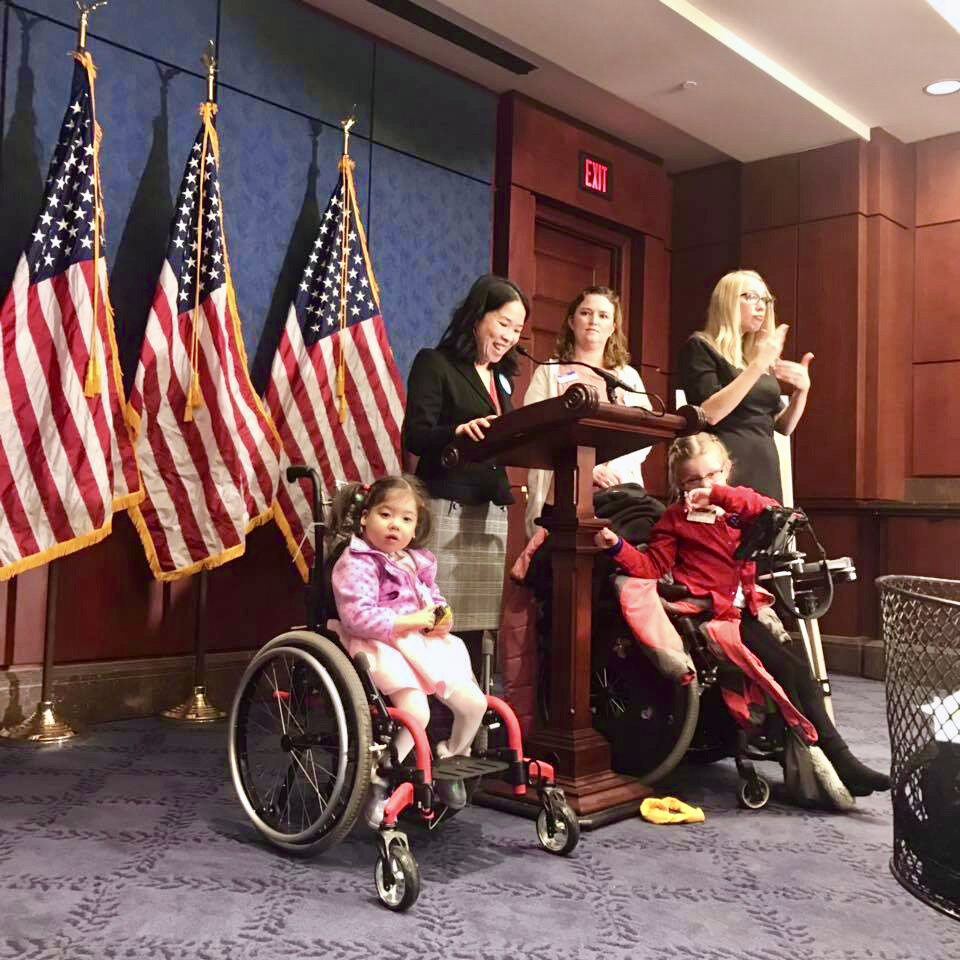
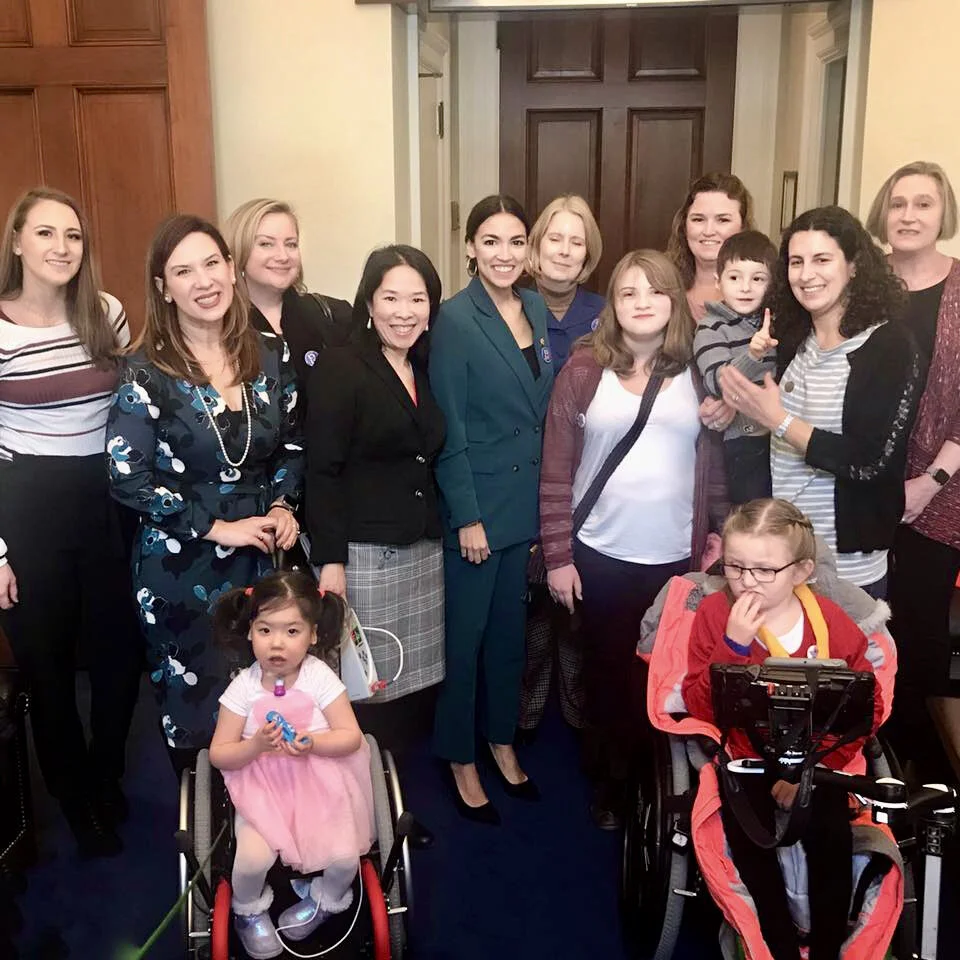
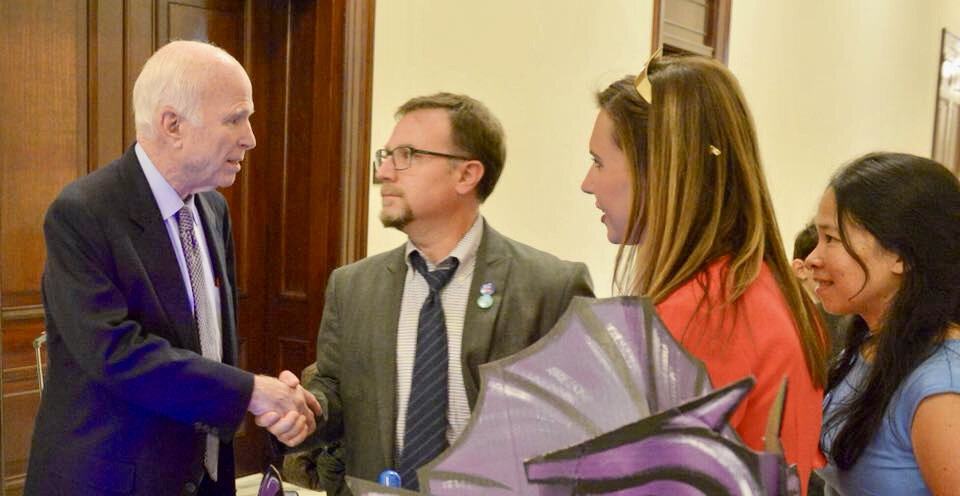
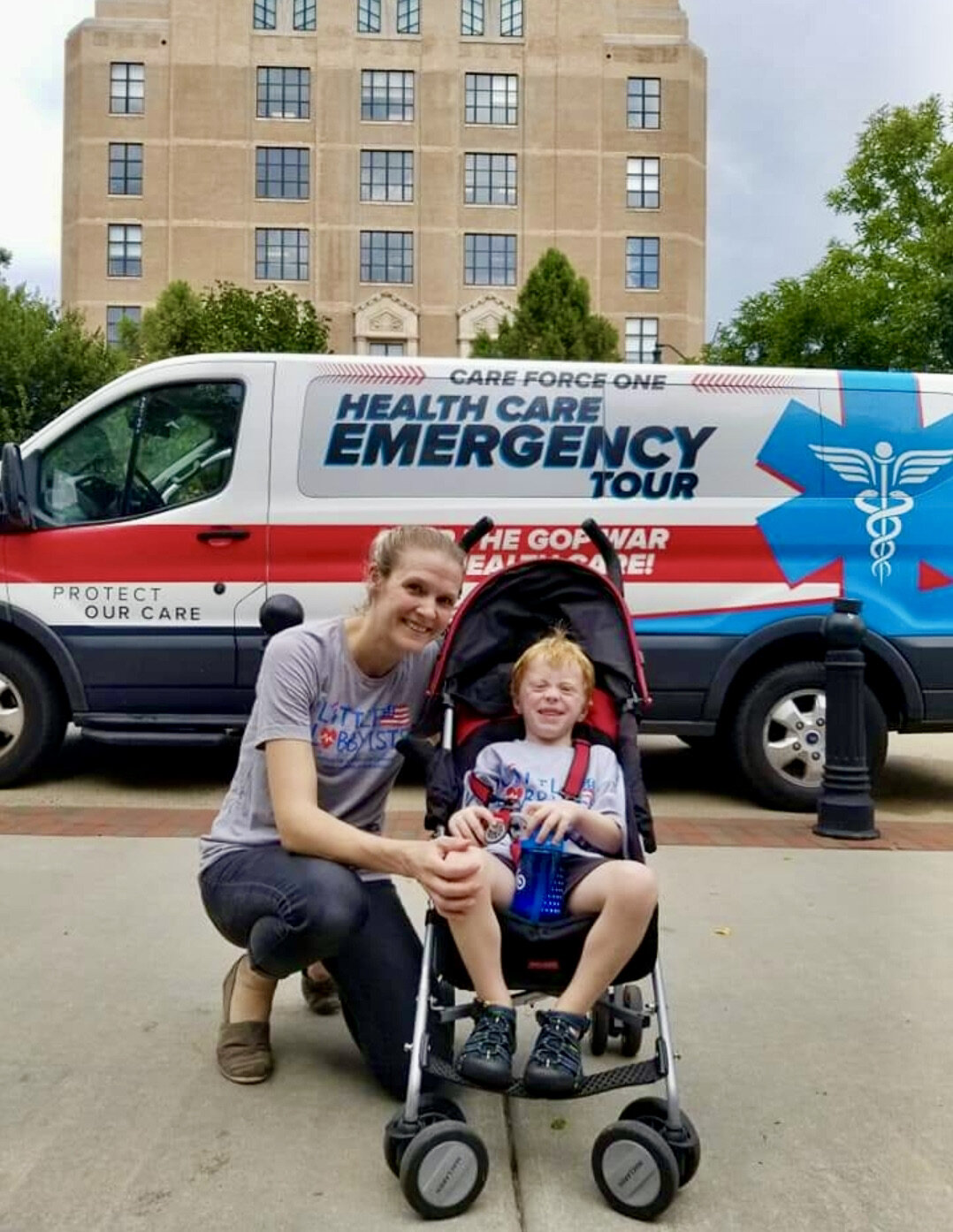
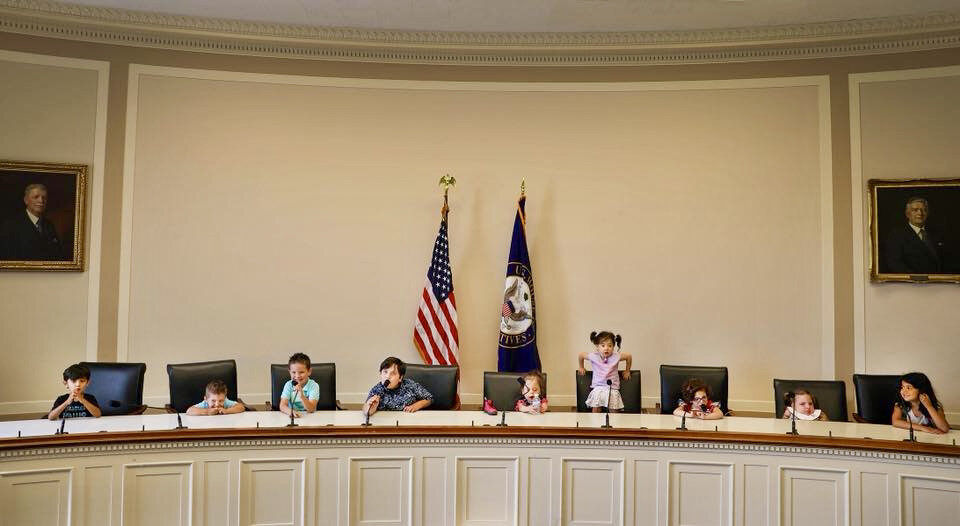
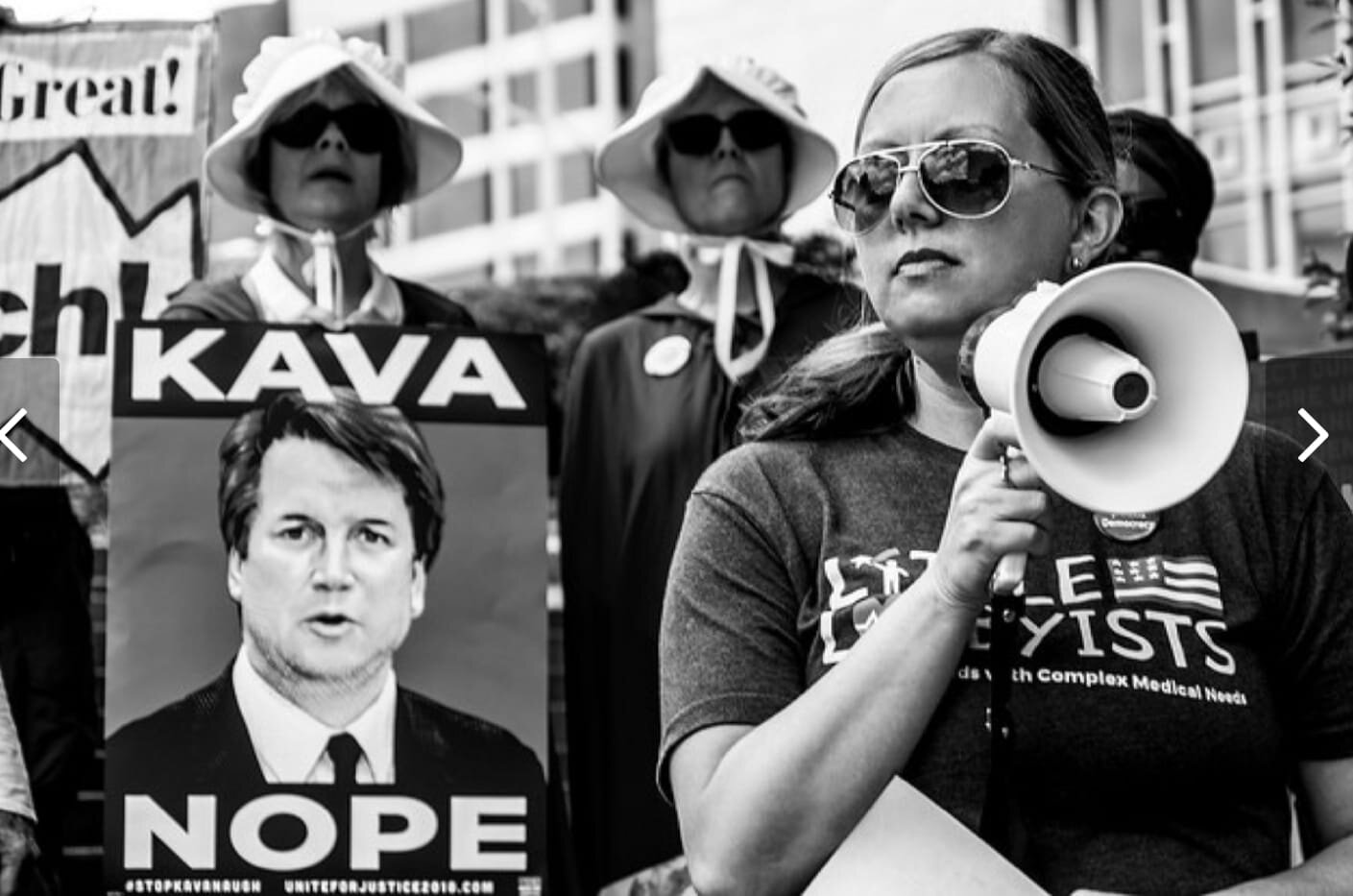
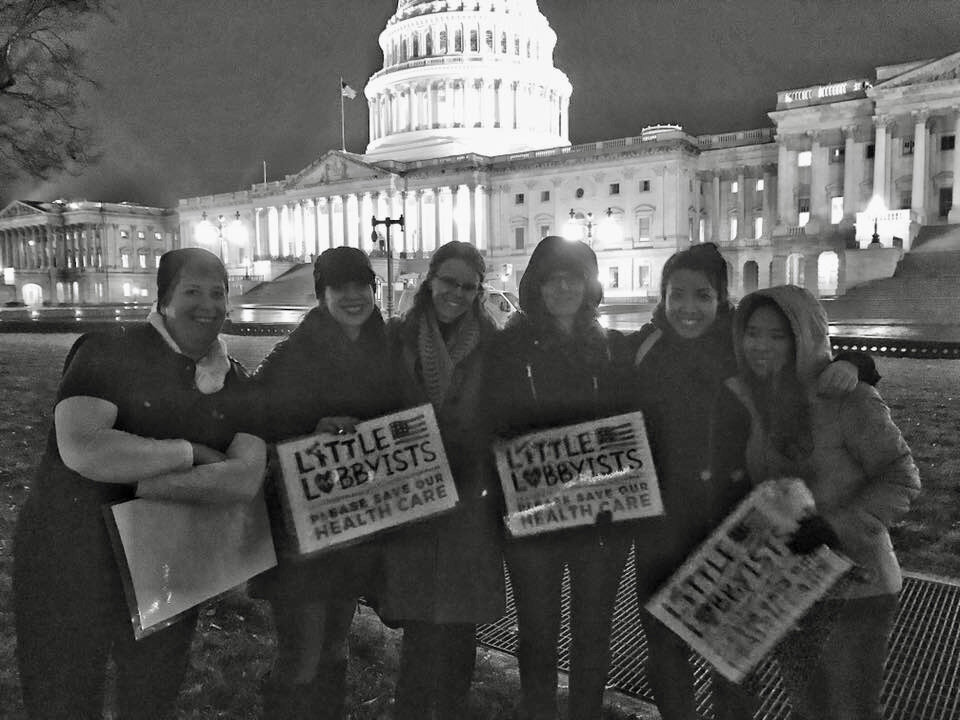
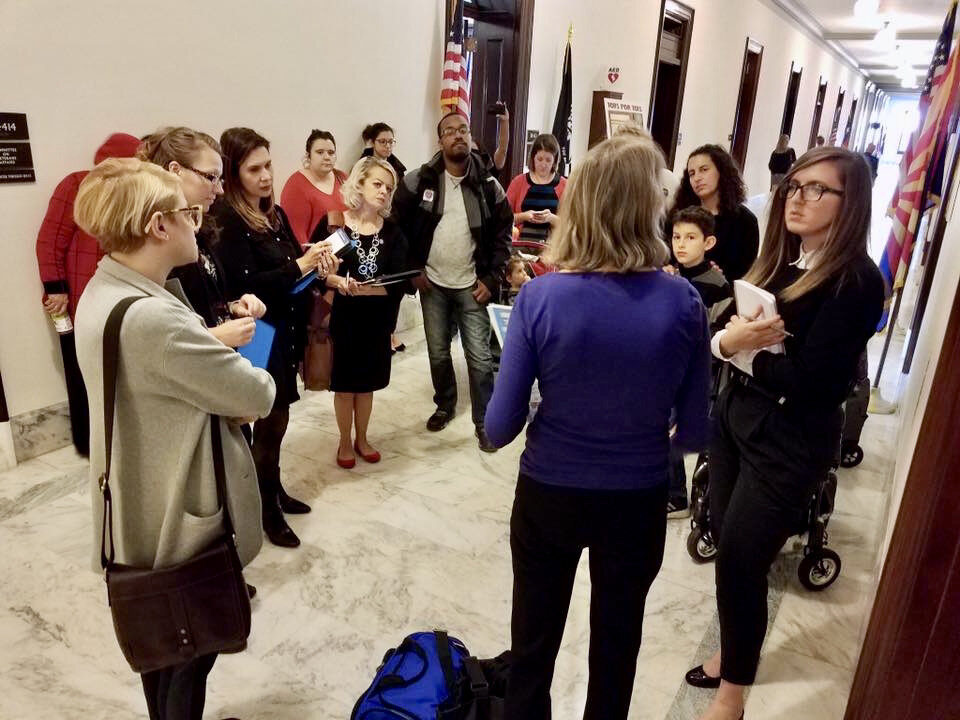
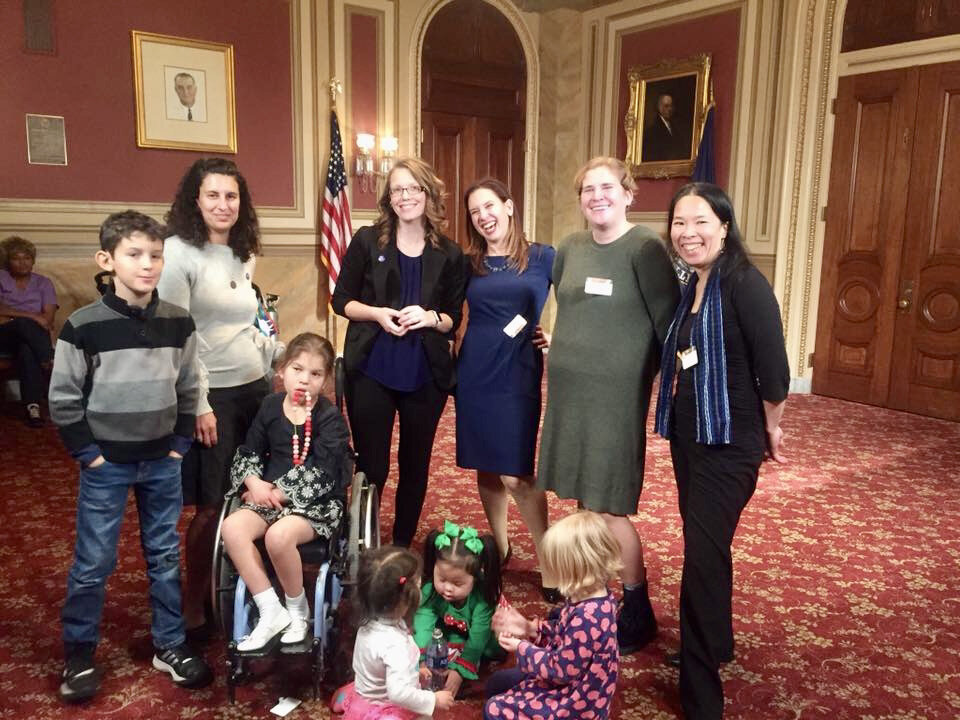
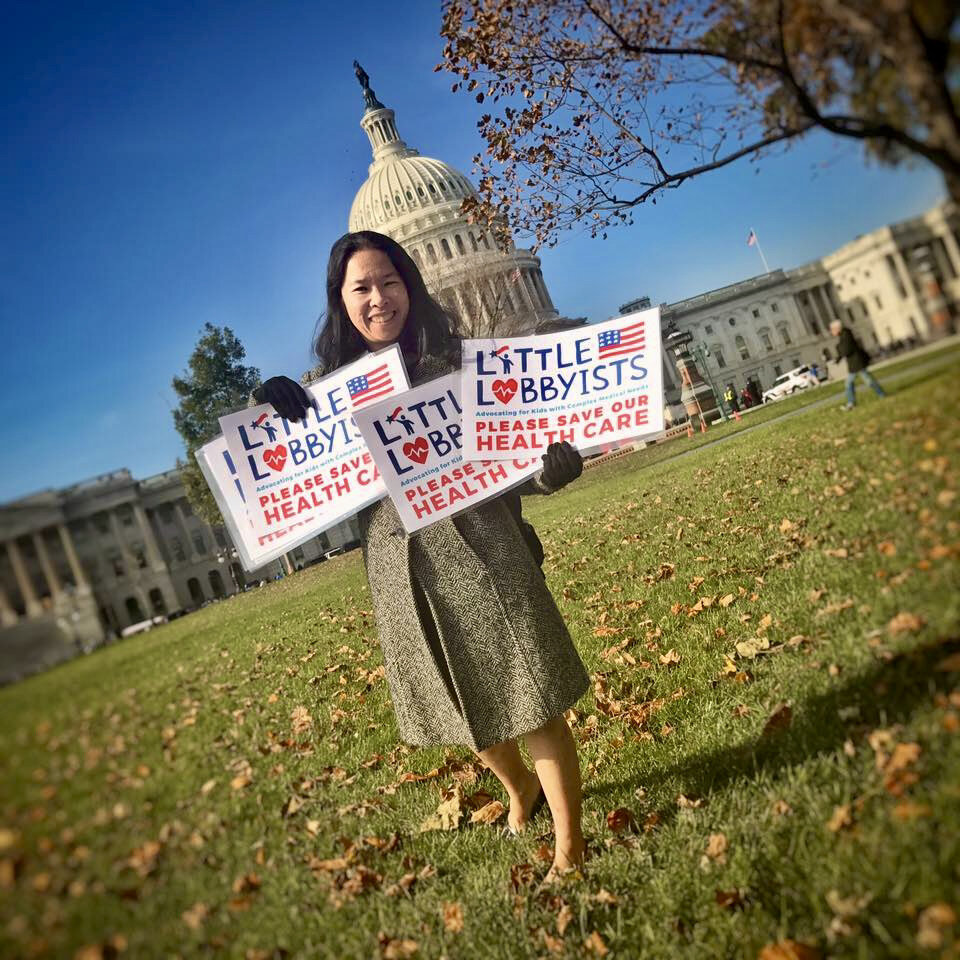
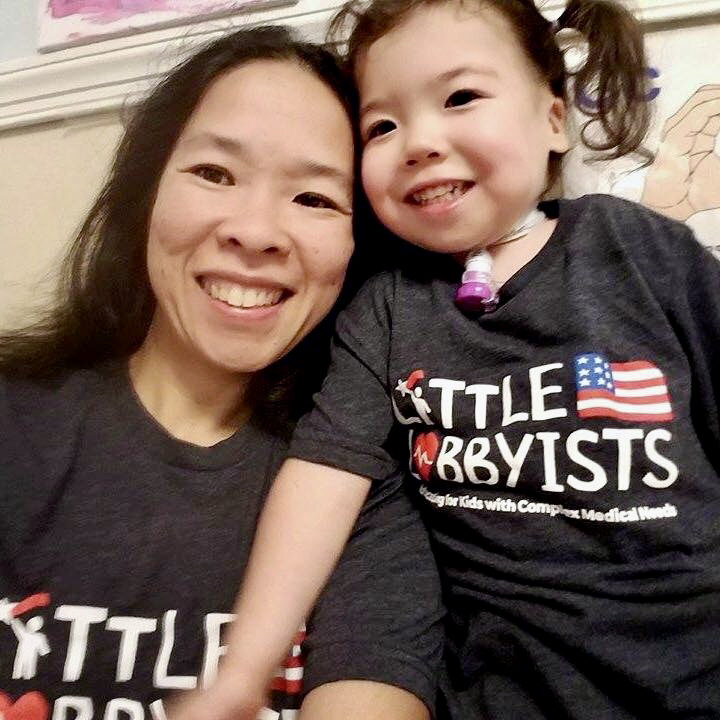
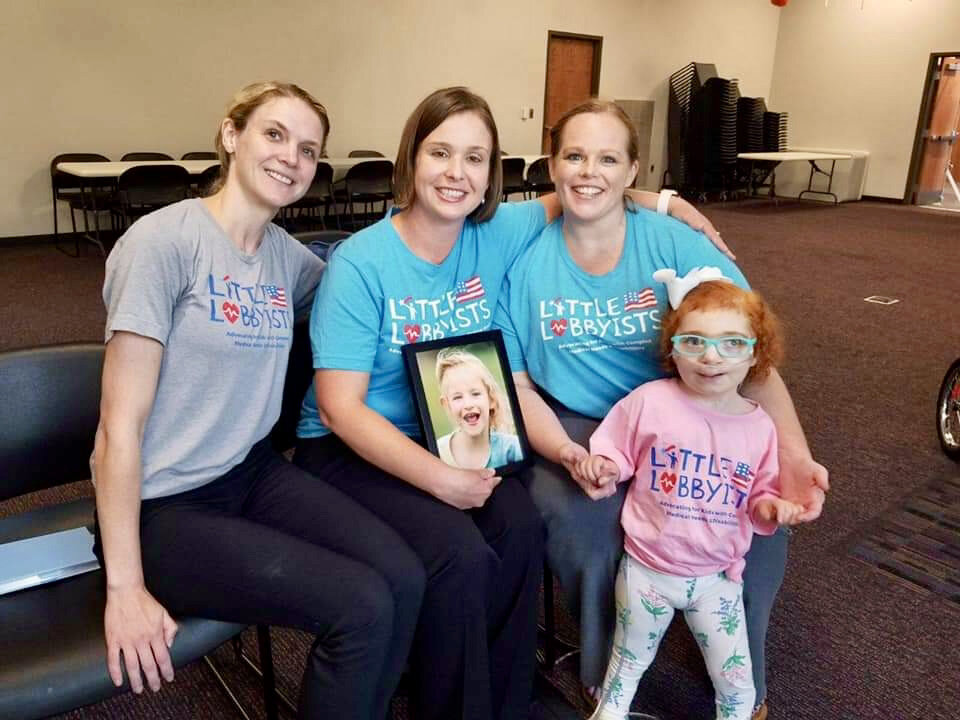
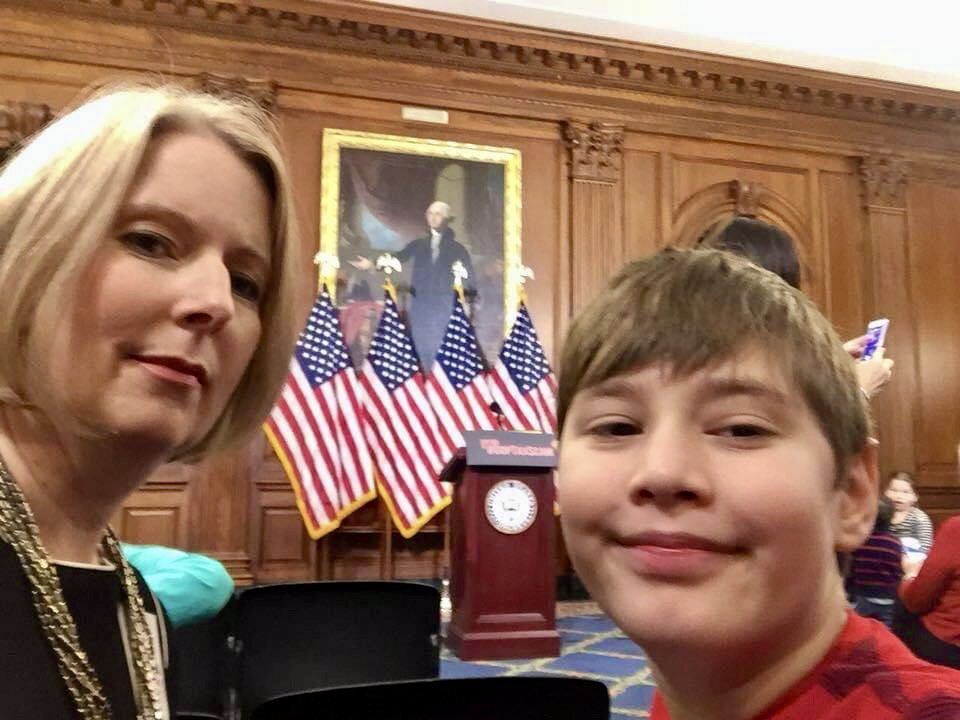
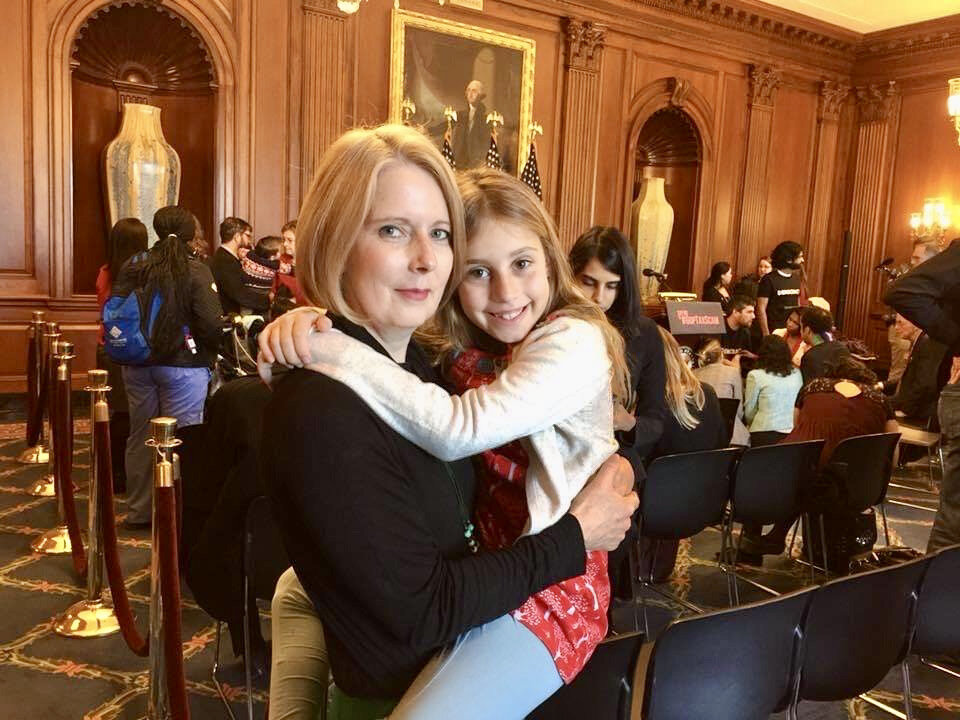
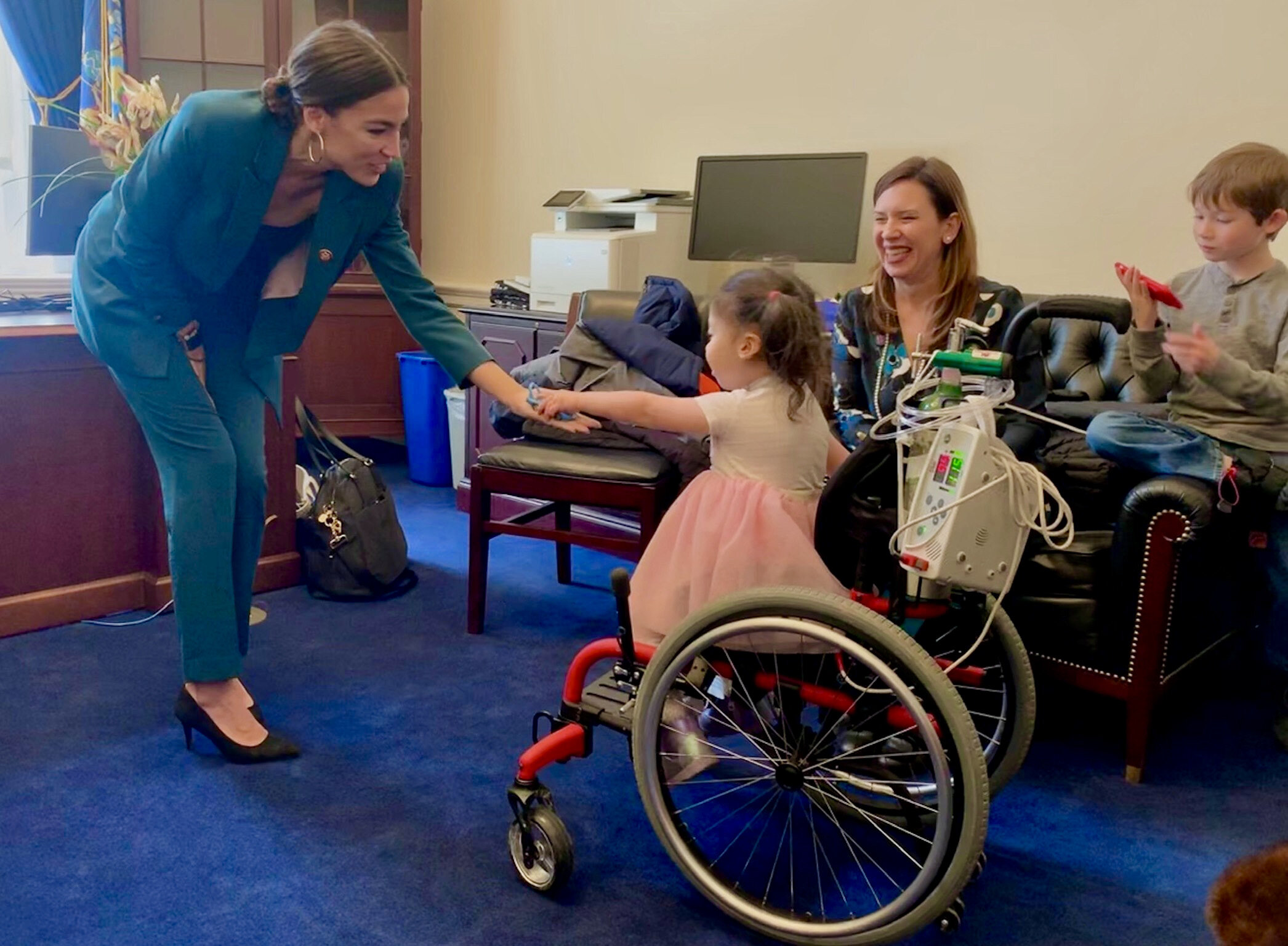
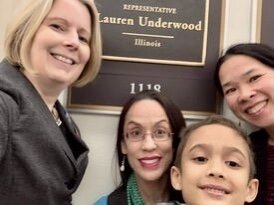
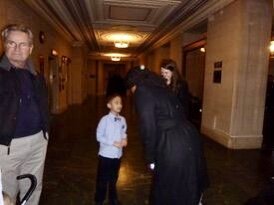
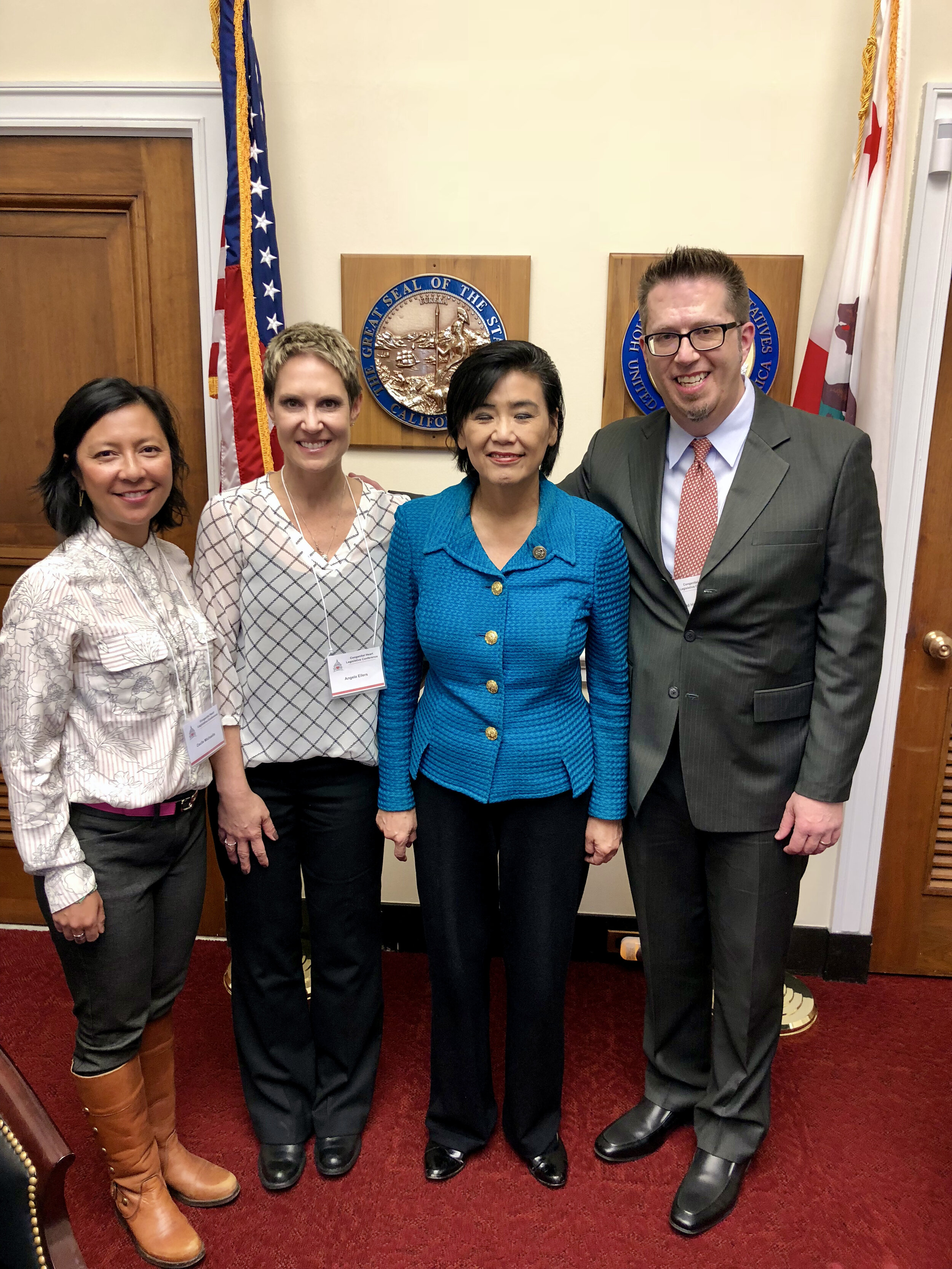
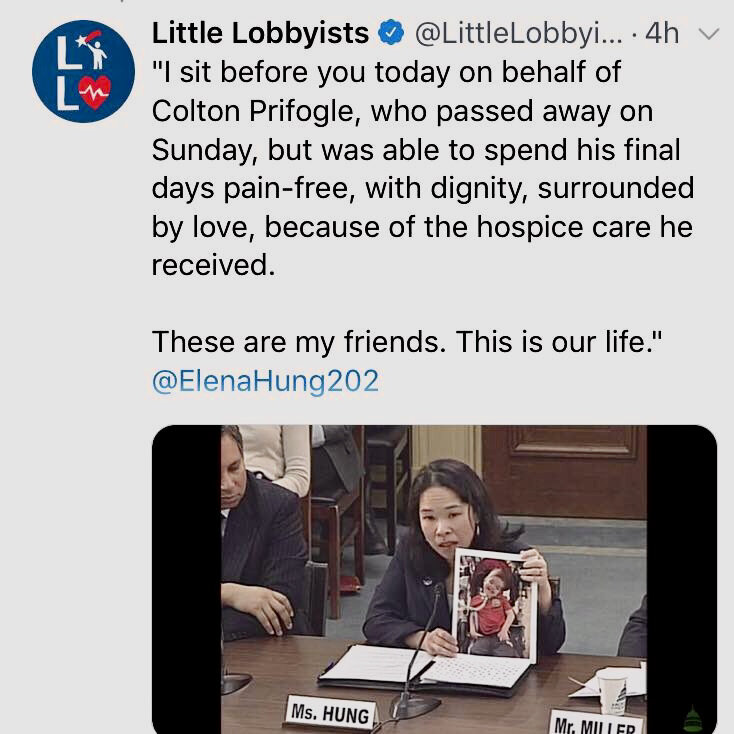
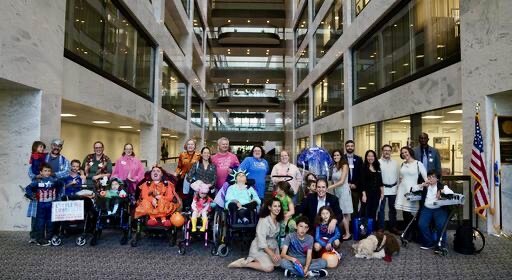
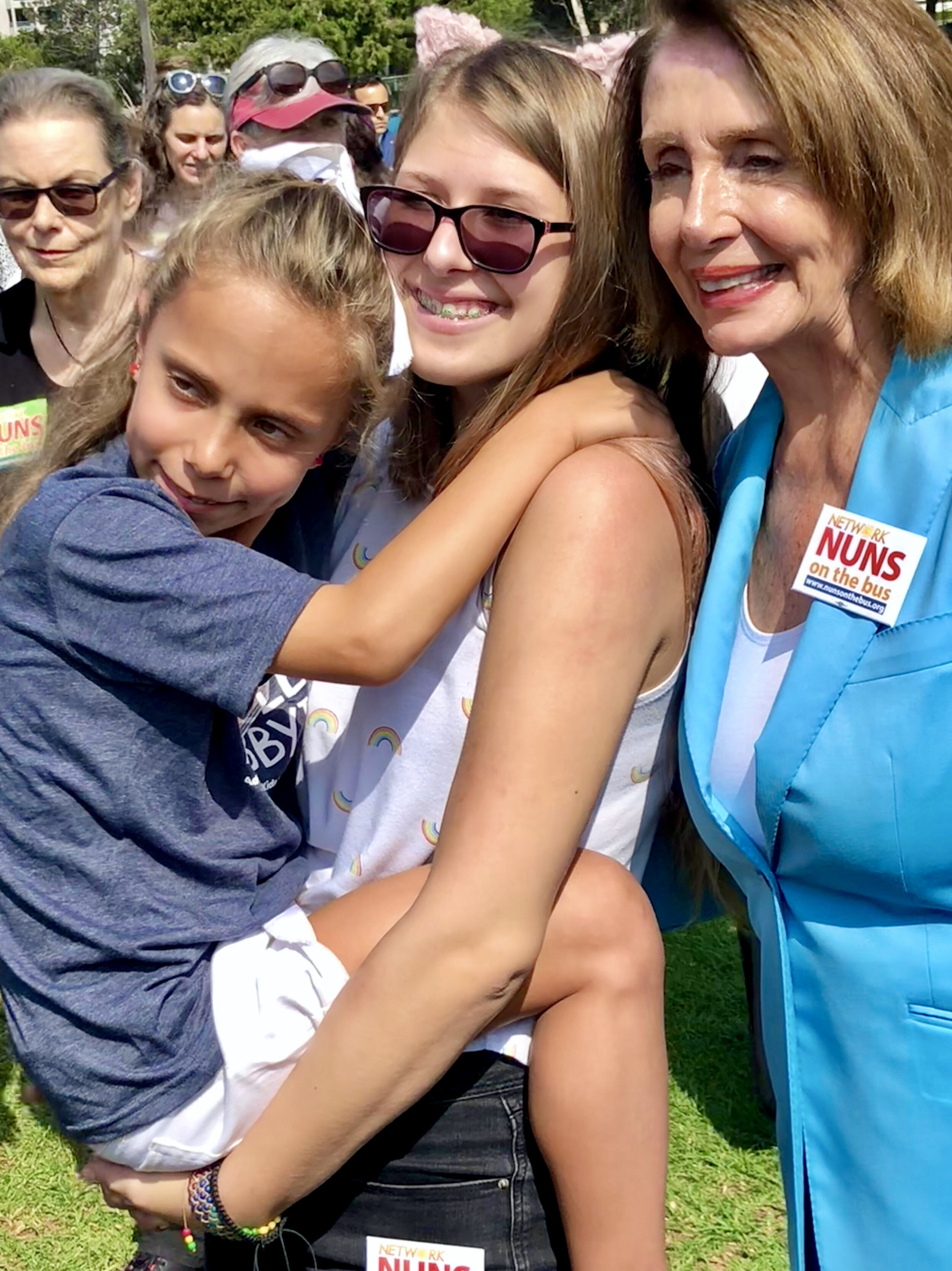
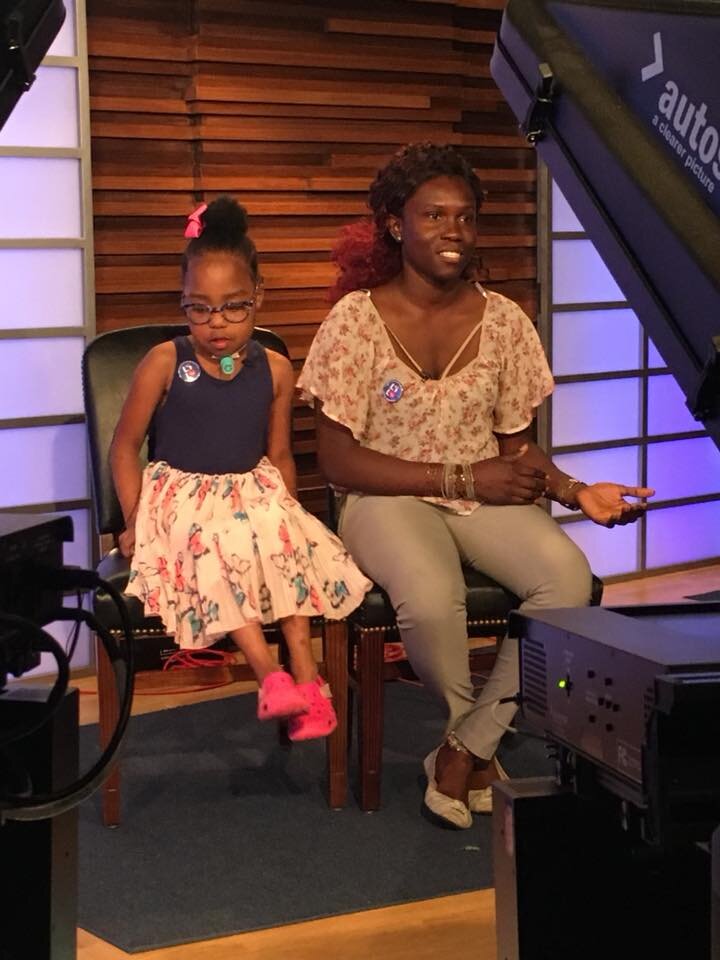
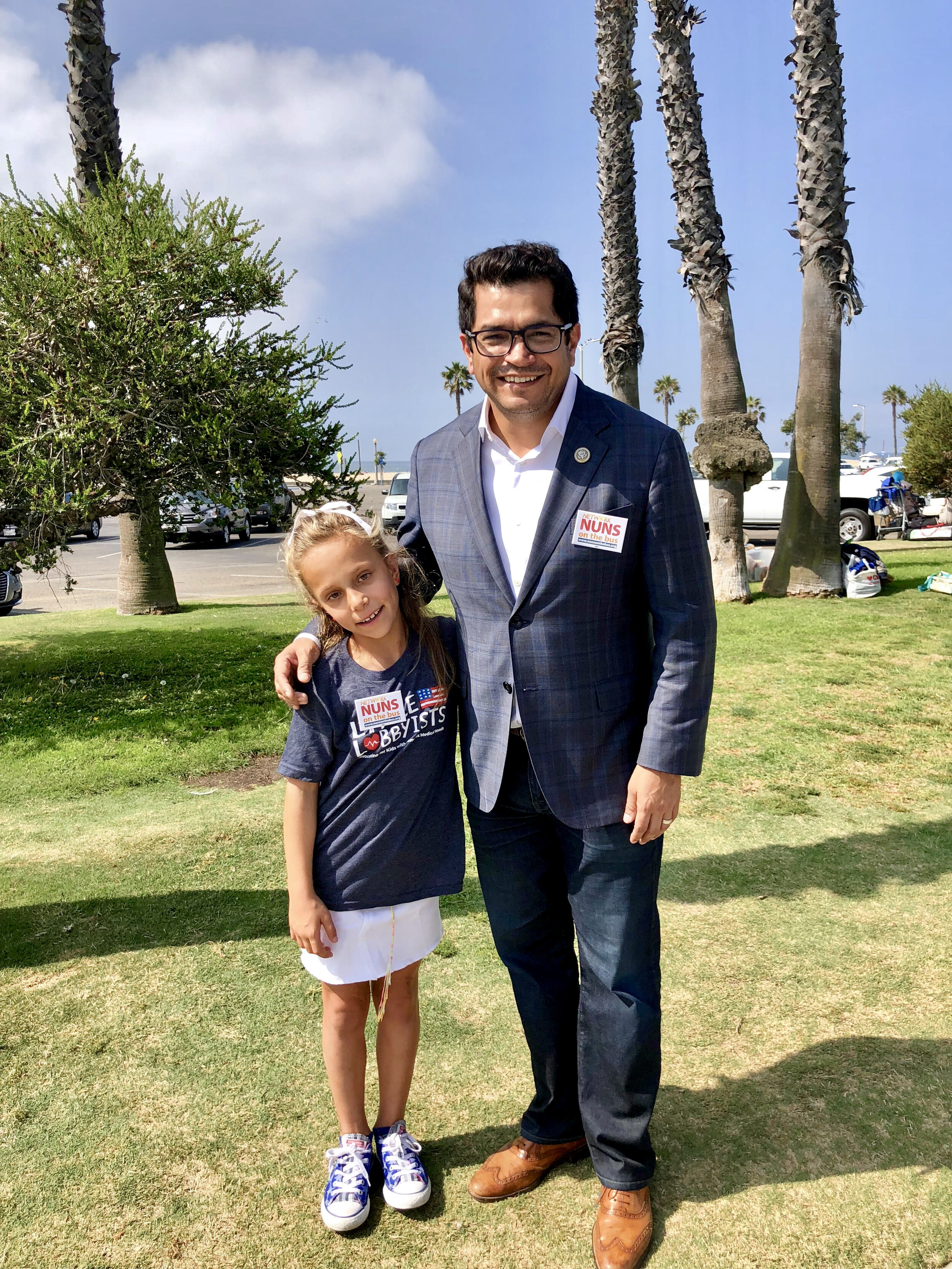
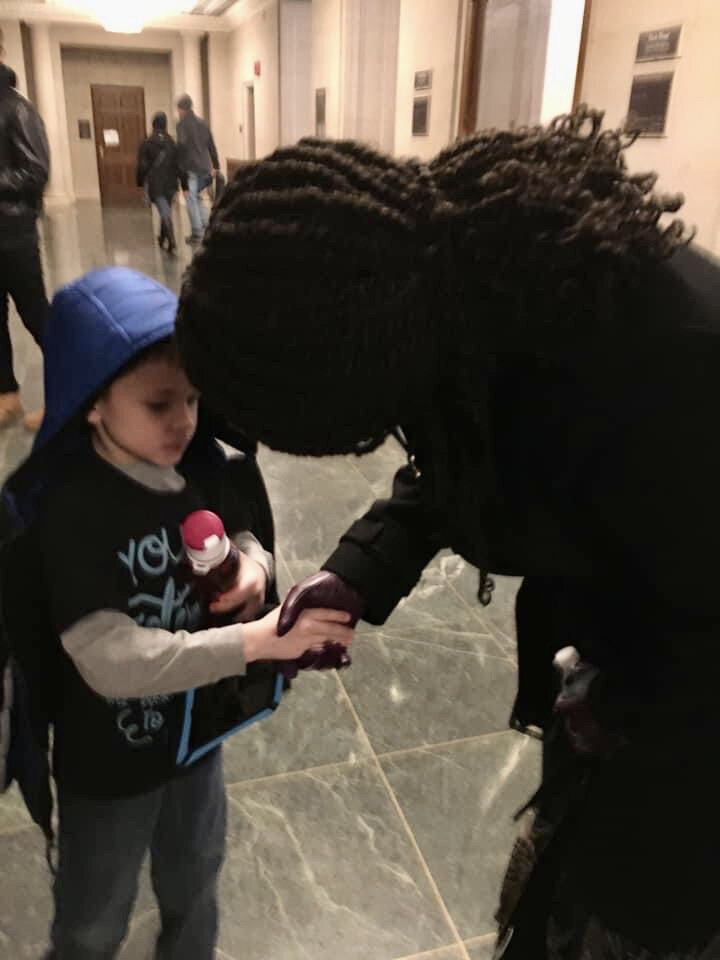
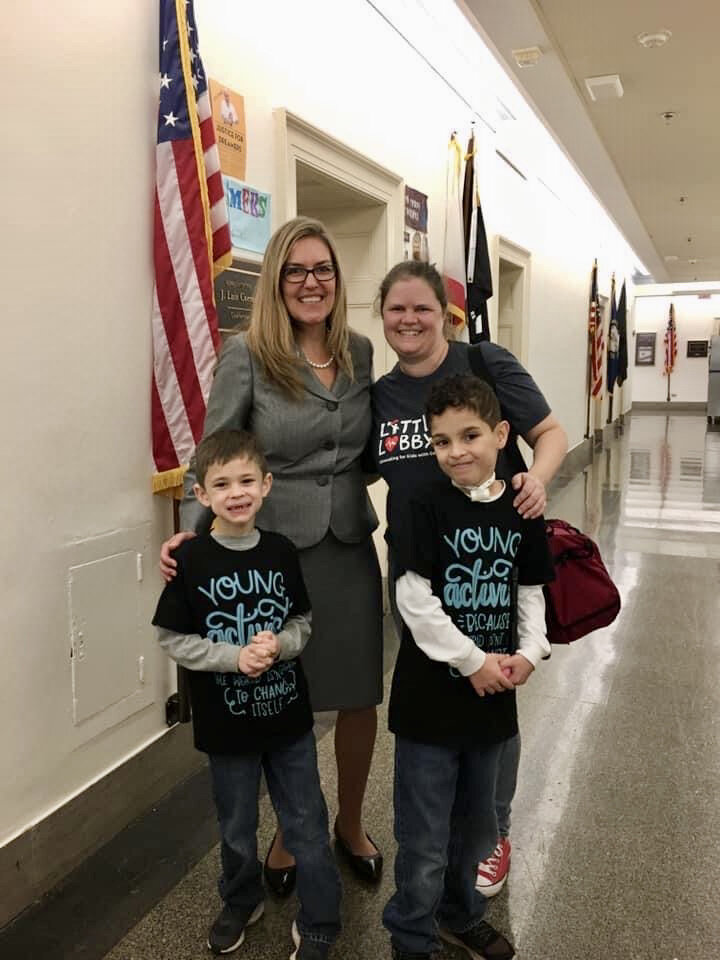
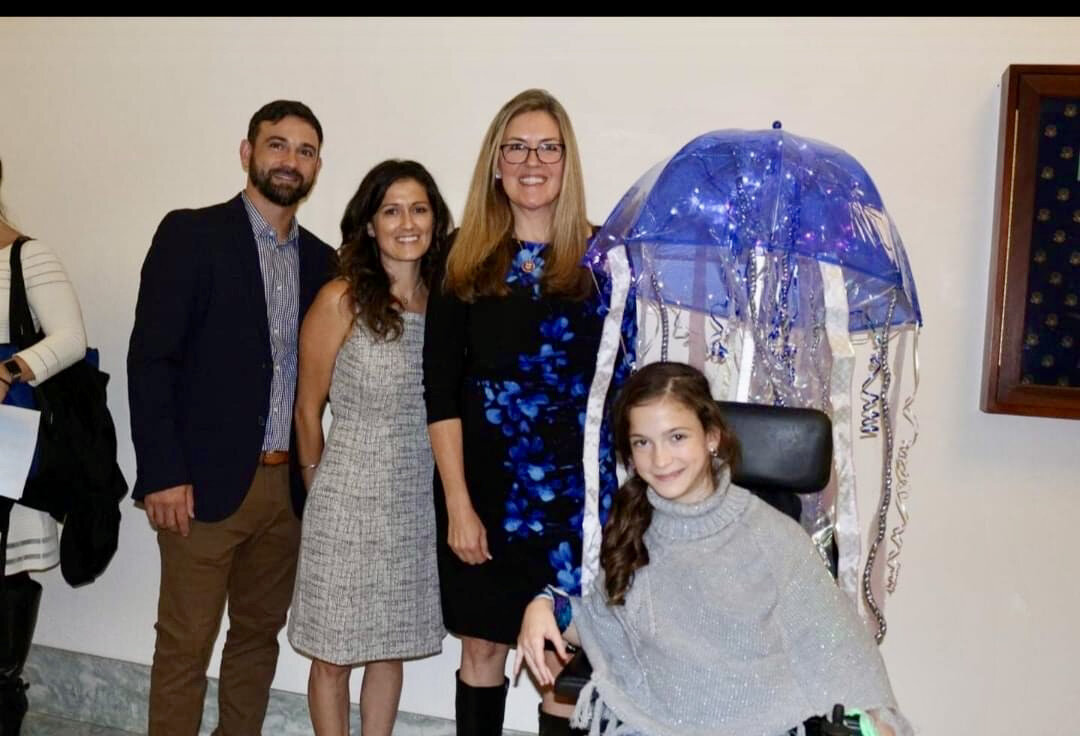
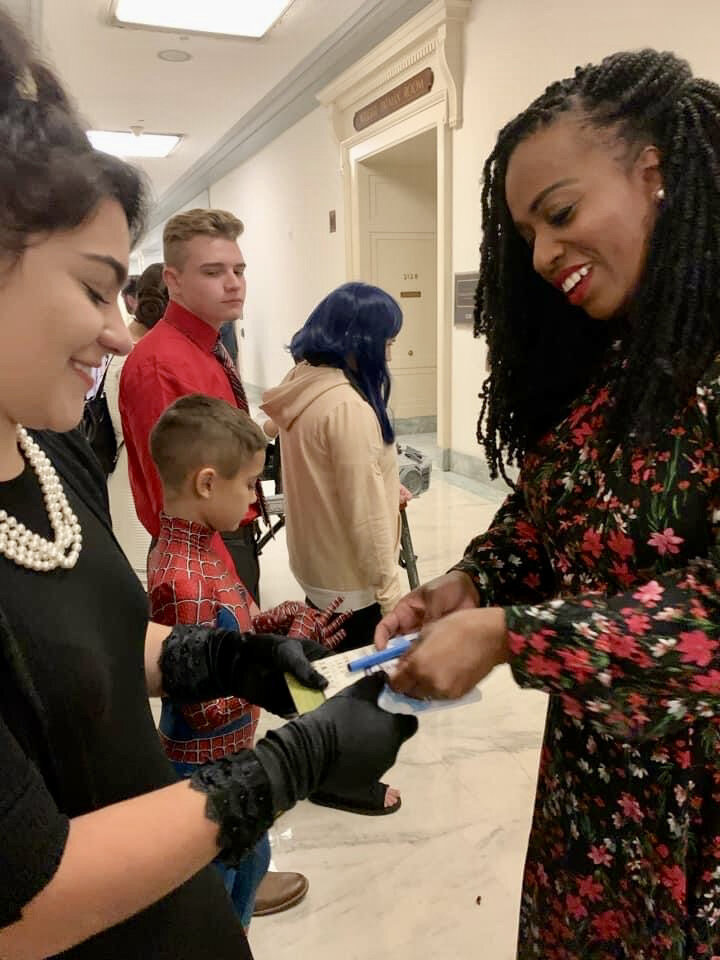
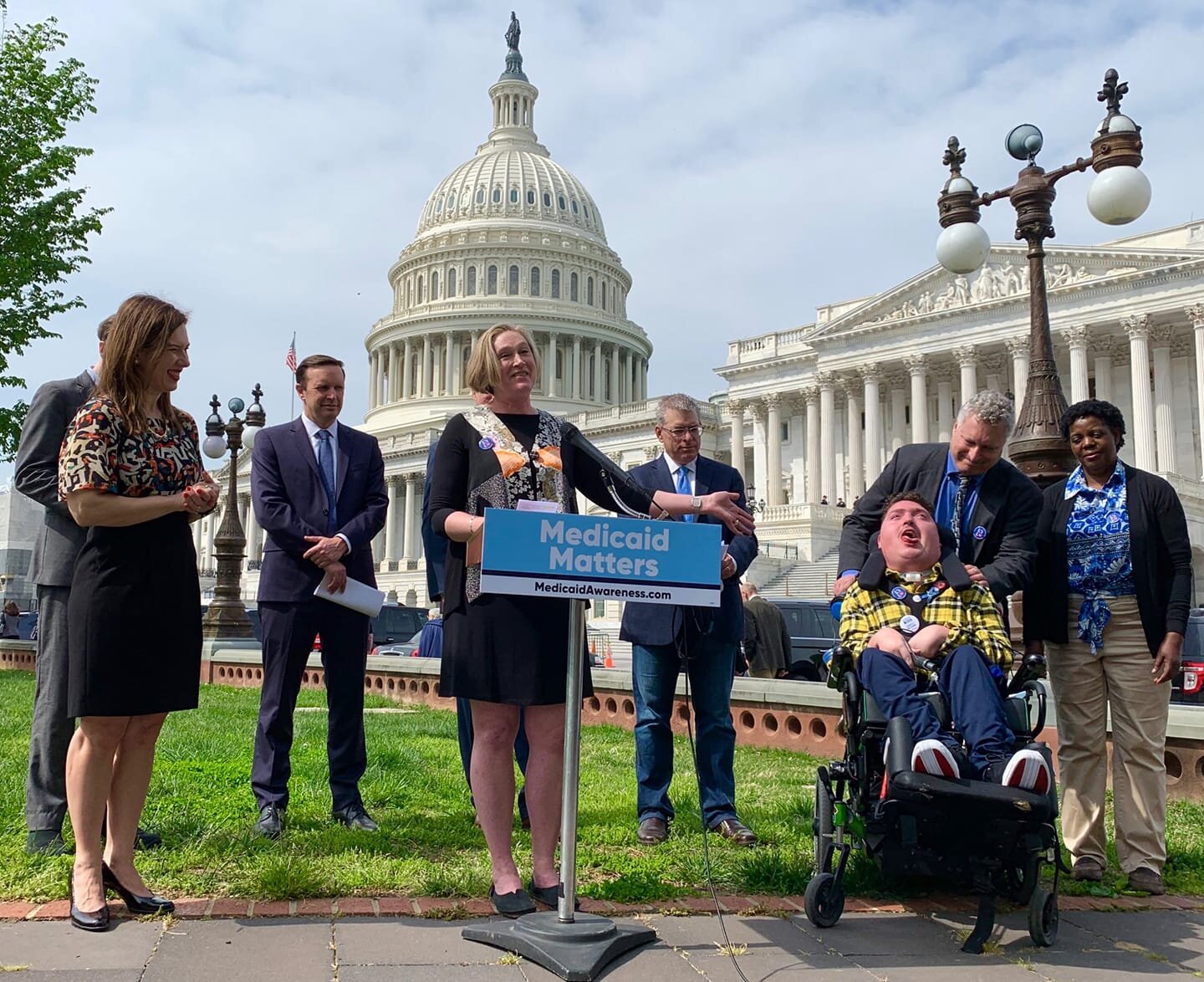
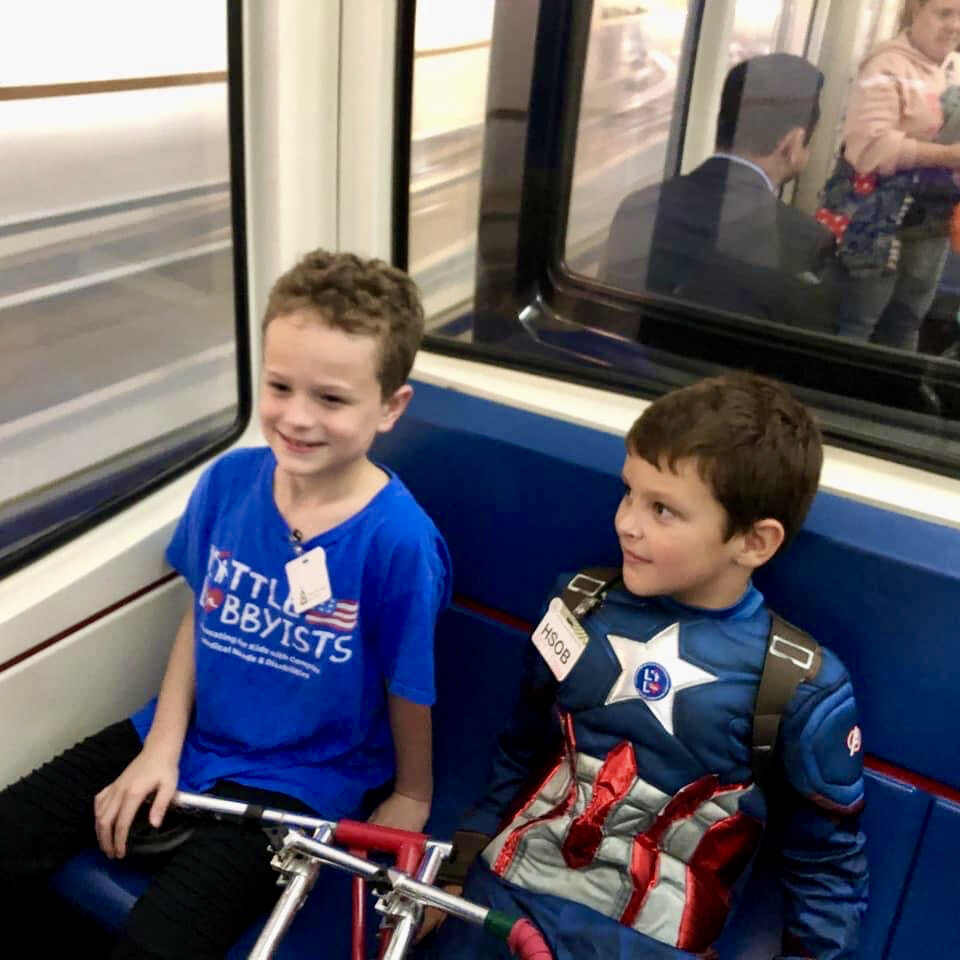
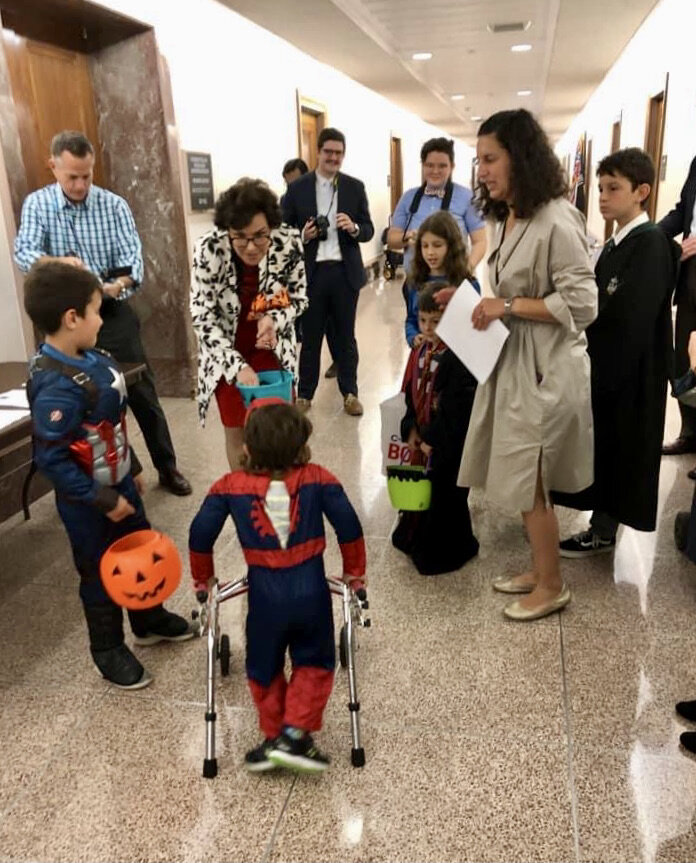
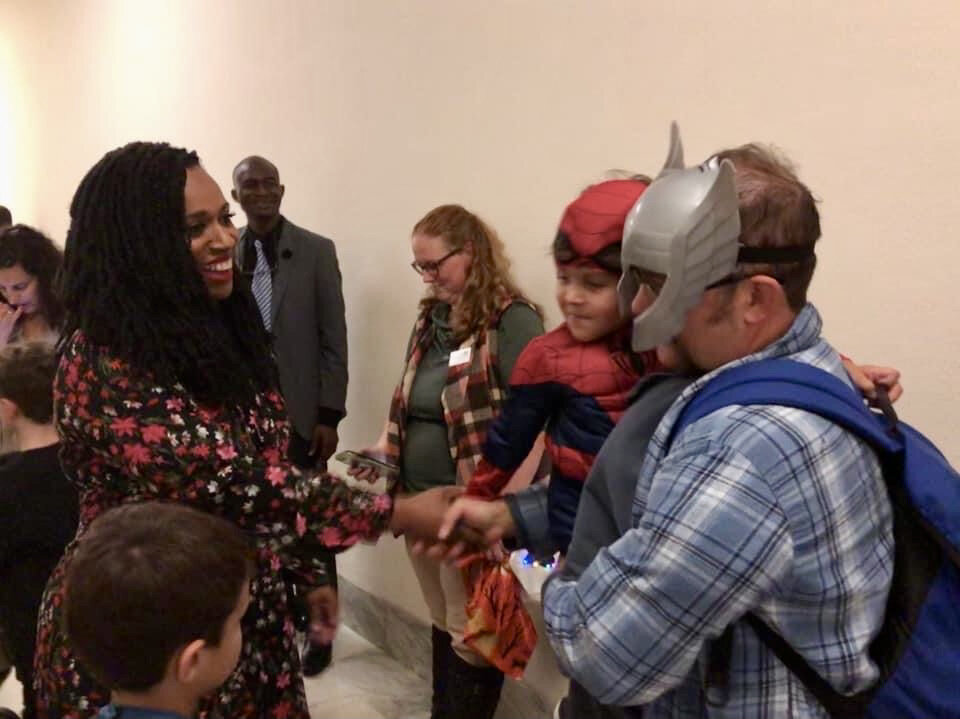

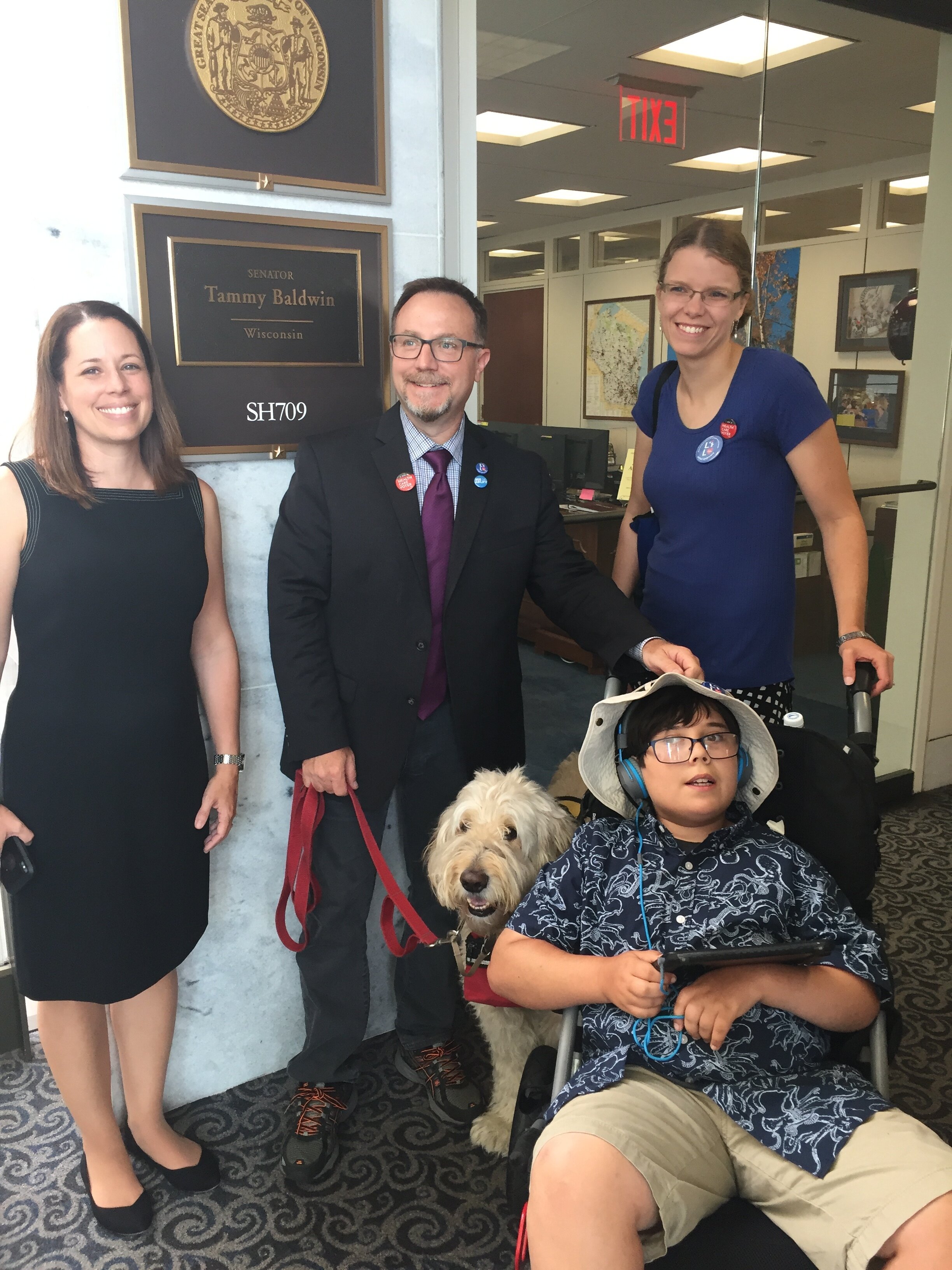
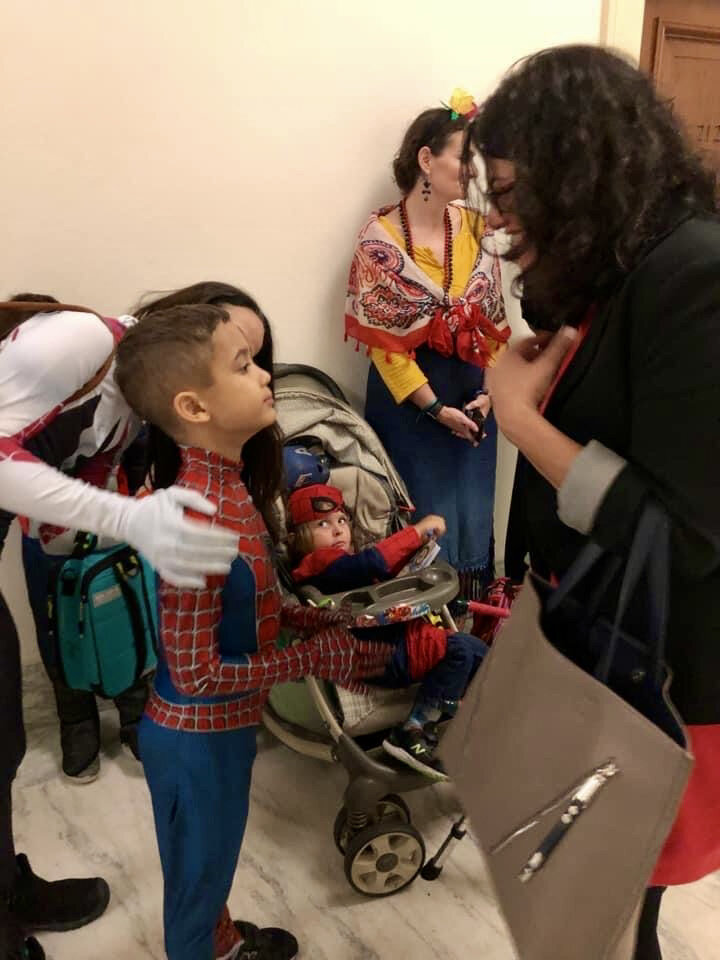
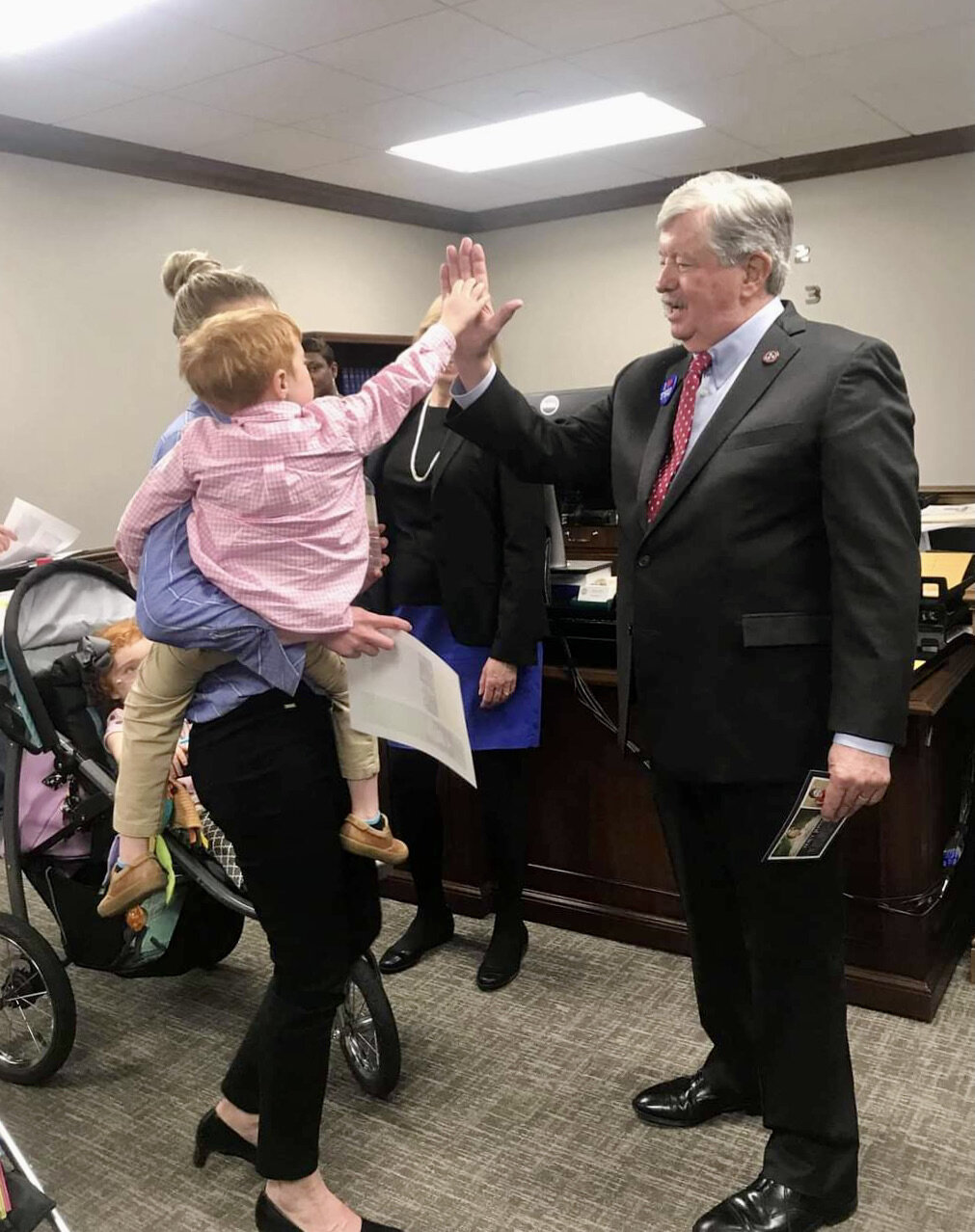
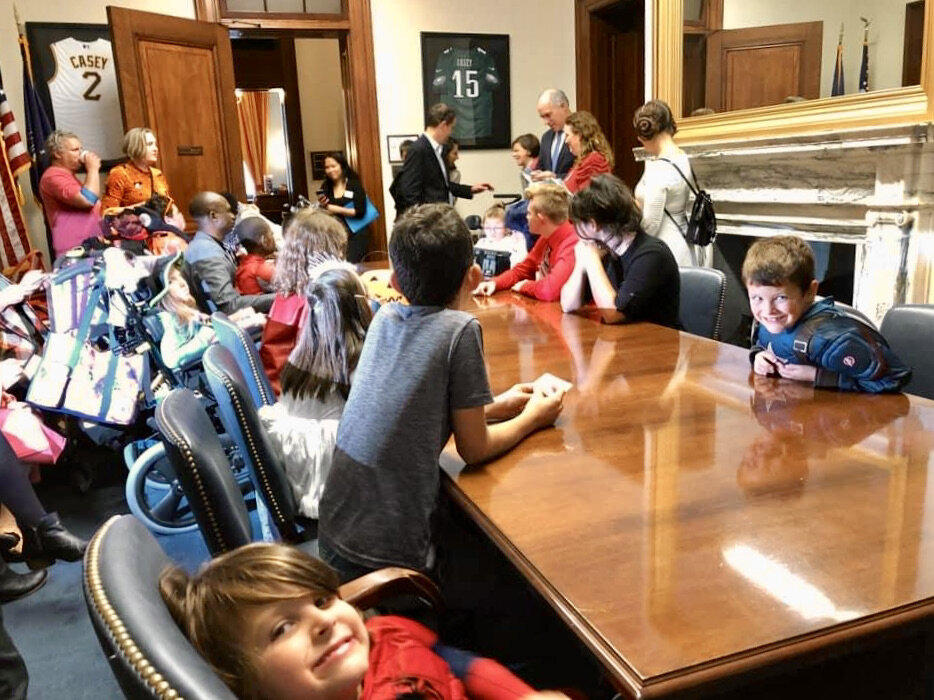
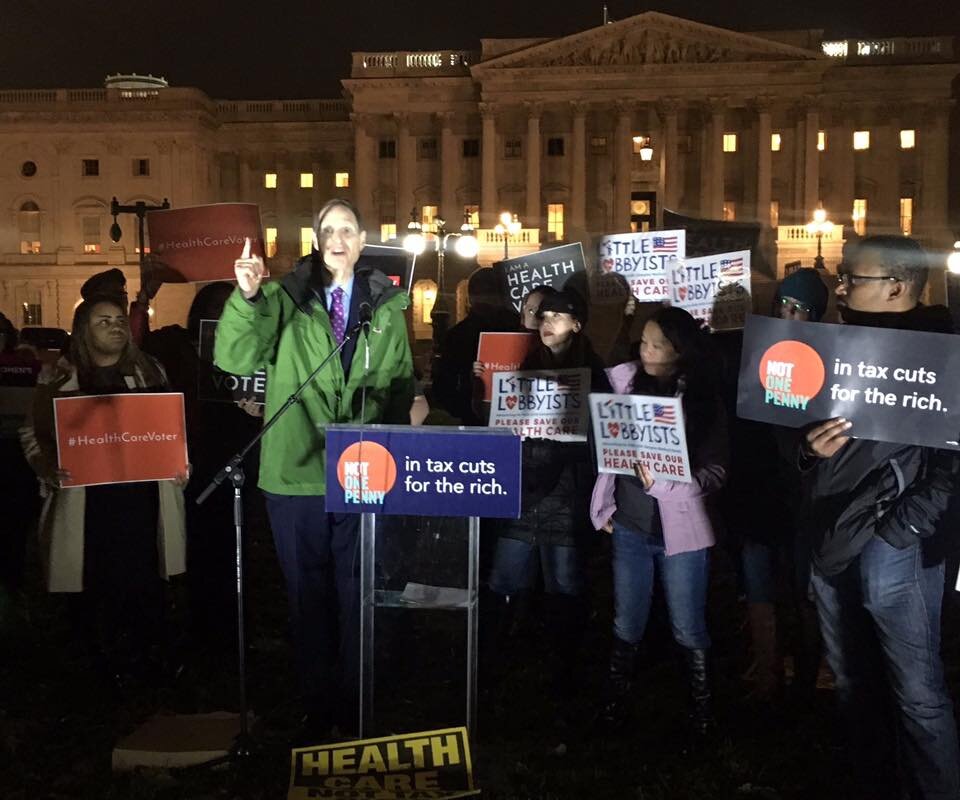
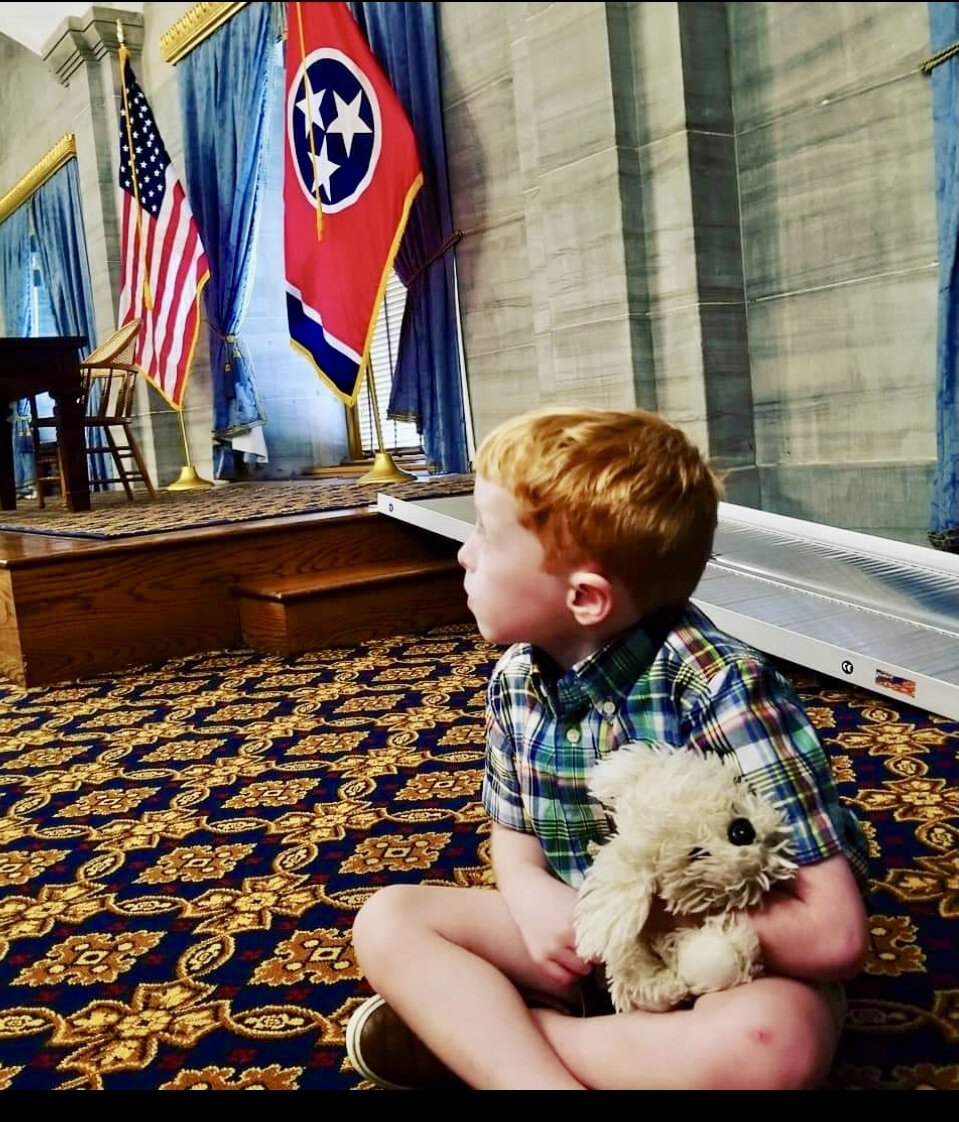
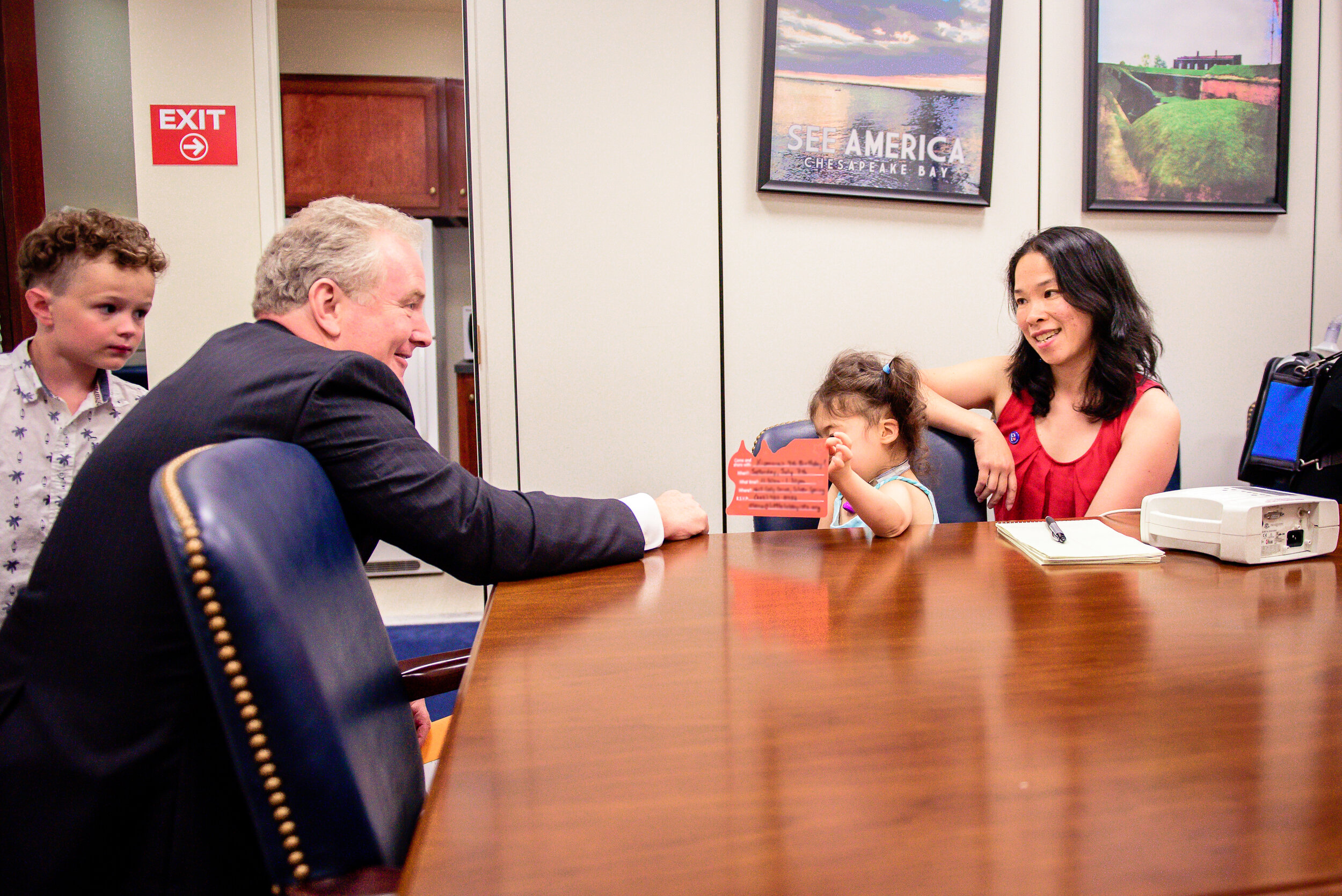
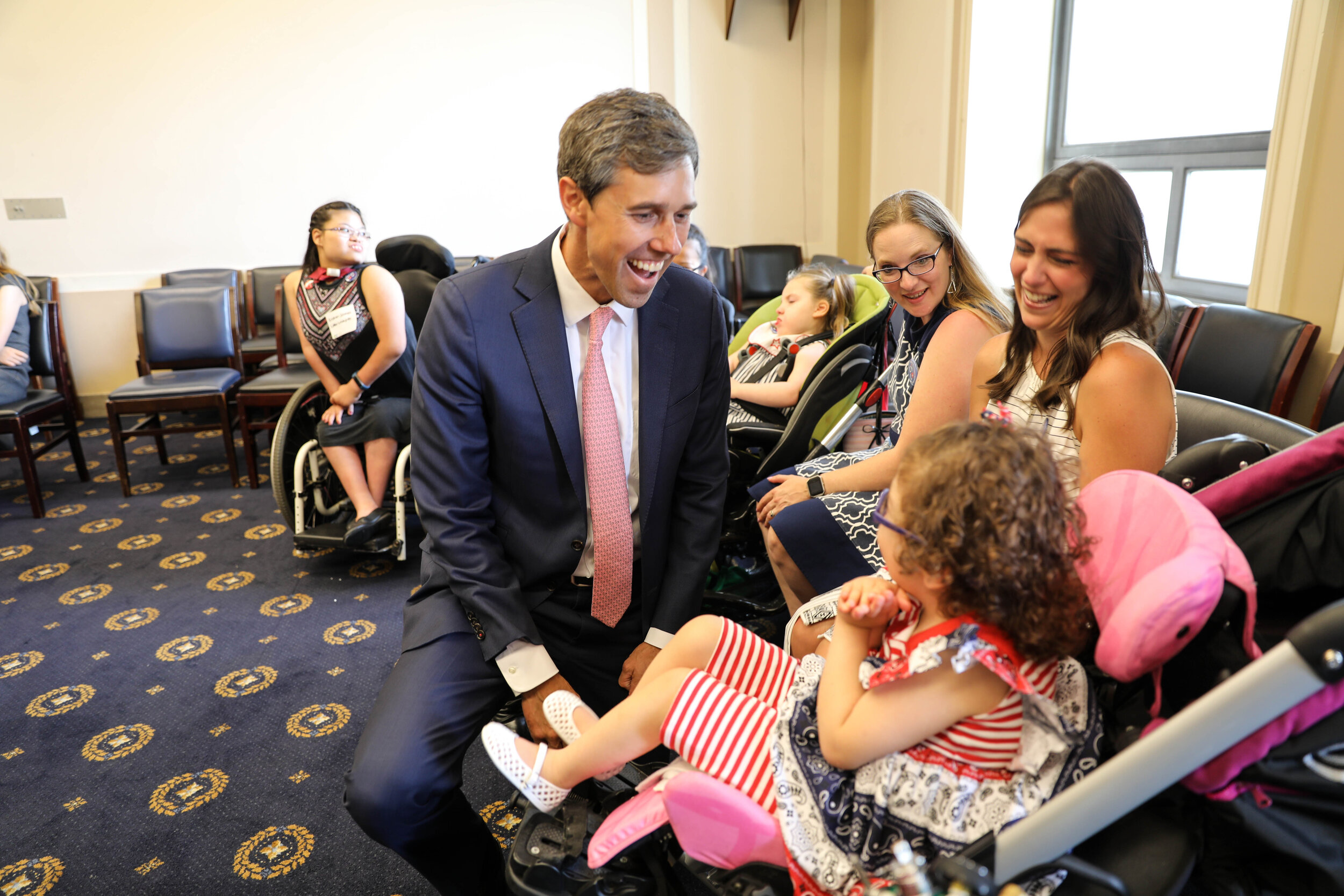
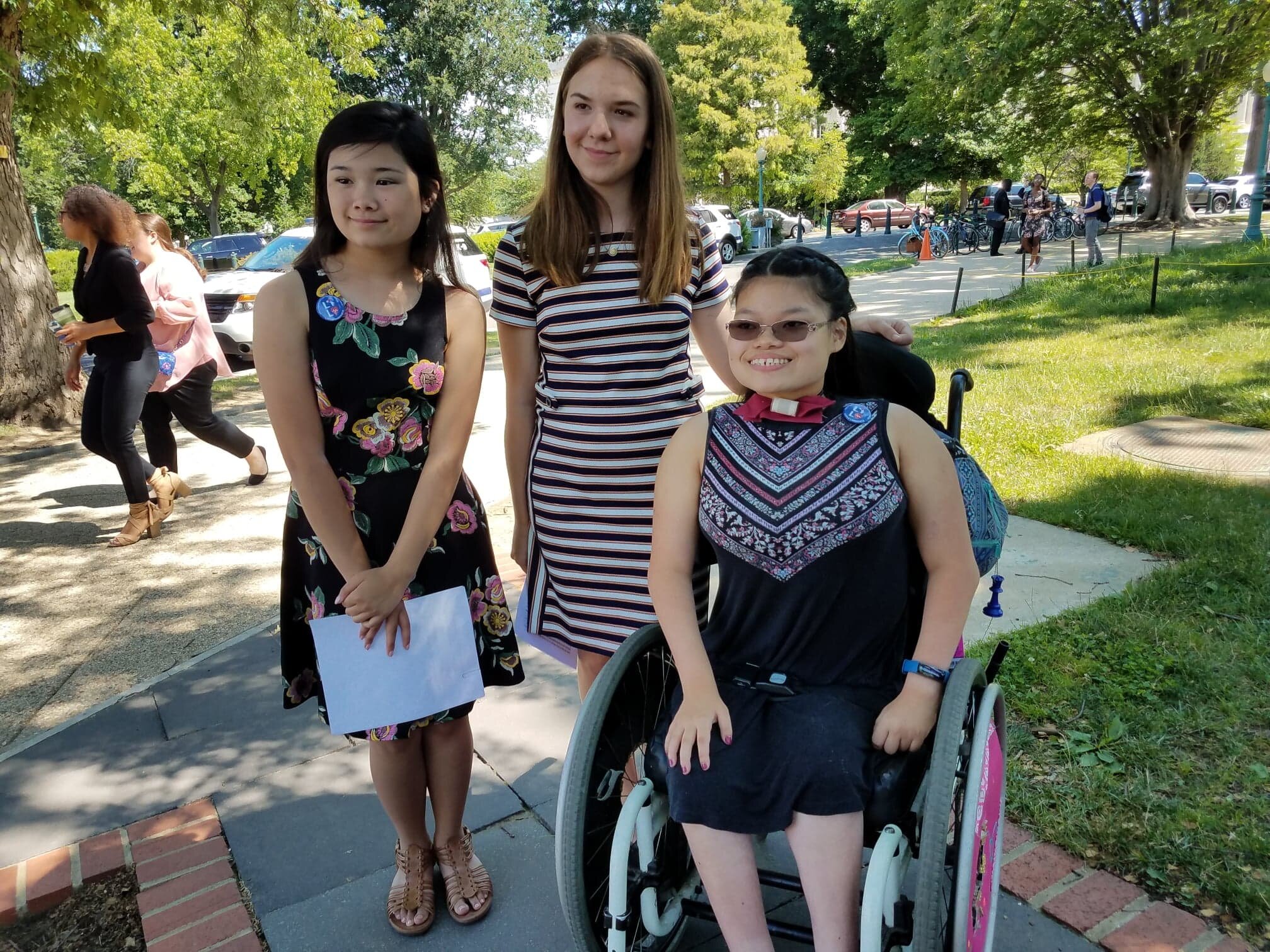
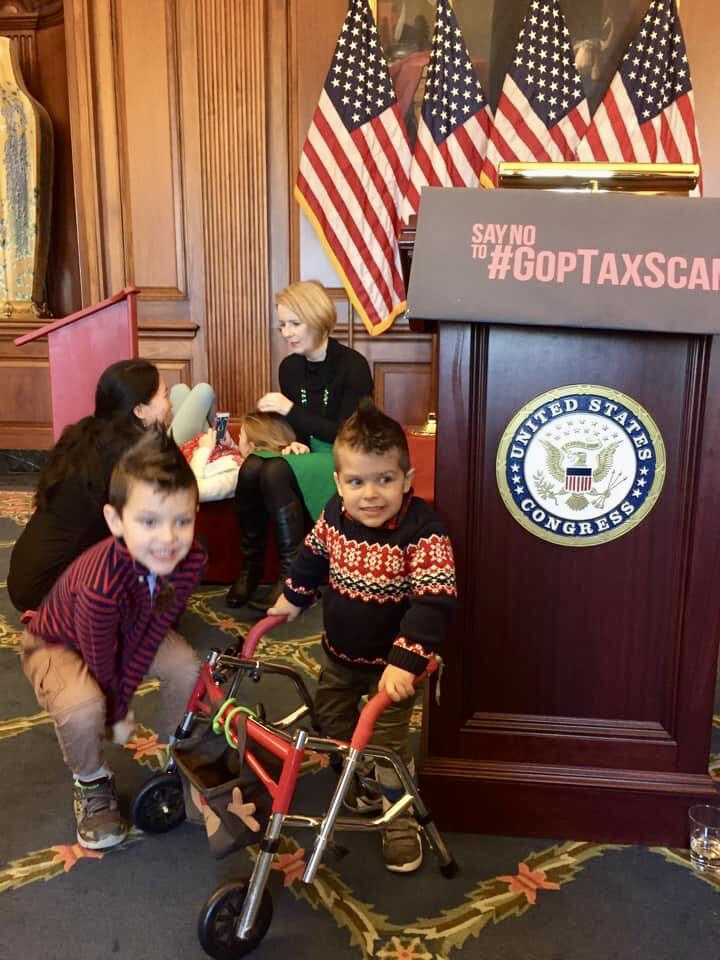
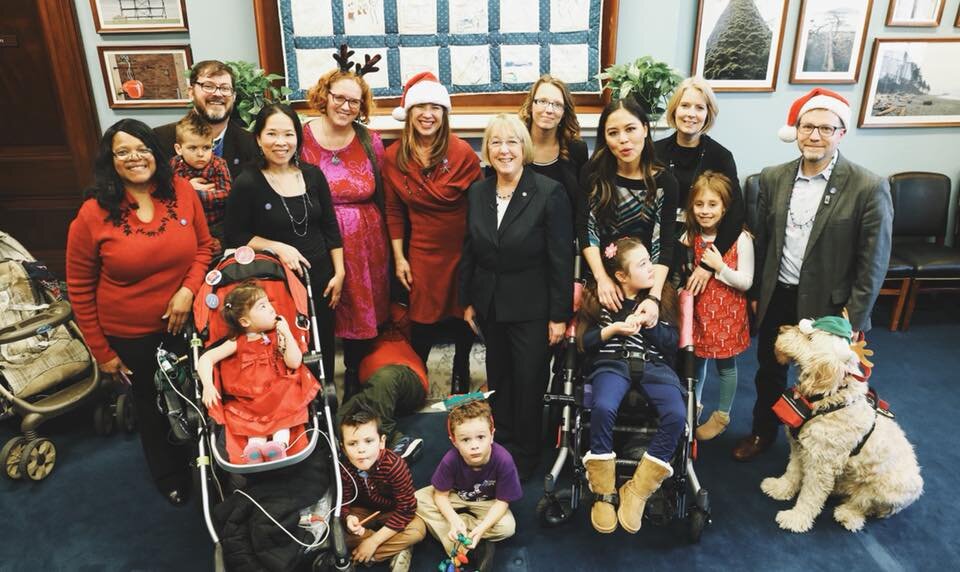
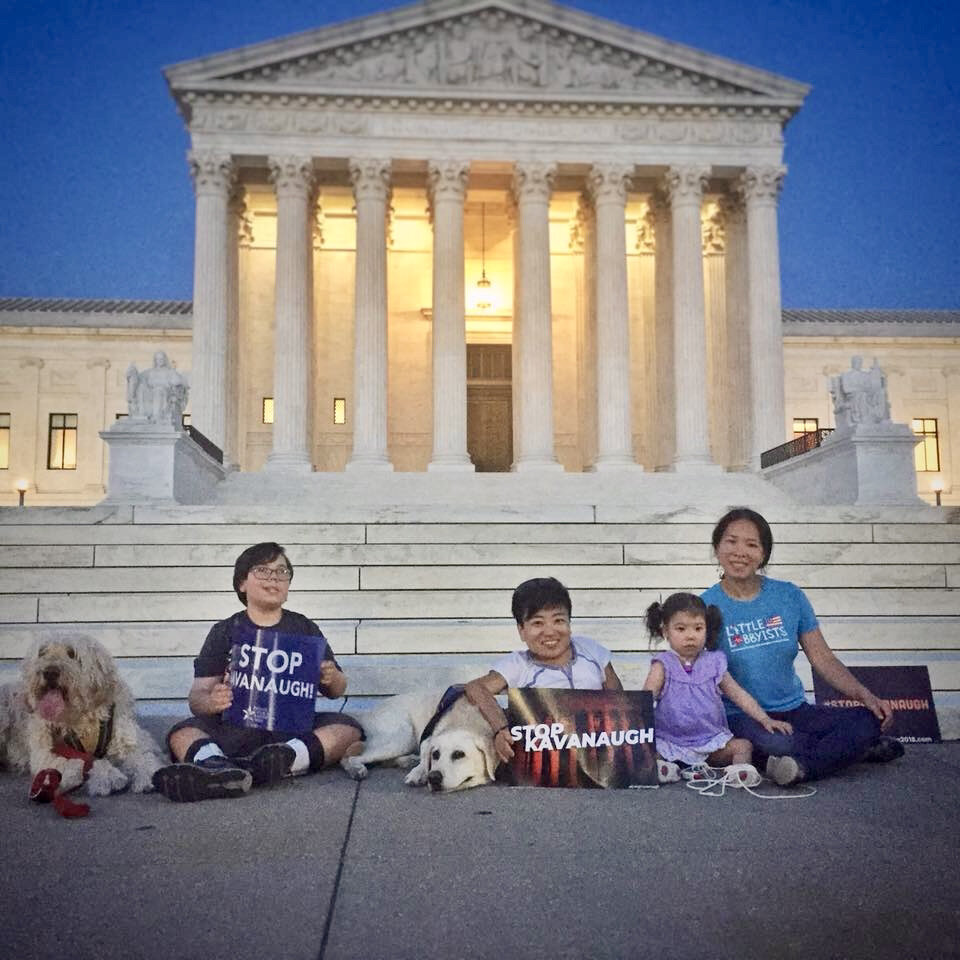
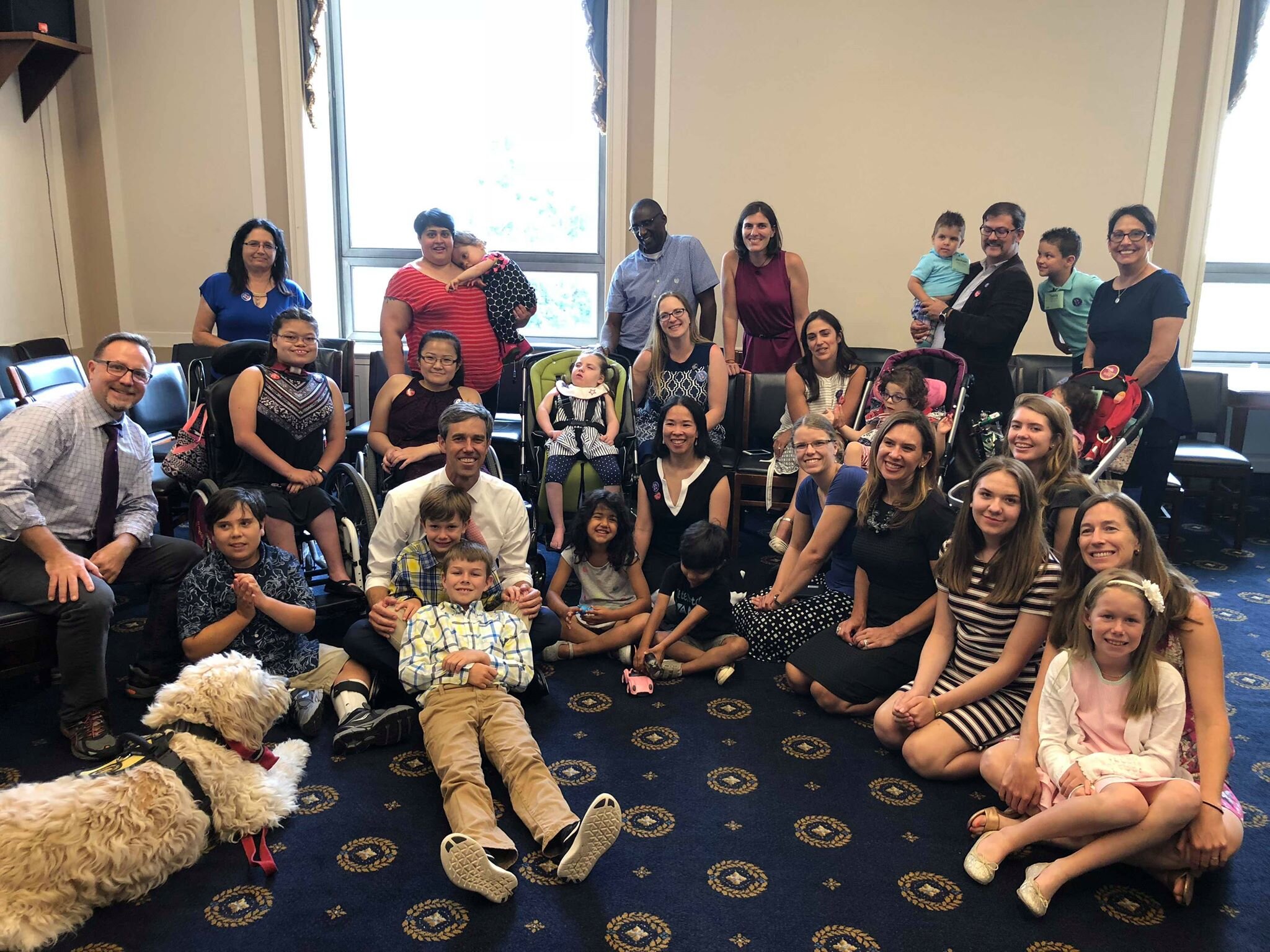
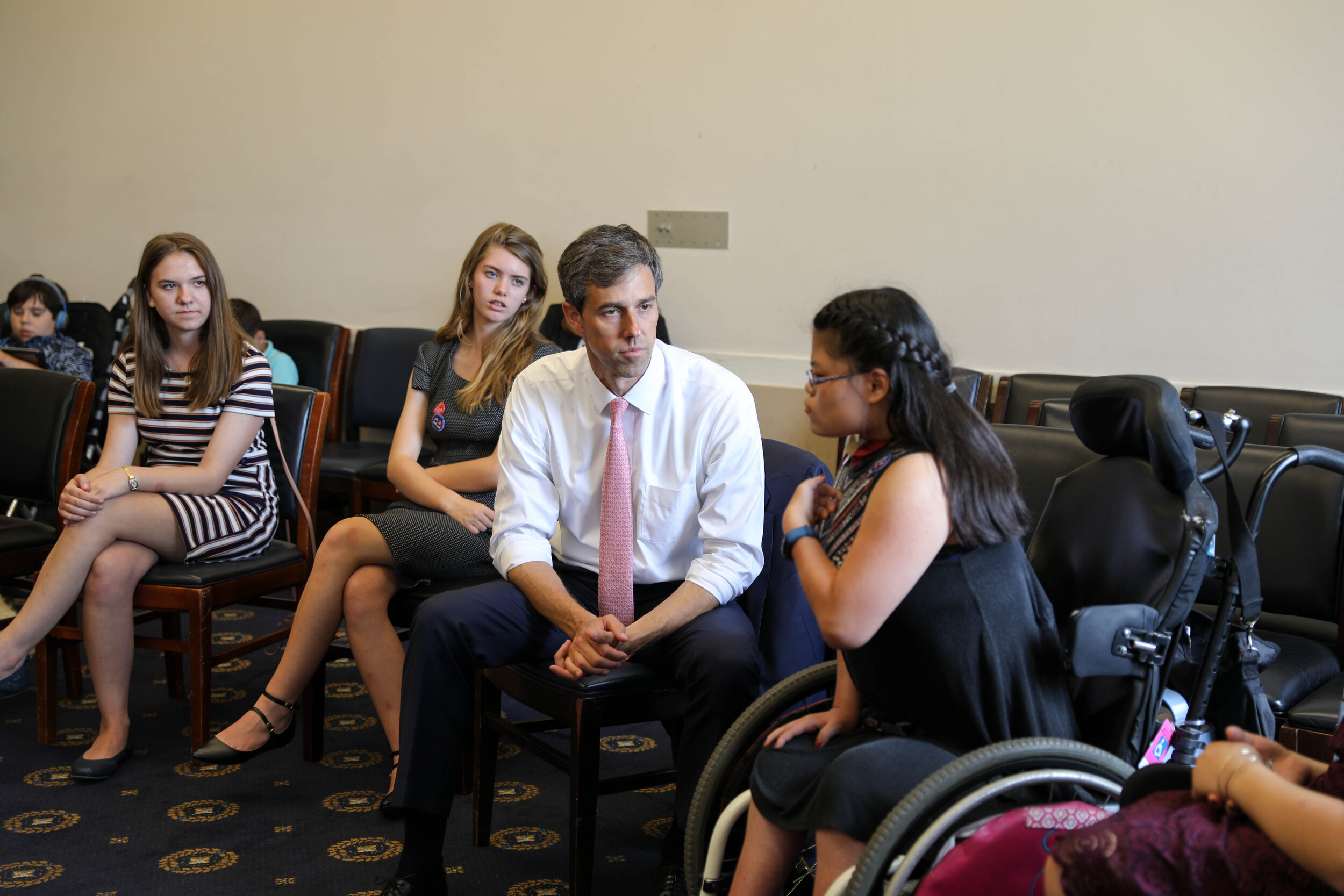
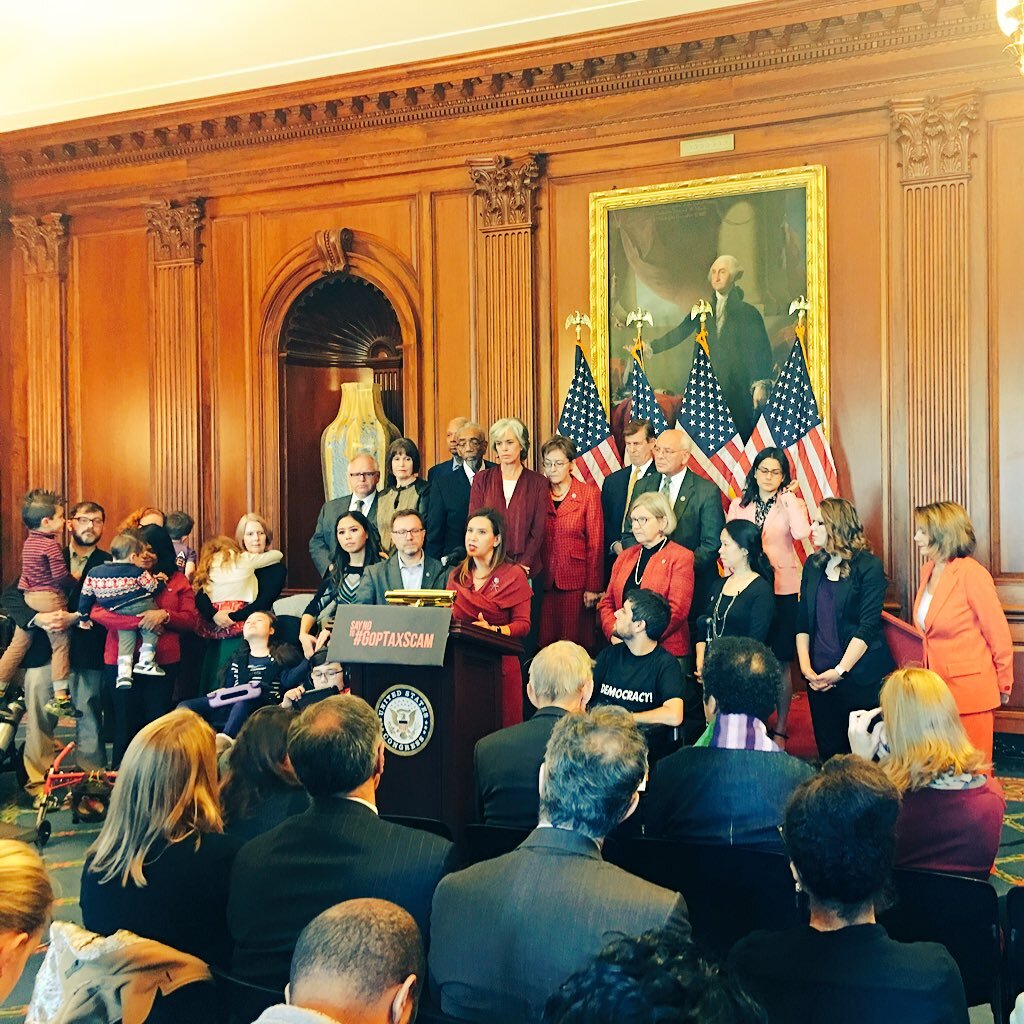
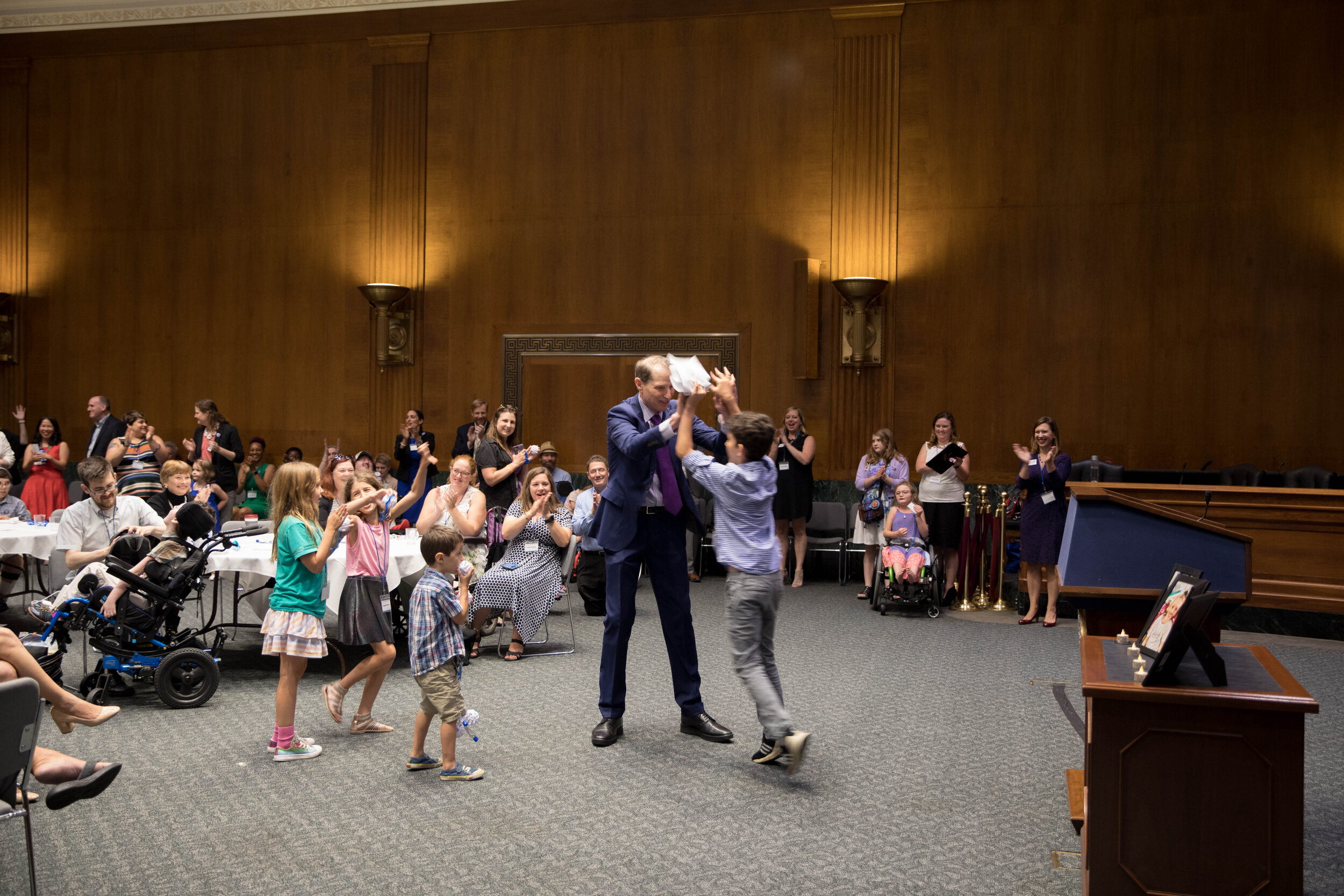
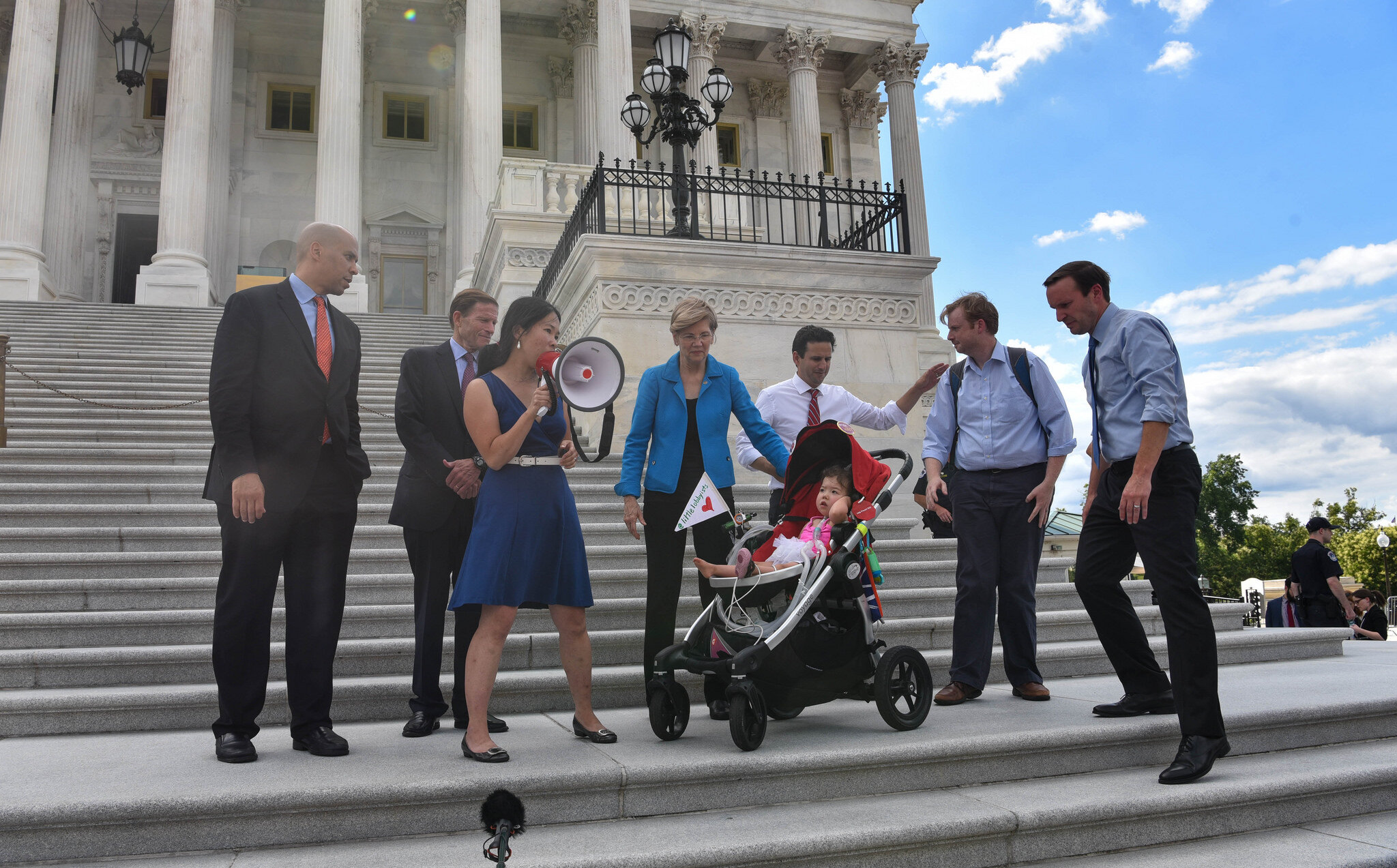
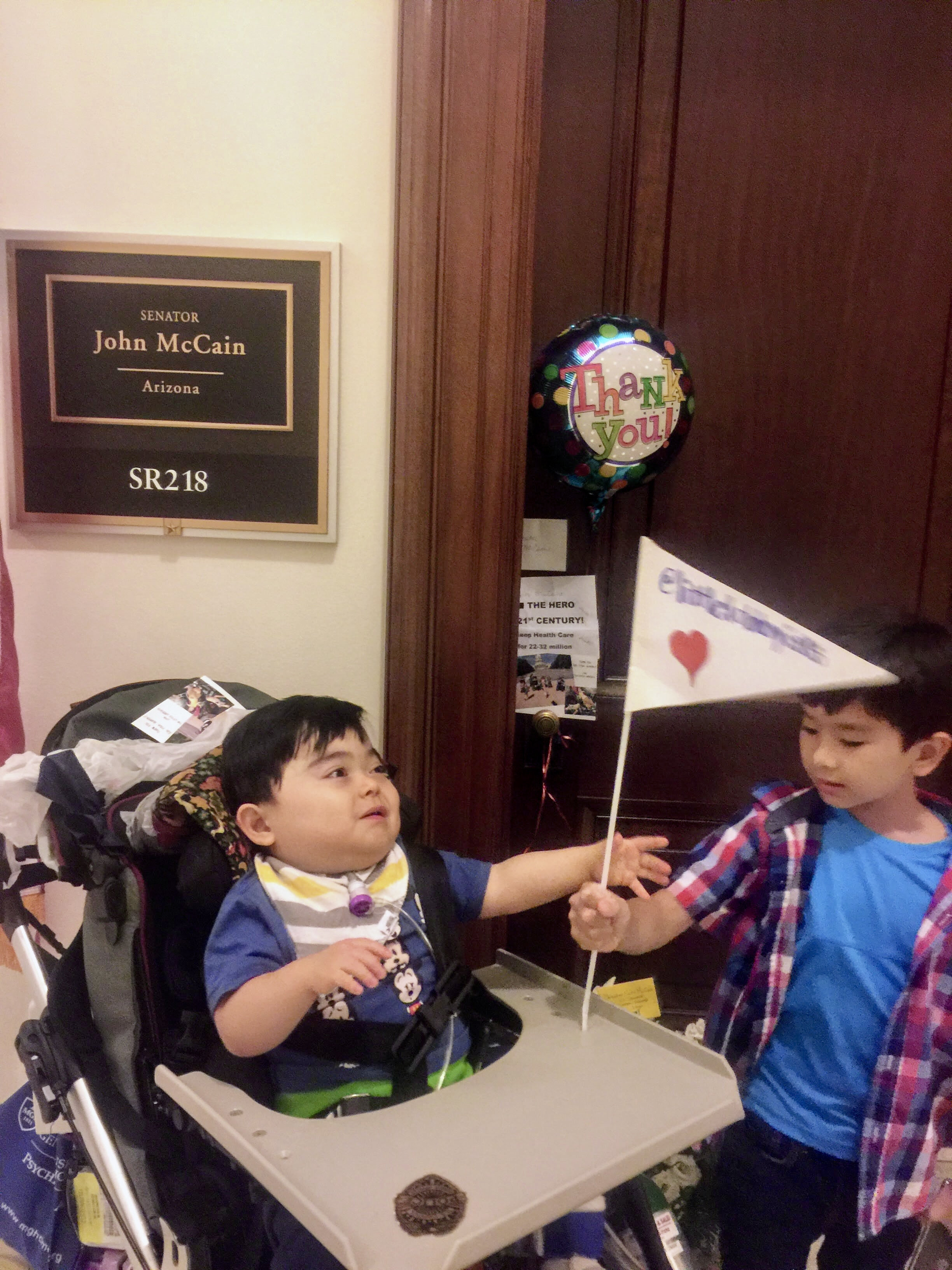
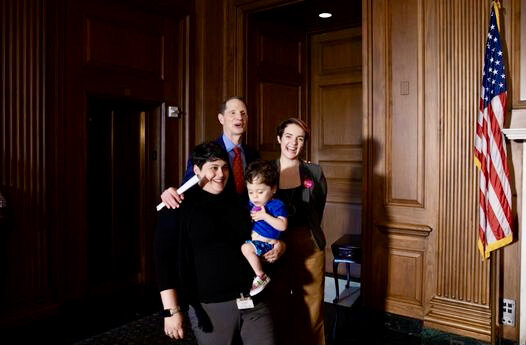
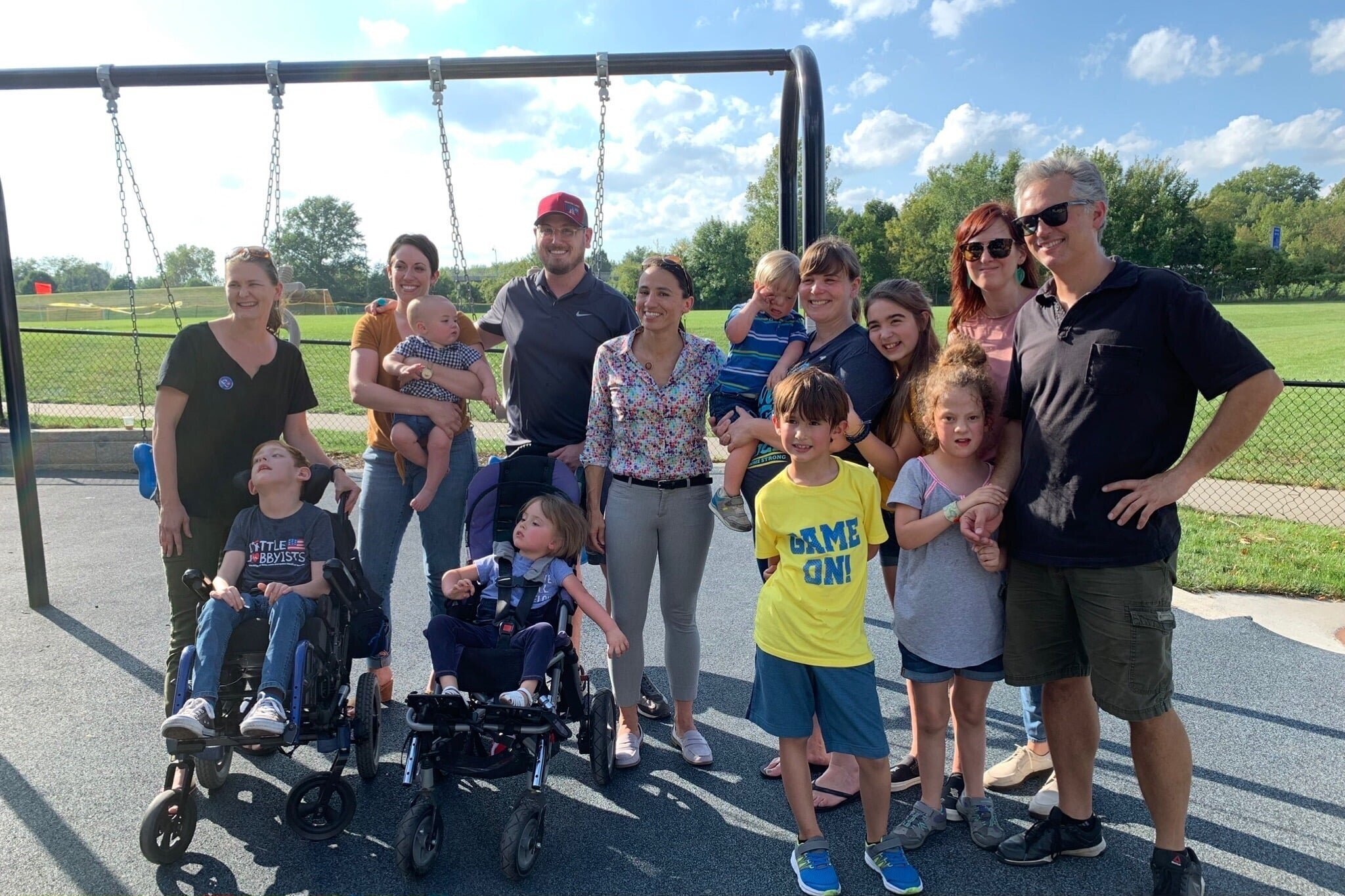
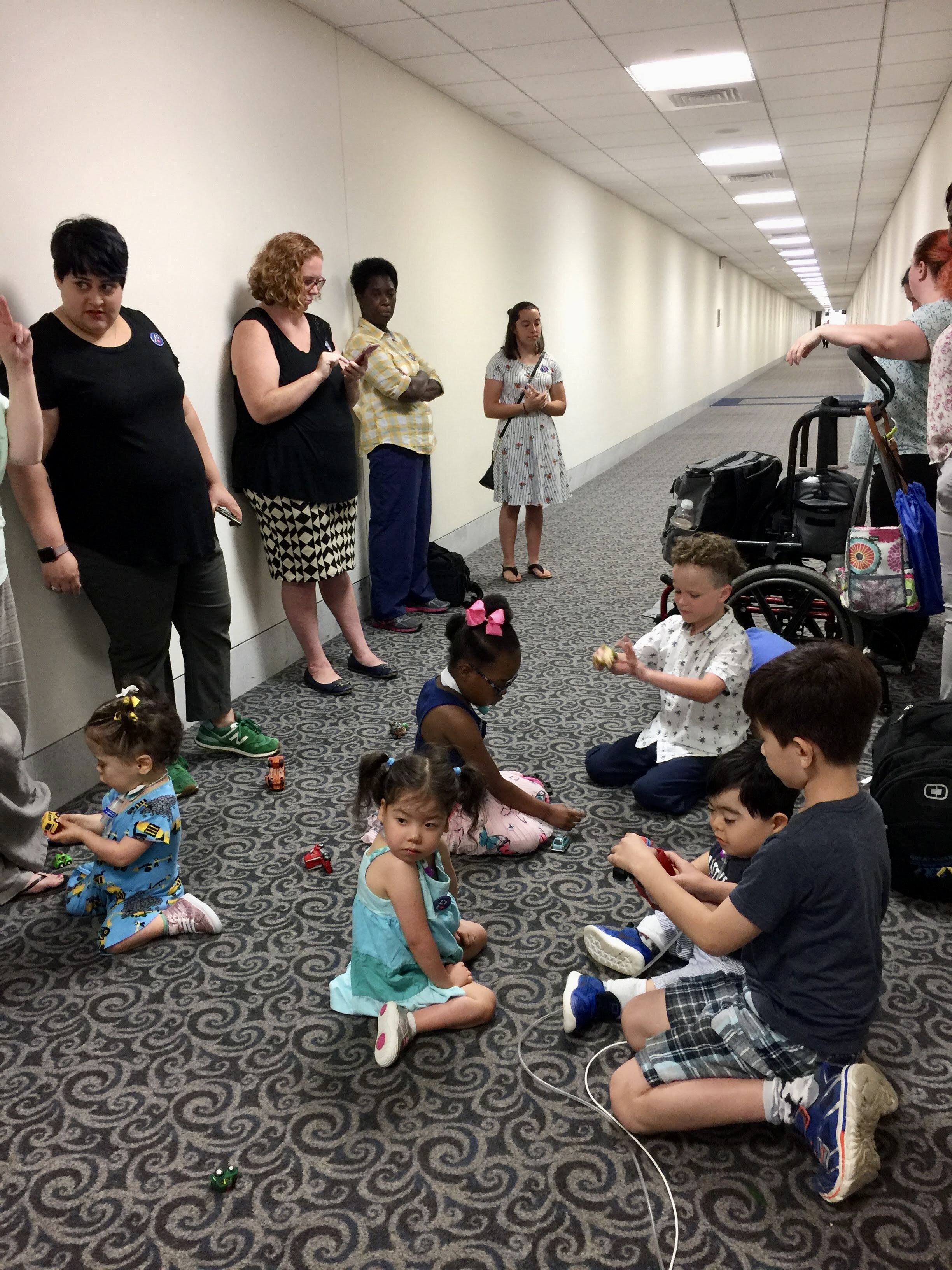
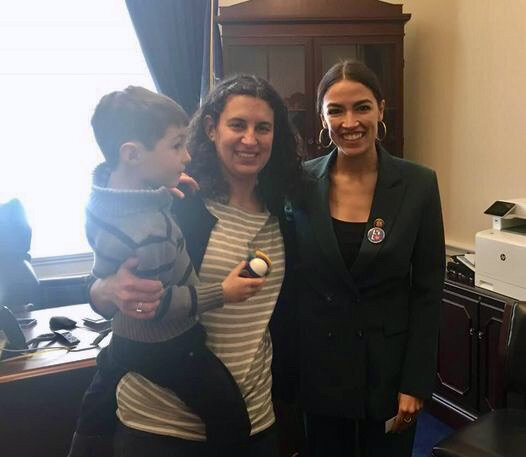
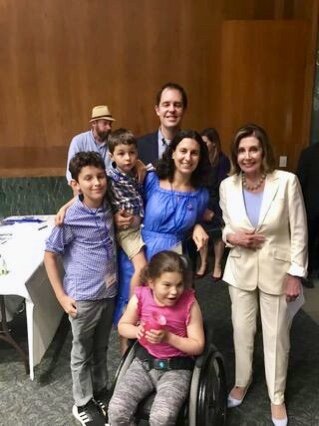
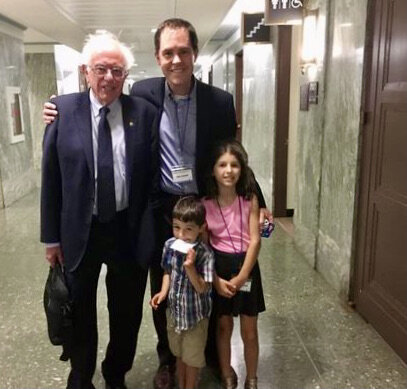
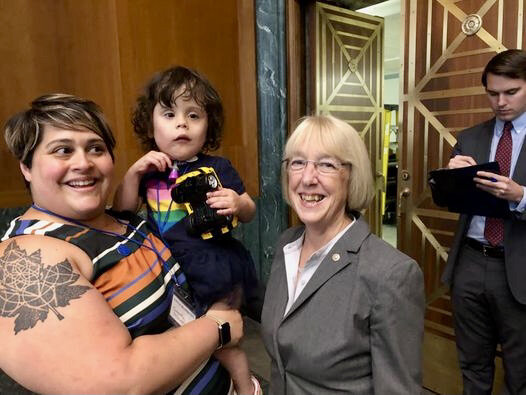
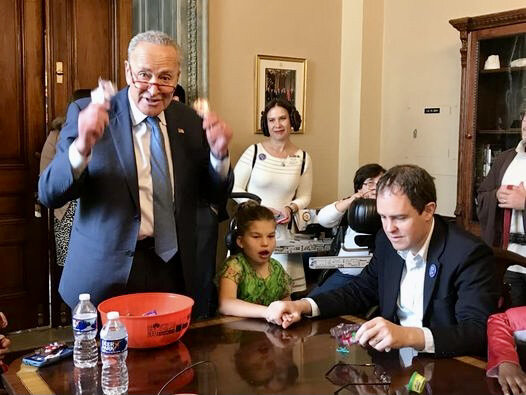
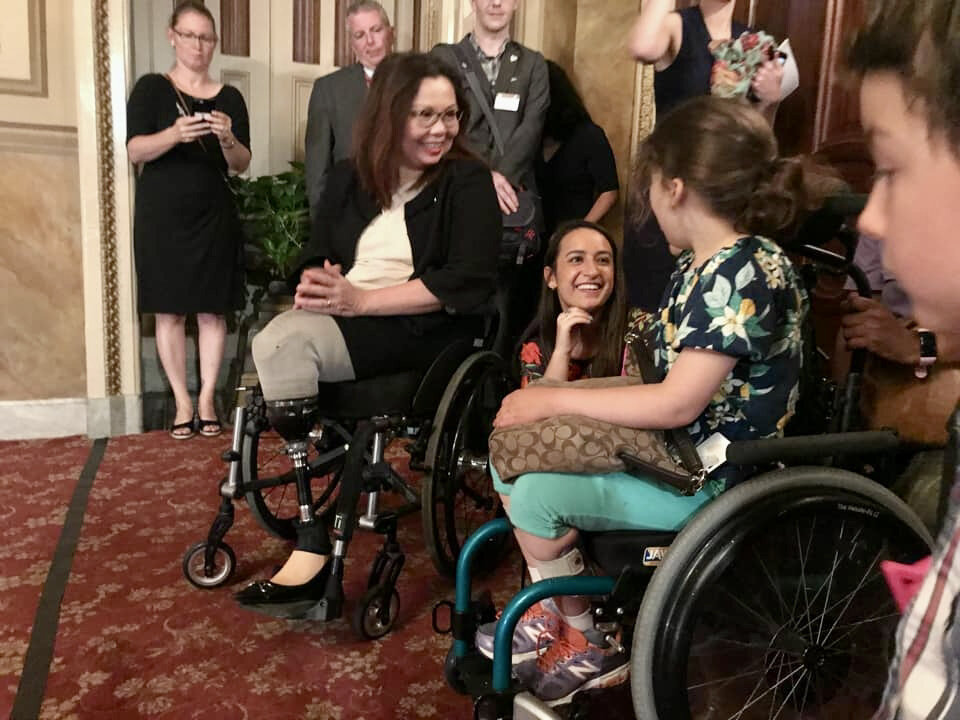
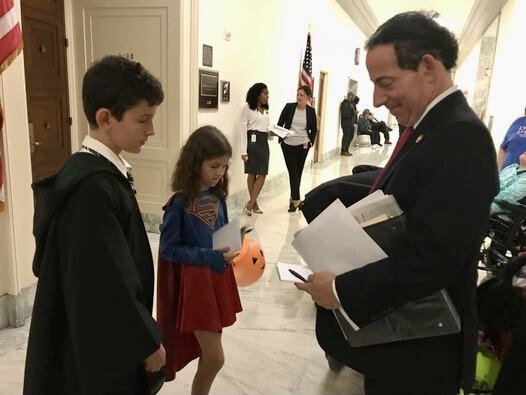
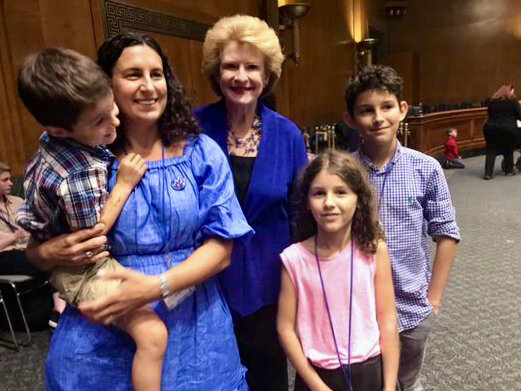
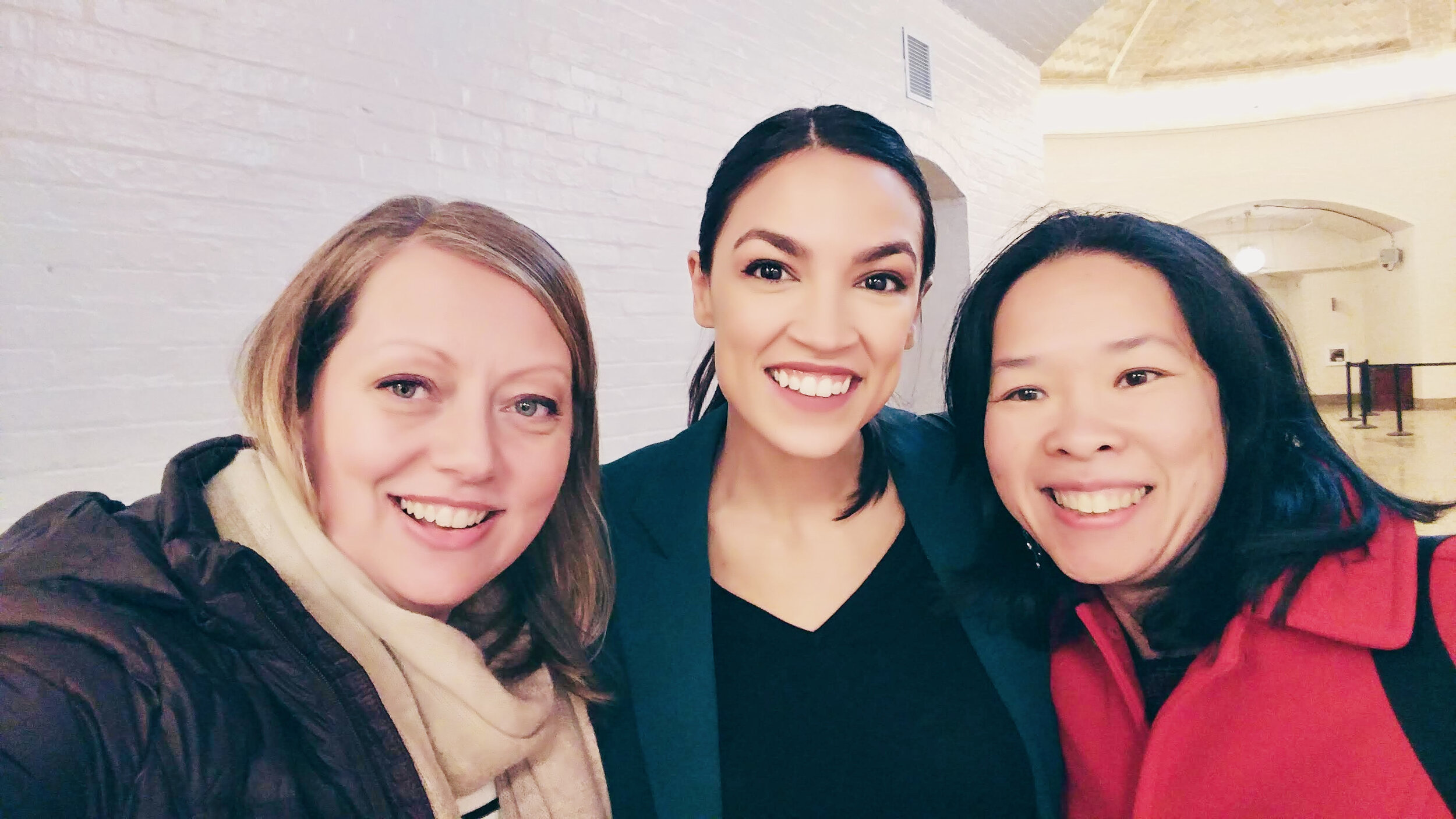
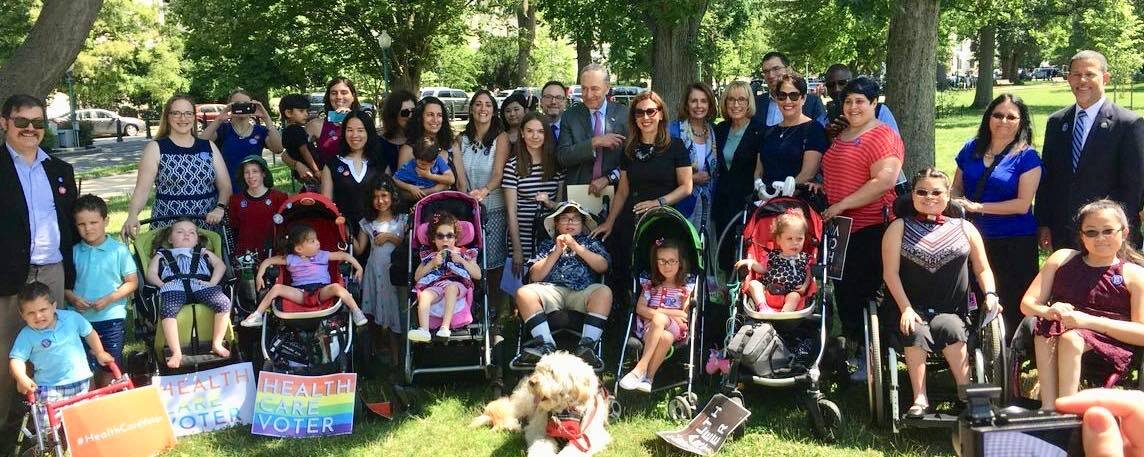

![Laura’s snowflakes. [image description: Above a table set with glasses, flowers and dishes are two windows decorated with paper snowflakes.]](https://images.squarespace-cdn.com/content/v1/59d8124080bd5eadd869b8b7/1607017673666-GPPH85WP4OHAEUBQZE3A/A319DF93-70DE-4587-955E-FE921F431FB2_1_201_a.jpeg)
![Jeneva reads holiday stories to her children Castin (l) and Rob (r) in 2012. [image description: Seated on a couch, with a brightly lit wreath in a window above, a mom reads a book to two young children.]](https://images.squarespace-cdn.com/content/v1/59d8124080bd5eadd869b8b7/1607017353400-3G686RHZ5BYJ3EYTBALU/F6CB6CA1-094A-4417-A61F-DF1958810F3E.jpeg)
![Laura and her son Simon. [image description: A mom and her son, both wearing nay blue Little Lobbyists t-shirts, stand in front of an American flag. The mom points proudly to her son.]](https://images.squarespace-cdn.com/content/v1/59d8124080bd5eadd869b8b7/1607017537798-MED837UWESOWBLHYXZK0/F4580C37-7AE7-4E26-89FB-EF508BAE5E44_1_201_a.jpeg)














![[IMAGE DESCRIPTION: photo of four Little Lobbyists families and two service dogs sitting on the ground in front of the U.S. Supreme Court steps]](https://images.squarespace-cdn.com/content/v1/59d8124080bd5eadd869b8b7/1596045178971-DTEU4URBWTBJGVVKPEKY/scotus.jpg)


